100 Best TV-MA TV Shows on Netflix Right Now
Are the kids gone? If you’re looking to watch R-rated shows on Netflix, we got you. In this list, we’ve gathered the best shows on the platform that are rated TV-MA, which are strictly for mature adults only. No censors or kid-friendly swearing here, which means the sky’s the limit for story, dialogue, themes, and more. We’ll be updating this list constantly, so make sure you check it out regularly.
Jump to the top 10:
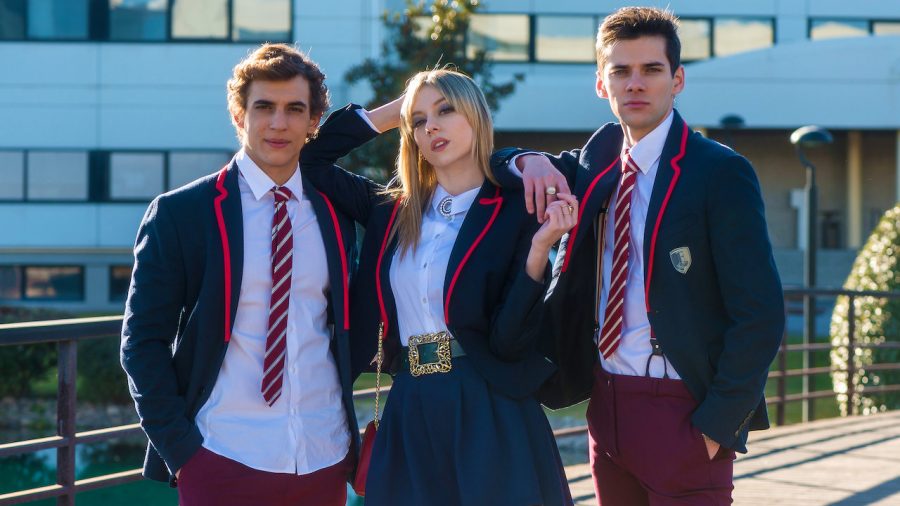
Three kids from a poor neighborhood win scholarships to the best high-school in Spain and later find themselves at the center of a murder. There is a lot that comes to the surface from the working-class kids clashing with the wealthy. Themes of money, power, religion, and even sexuality make this show so compelling that I never felt like I needed a murder to keep watching.
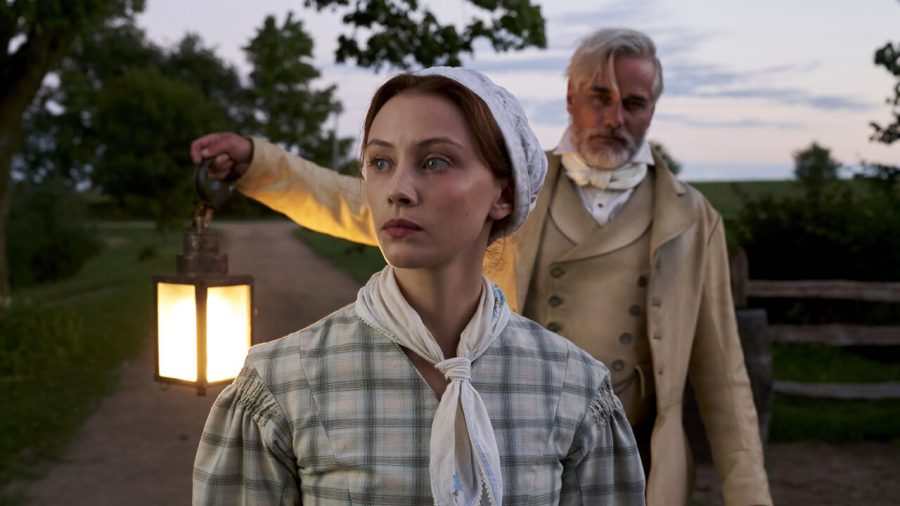
This miniseries is based on a Margret Atwood novel and was also produced by her. The script was written by Canadian filmmaker extraordinaire Sarah Polley (Stories We Tell).
Grace is a poor but bright Irish immigrant in Upper Canada who is accused and convicted of a double murder. 15 years into her life sentence, a young American doctor is sent to try to get her out.
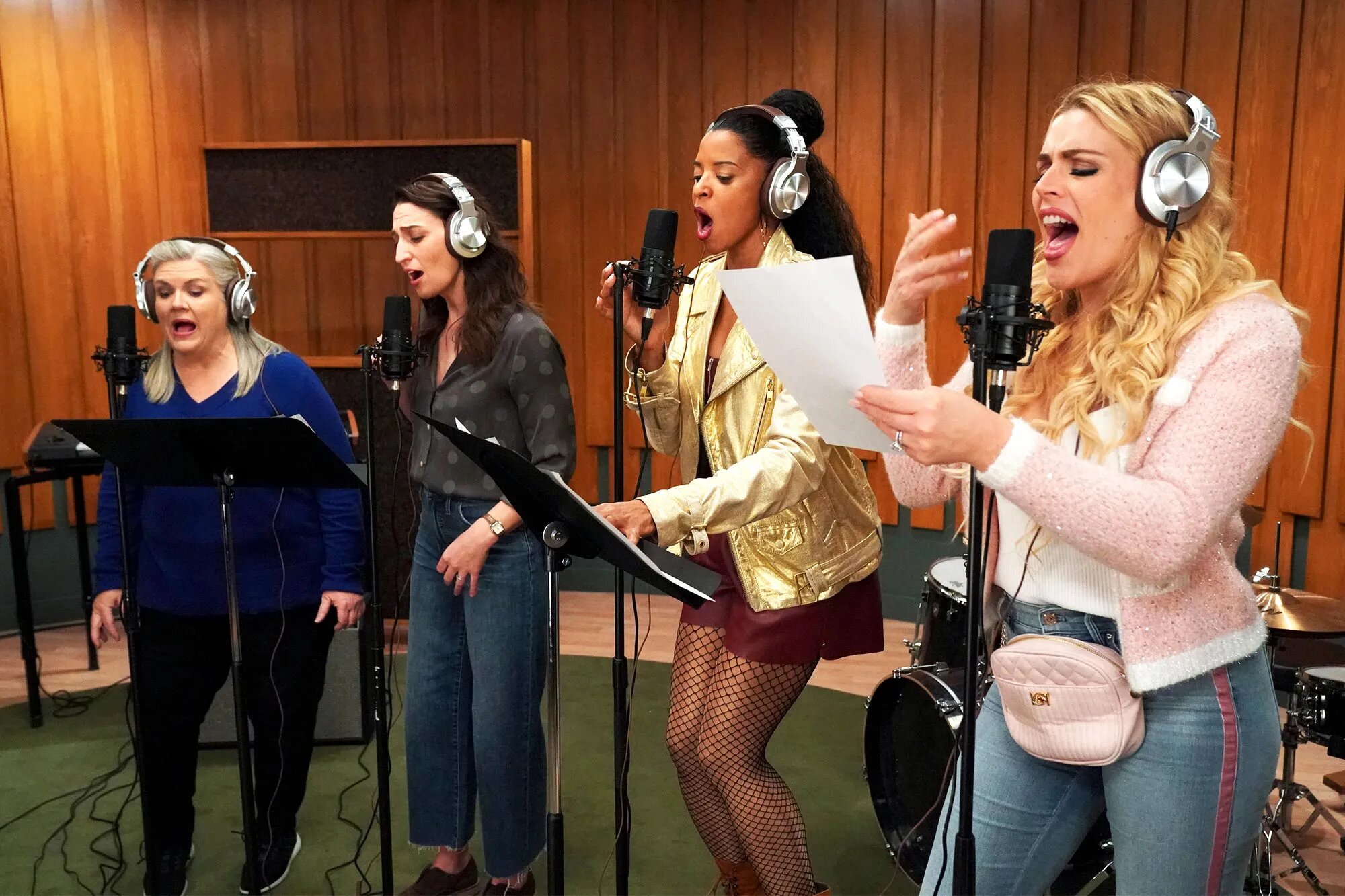
What can you expect from a series about a former girl group that comes together for a second chance at pop success? At the hands of co-executive producer Tina Fey (30 Rock, Unbreakable Kimmy Schmidt), it can only be razor-sharp and absurdly funny.
Girls5Eva, both the show and the group it names, are rife with nostalgia and comic observations about the middle-age condition. Throwbacks to the early aughts, when Girls5Eva first found fame, highlight the silliness of the era, while commentaries about their 40-something lives give the show a realistic edge. The series also has a lot to say about the sexism that continues to haunt female pop stardom.
Has the music industry learned from its mistakes and is it now better primed for Girls5Eva’s more honest and mature work? That’s the question the show tries to answer throughout its run, and it does so in endlessly entertaining and thoughtful ways.

Because of his wide fame and influence, it’s easy to forget that Andy Warhol was actually a very private person. The pop artist only revealed his innermost thoughts in his diaries, and now those diaries have come to life in this Netflix docuseries from TV magnate Ryan Murphy.
Through the magic of AI, Murphy recreates Warhol’s voice and uses it to narrate his diary entries as photos, reenactments, and archival footage play on screen. There are also interviews with celebrities to fill in the gaps, although they’re not enchanting as Warhol’s own thoughts.
Each episode runs for almost an hour, so it does take some time to go through. But if you’re willing to learn more about the man behind the iconic wig (and the 1960s art and gay scene in general), then The Andy Warhol Diaries comes highly recommended.
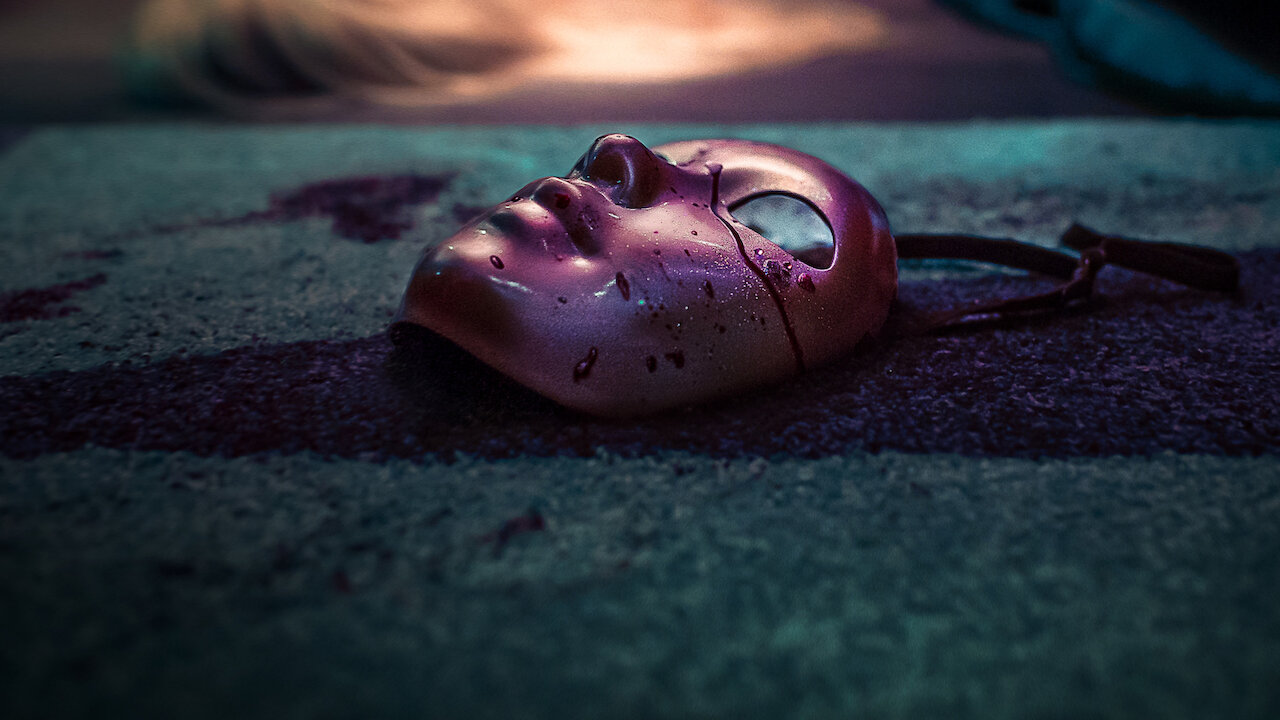
Mask Girl is a dark comedic thriller that follows people on the fringes of beauty norms trying to live with their pain and shame. Low self-esteem and a desire for attention are at the center of the drama, making it relatable and easy to empathize with even when everything goes awry. Although Mo-mi, the titular Mask Girl, is at the forefront of the narrative, subsequent episodes switch to new perspectives, allowing us to interact with Mo-mi in different ways. And with each new character’s POV, we witness how other ostracized people find comfort in and hurt each other when there’s no one else to turn to. The first three episodes are intense and surprisingly violent, but ultimately seeing the extremes of the discrimination that beauty standards perpetuate makes the story worthwhile.
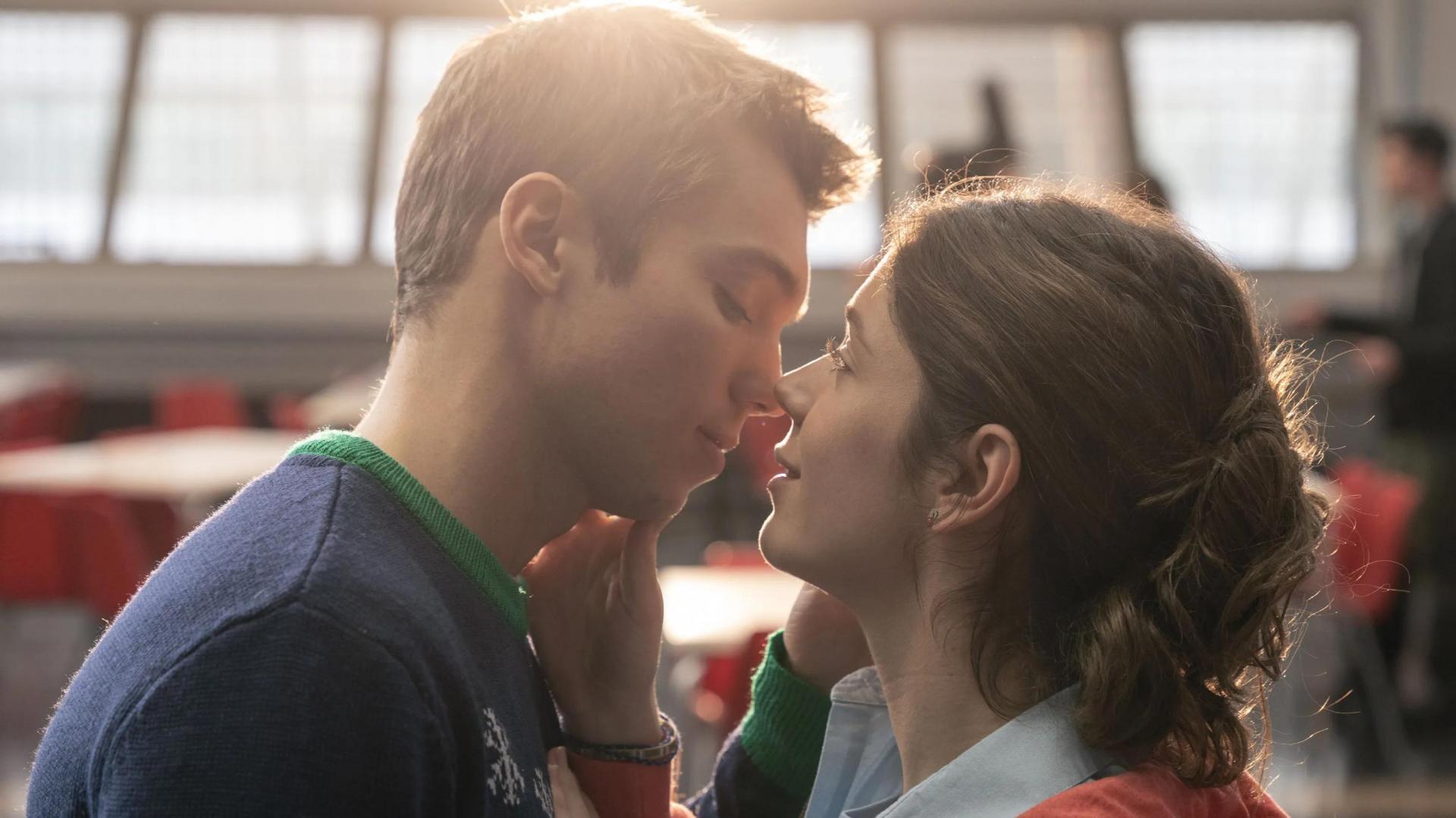
In Love All Over Again has many of the romance tropes fans of the genre would enjoy. The star-crossed lovers, the gay best friend, the absent-minded but well-meaning parent, and the classic romance drama jobs are present in the series. However, unlike other series, the show literally starts off with a bang. The main couple don’t get separated because of toxic dynamics or tragedy, but literally because of the 2004 Madrid train bombings. But this isn’t just a one-off event, it’s the event that shifts Irene’s life forever, as she tries to heal and process the event as best as she can. Some of the series’ plot points may not be new, but it’s sincere in examining how that event affected people’s lives, without being overly dramatic. The resulting series is sweet and it captures the Y2K nostalgia that’s currently en vogue.
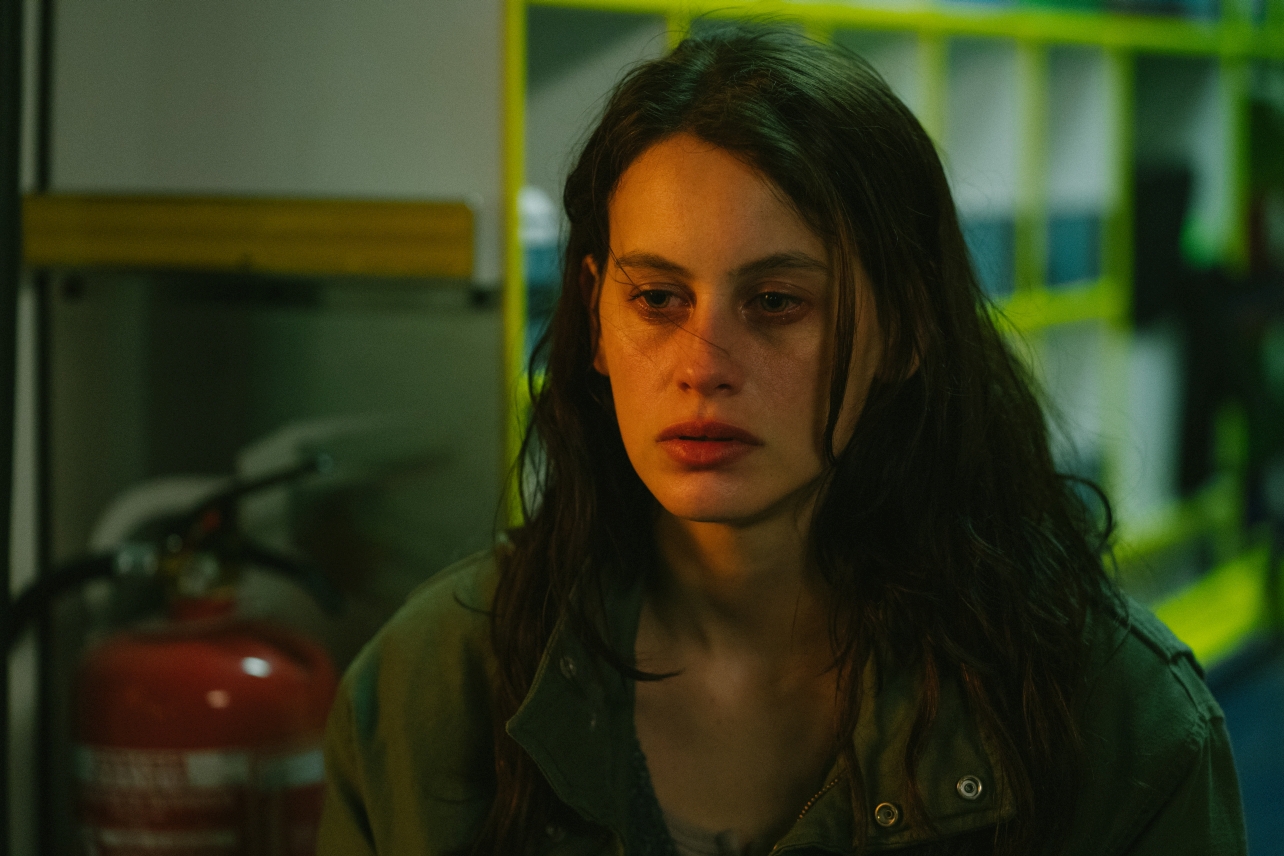
Child kidnapping is any parent’s nightmare, and it’s the nightmare that drives the events of Spanish crime thriller The Snow Girl. Based on the 2020 novel of the same name, the limited series takes a unique double-pronged approach to the case at hand. The show goes through the regular police investigations we’ve seen previously, but it also comes mainly from the perspective of journalist Miren Rojo, whose previous trauma understandably limits her trust with the authorities. As the show moves the story from New York to Malaga, and switches between perspectives, and timelines, The Snow Girl adeptly maintains the novel’s original suspense, without over sensationalizing the crime at hand.
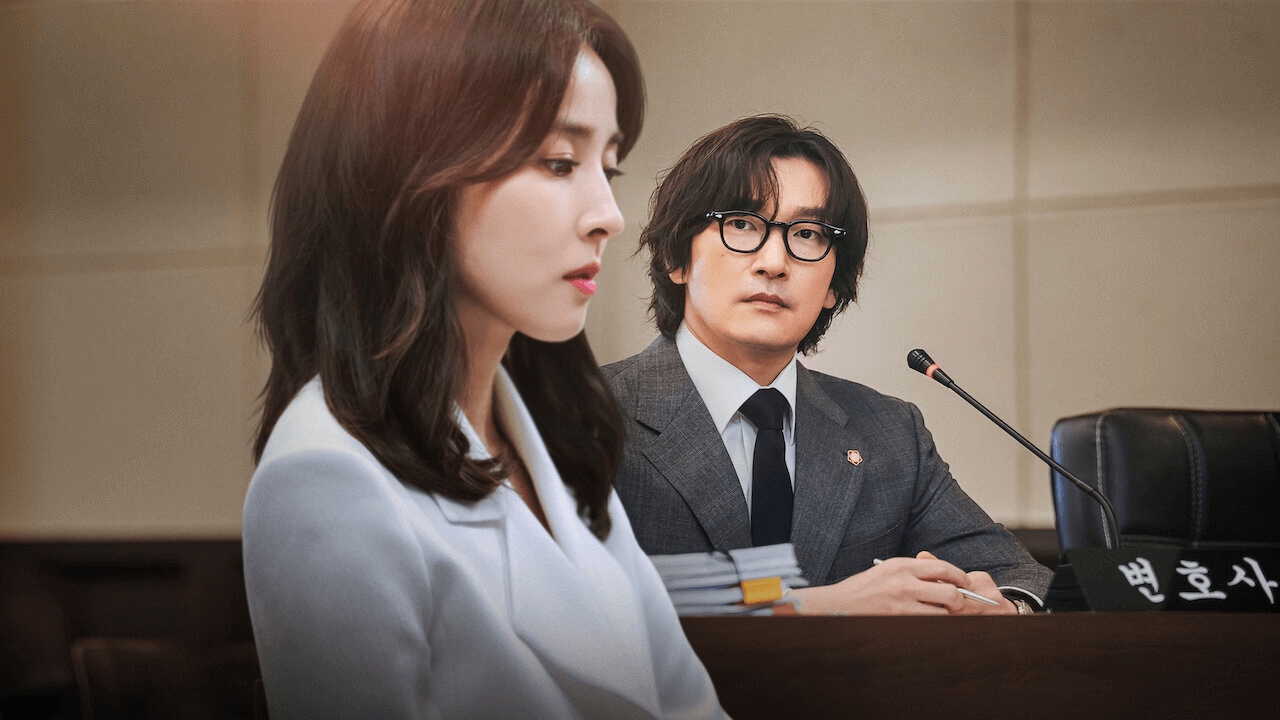
There are plenty of divorce-related Korean dramas, but Divorce Attorney Shin is a gem among them. Based on the webtoon with the same name, the show is centered on an eccentric lawyer, whose trot-dancing ways and unconventional handling of clients doesn’t detract from his winning cases. Instead of the ruthless and collected attorneys we’ve seen previously, Shin Sung-han has a human side, a side that enables him to empathize with his clients. And like the lawyer, the show does the same, handling multiple cases, without discarding them by the end of the episode, and embracing its nuances in a well-rounded way.
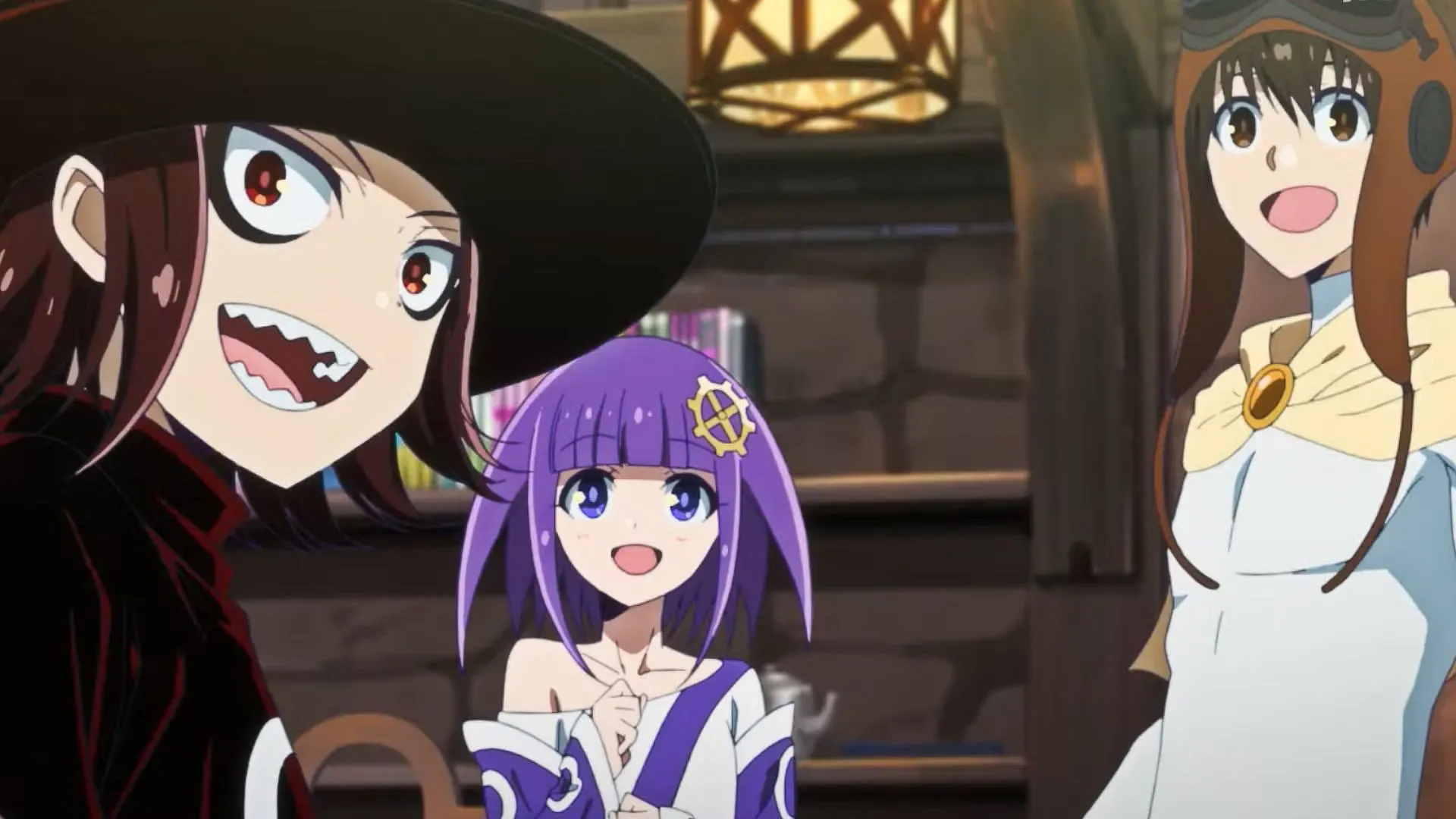
With games creating whole virtual worlds, with stunning landscapes, powers, and storylines, it’s easy to escape into the fictional simulations, to the point of being addicted. Good Night World reimagines this idea in the present as a family drama, where video game addict Tachiro Arima struggles to relate with his family because of his addiction. As the show progresses, the game integrates with the real world, with real life-threatening consequences, but the show slowly uncovers how this game unraveled the Arimas’ family bonds, through neglect, depression, and shared trauma. It’s an interesting series about connection and video games, if you can get into the world of the series.
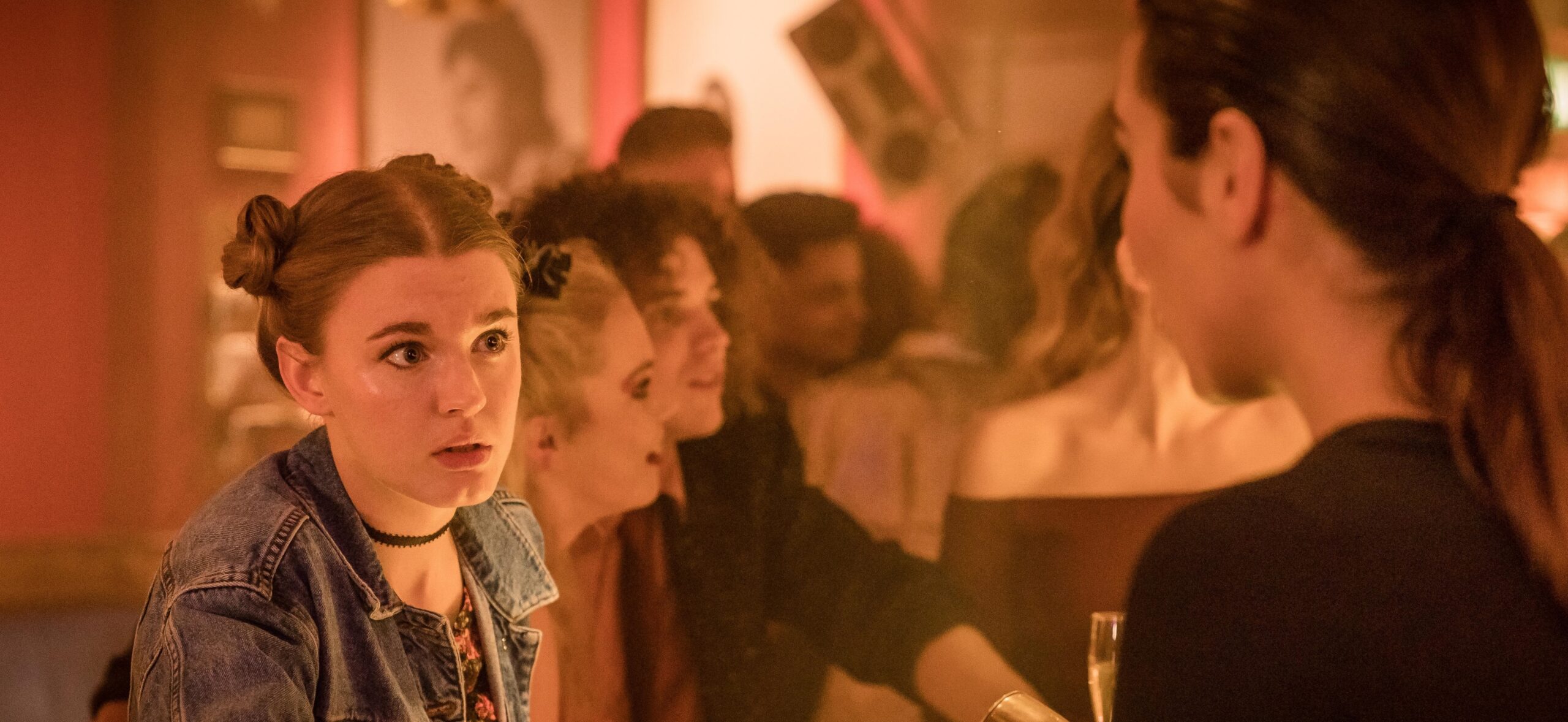
Created by Harlan Coben (the crime novelist-turned-showrunner behind many streaming mysteries), Safe is a fast-paced thriller following a widower in search of his missing daughter. The more he digs, the more he realizes that his town is anything but small and sleepy, and that he can’t trust the people closest to him. It’s the sort of show that involves multiple people and plotlines, which could easily go south if it fell into the wrong hands, but Safe manages to make it all work. It doesn’t require you to care deeply about these characters, but it does pull you in with its shocking secrets and (at times frustrating) cliffhangers. Sure, it can get soapy at times, but it’s never not entertaining. And though it revisits the night of the disappearance often, it always features a new angle and point of view, making it feel fresh every single time.
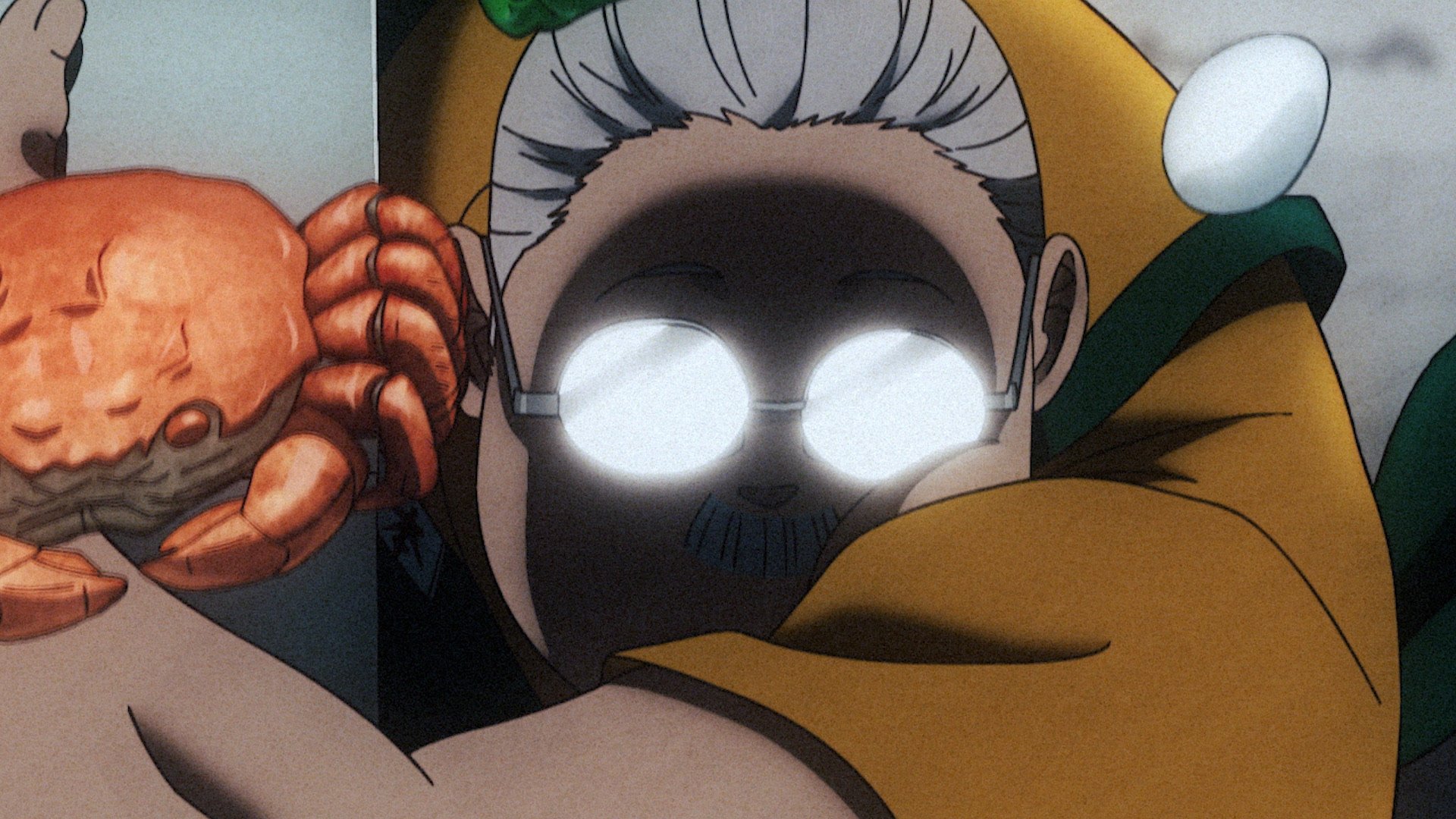
Hitmen are just cool. But rather than bring us the same fists and bullets that we usually see with these killers, Sakamoto of Sakamoto Days does his best to keep to his normal humdrum life, rather than jump back into the bloodshed. It’s an interesting twist to the gangster thriller. Rather than try to surpass any choreographed fights, or bring up the angst by killing everyone dear, the series humorously contrasts the over-the-top drama these assassins have over the straightforward ordinary life, which, as Shin realizes, is actually great. Sakamoto Days celebrates ordinary life as something worth protecting, and it’s pretty fun to see the crew do so.

In many ways, the NBA is the face of basketball. They don’t just develop athletes, they create superstars—idols that people turn to for hope and inspiration. But even though the NBA is technically American, it’s never been more populated with international players than today. When it comes to the Olympics, that means fierce and exciting global competition. It’s hard to capture the enormity of all that, but Court of Gold succeeds with flying colors. The show strays from run-of-the-mill narration and generic footage. Instead, it gives us what we want: inside access into what goes down behind the scenes. We follow the top four teams in the games—USA, France, Serbia, and Canada—and hear from the athletes themselves. Kevin Durant, Victor Wembanyama, Nikola Jokić, and Shai Gilgeous-Alexander are some of the representatives who stand out the most. Some of these interviews and fly-on-the-wall moments prove to be even just as (if not more) exciting than the showdown on the court. But the latter is undeniably thrilling. It doesn’t matter that you know who takes the gold, or even that you care enough about the game. Court of Gold is a well-made example of showmanship and athleticism, as well as a wonderful attempt at humanizing larger-than-life stars.
This docuseries is a straightforward account of what actually happens in emergency rooms and about people who dedicate their lives to this extremely demanding work.
Set in a New York hospital that has struggled in the past to compete with bigger establishments, it follows two brain surgeons, an OBGYN, and an ER physician.
If you like ER, Grey’s Anatomy, or anything similar, and want to know how it actually works – this is a great show. Hint: reality is light years away from how ERs are usually depicted.
Lenox Hill a tough watch that might not be for everyone — there are people diagnosed with horrible things and pretty much every single scene is highly emotional.
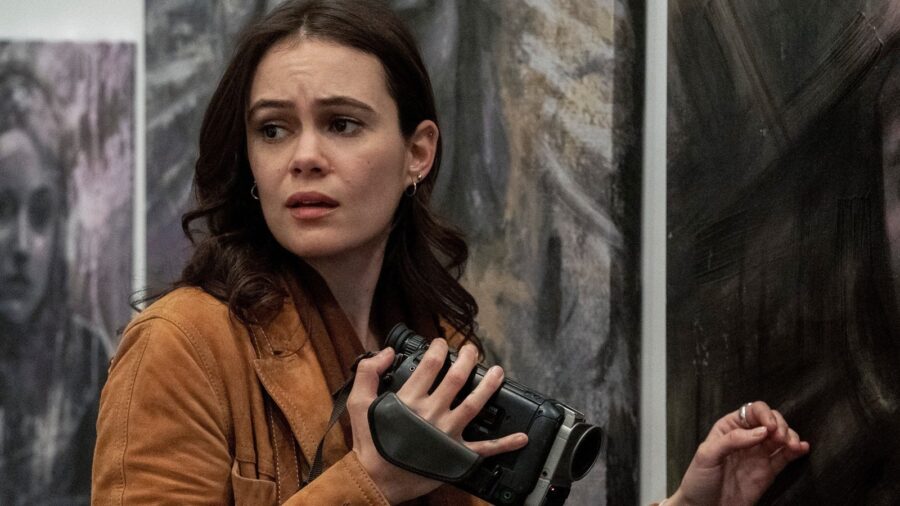
This sci-fi thriller based on a podcast by the same name is about Dan (Mamoudou Athie), a video archivist who takes a job to restore a set of burned Hi8 videotapes. When he starts seeing the footage, he discovers that it is from a now-missing woman trying to document a cult in the ’90s.
The events of the footage take place in an unassuming apartment building in New York City; after the building mysteriously burned down, many were left dead and missing in its wake. As Dan tries to understand what happened, he uncovers details about the woman filming and something that links even his own family to the fire.
The show is at times more of an unsettling horror than a supernatural thriller, but it features a stunning performance from Mamoudou Athie. It’s also notably co-produced by James Wan, co-creator of the Saw, Insidious, and Conjuring franchises.
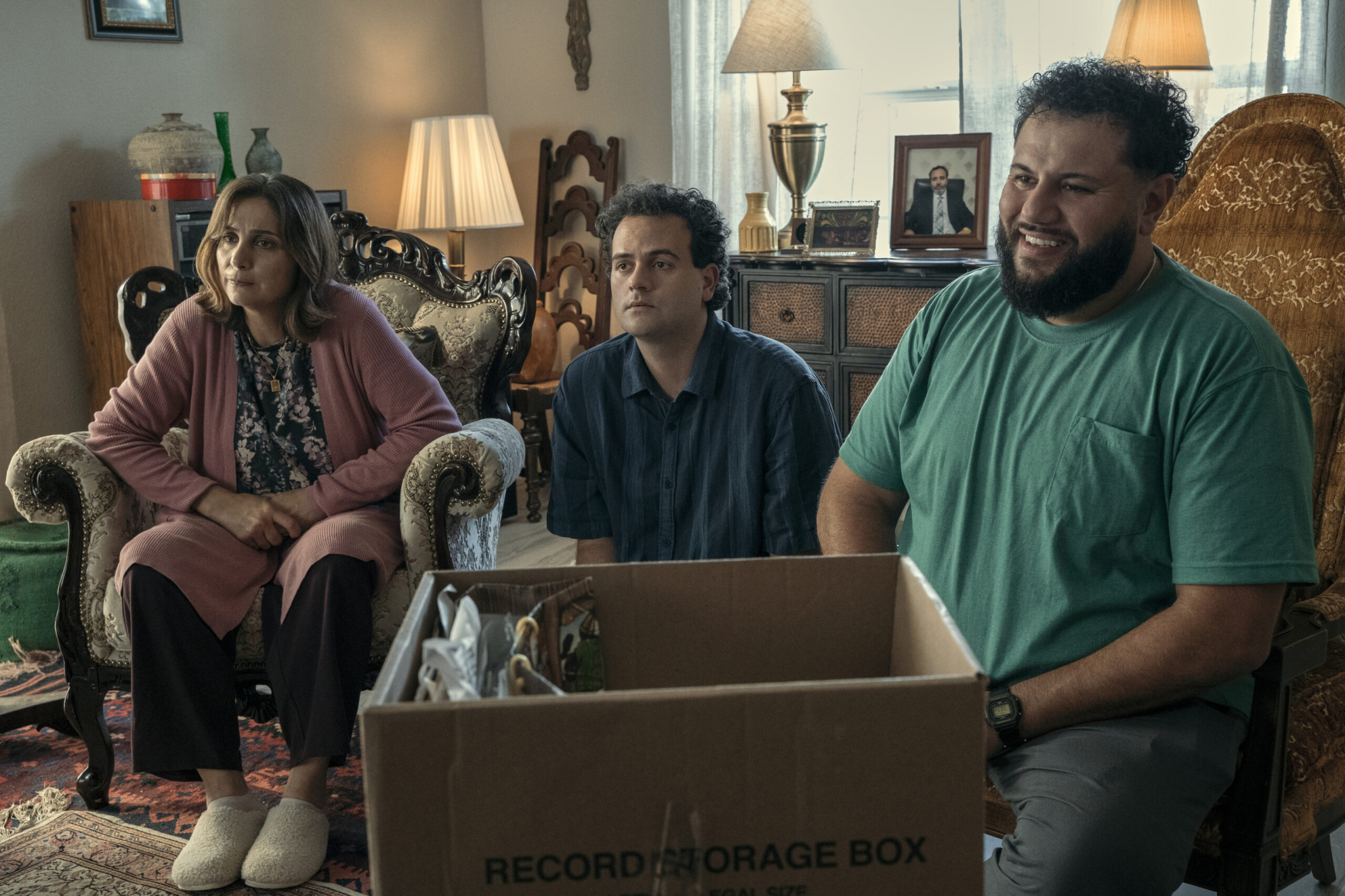
Mo is the semi-autobiographical tale of creator and star Mo Amer, whose tricky bouts with immigration, interfaith relationships, and growing up Arab-American all figure in the show. It’s a bittersweet series that brings the Palestinian and immigrant experience to the forefront—a tricky act that’s dealt with deft ease here. The series may be rife with social, cultural, and political issues, but there’s a big and heartfelt message at the center of it, and Amer tells it with genuine warmth and humor without ever being too self-serious and preachy, making Mo a breezy but meaningful watch.
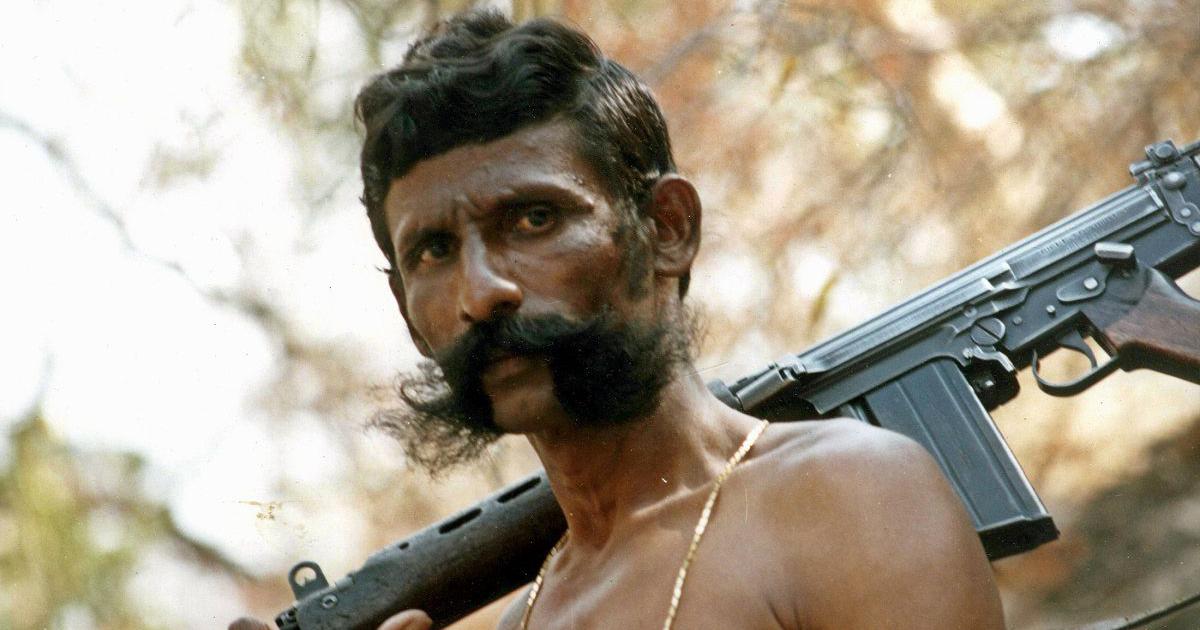
From poaching elephants and smuggling sandalwood to killing people in the most ruthless manner possible, Koose Munisamy Veerappan’s crimes are manifold, and they engulfed all of Southern India. The first half of this four-part series chronicles his early life and the escalation of his criminal affairs through talking heads and archival footage. The documentary balances the perspective of the authorities with that of Veerappan’s gang in interesting ways; where officials saw him as cunning, people close to him, like his wife Muthulakshmi, praised his desire to create wealth for his people, regardless of caste. By the end of the pilot, you’re sure to be at the edge of your seat as the series raises the stakes and promises to be as challenging and compelling as the first episode.
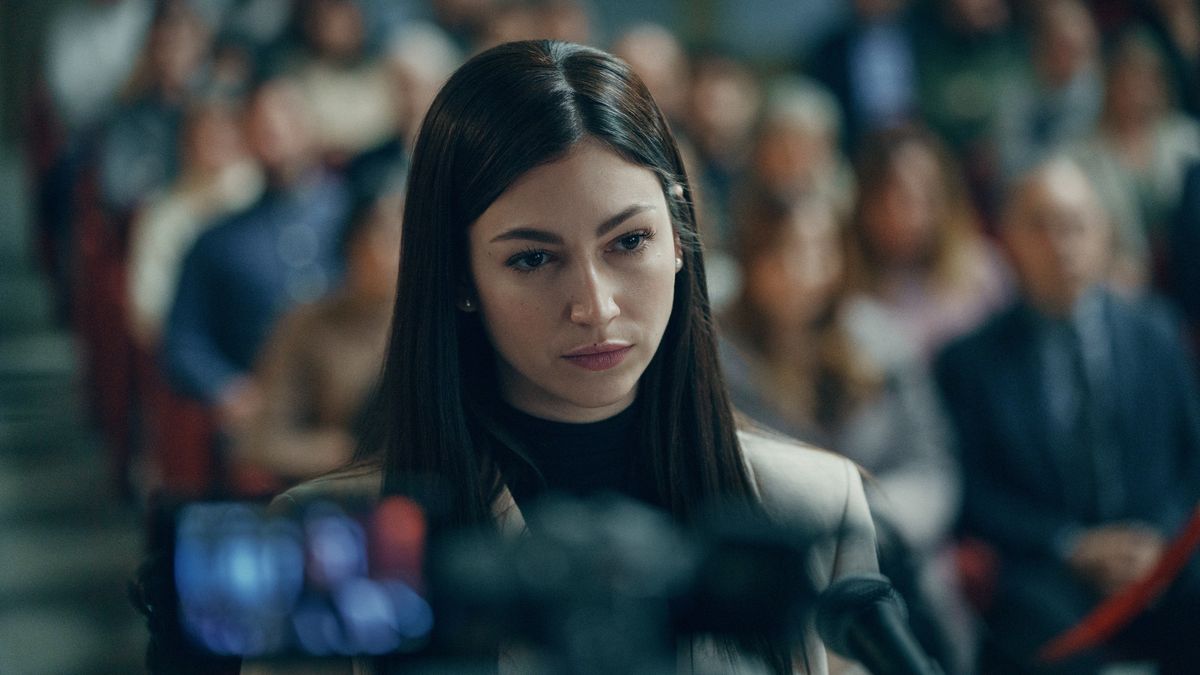
Releasing a documentary and a mini-series on the same case on the same day, Netflix understands how compelling Rosa Peral’s story is. Burning Body dramatizes the case’s events, but it does so in a way that questions the police as an institution. With the case, it’s clear that the ones assigned to protect citizens from crimes are trained enough to hide their own. However, the series also underscores the blatant sexism in their ranks, from higher ups taking advantage of new recruits, to spreading revenge porn on their fellow colleagues. With Money Heist’s Úrsula Corberó on the helm, Burning Body paints a double sided look of a multifaceted woman.
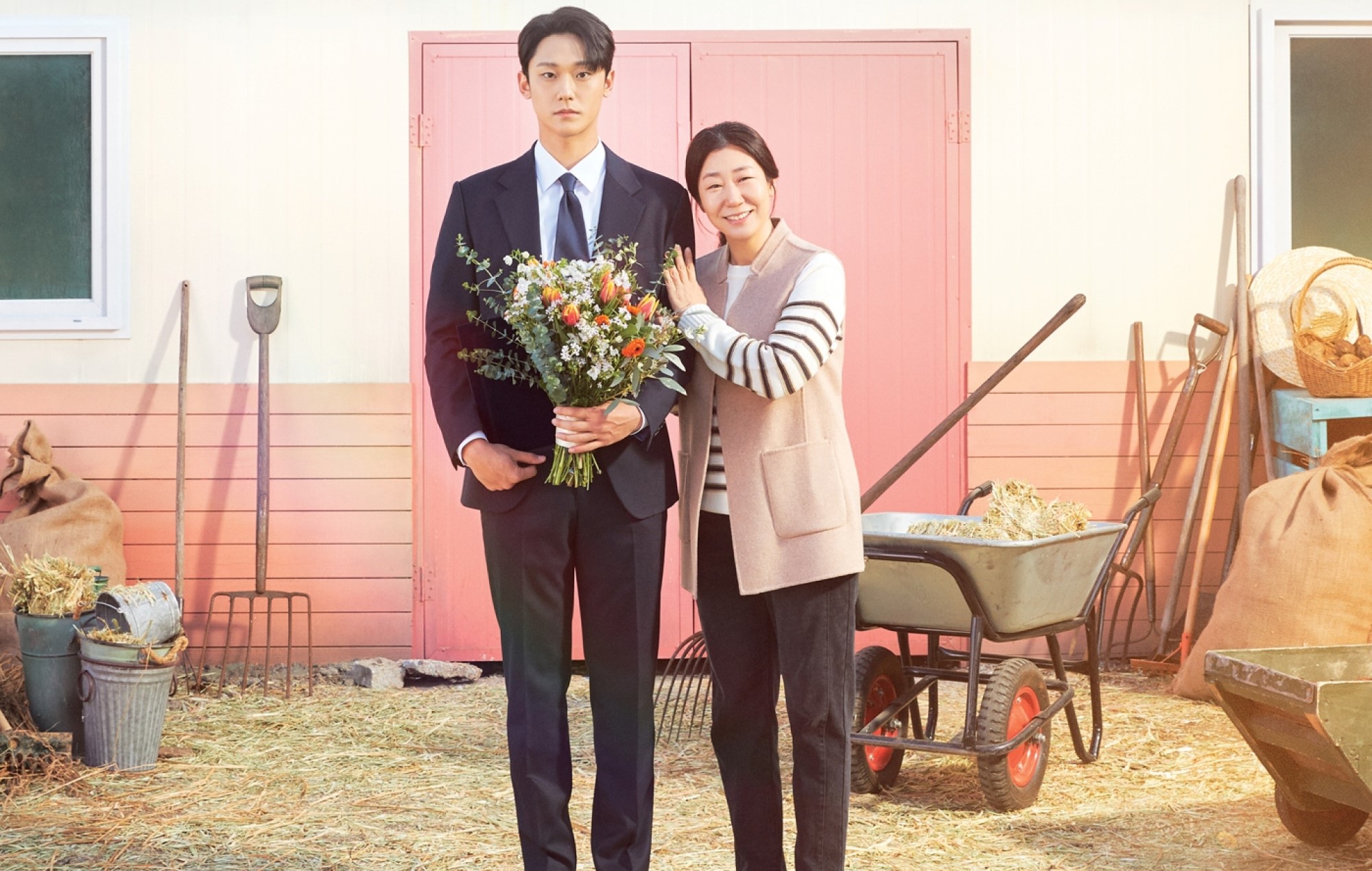
Life never goes the way we expect, especially for those who don’t have plenty of options. Because of this, parents strive to create a path for their kids to the best possible future they can manage, even if it causes some resentment. The Good Bad Mother portrays this, with some melodramatic flair, but the way the series tells its story is complex, layered, but totally compelling – as Jin Young-soon tries to reconnect with her son while also seeking justice for her husband, and Choi Kang-ho looks for family in any way he can. And it’s balanced with lighthearted humor and slice-of-life sequences that celebrate the lives of the ordinary people.
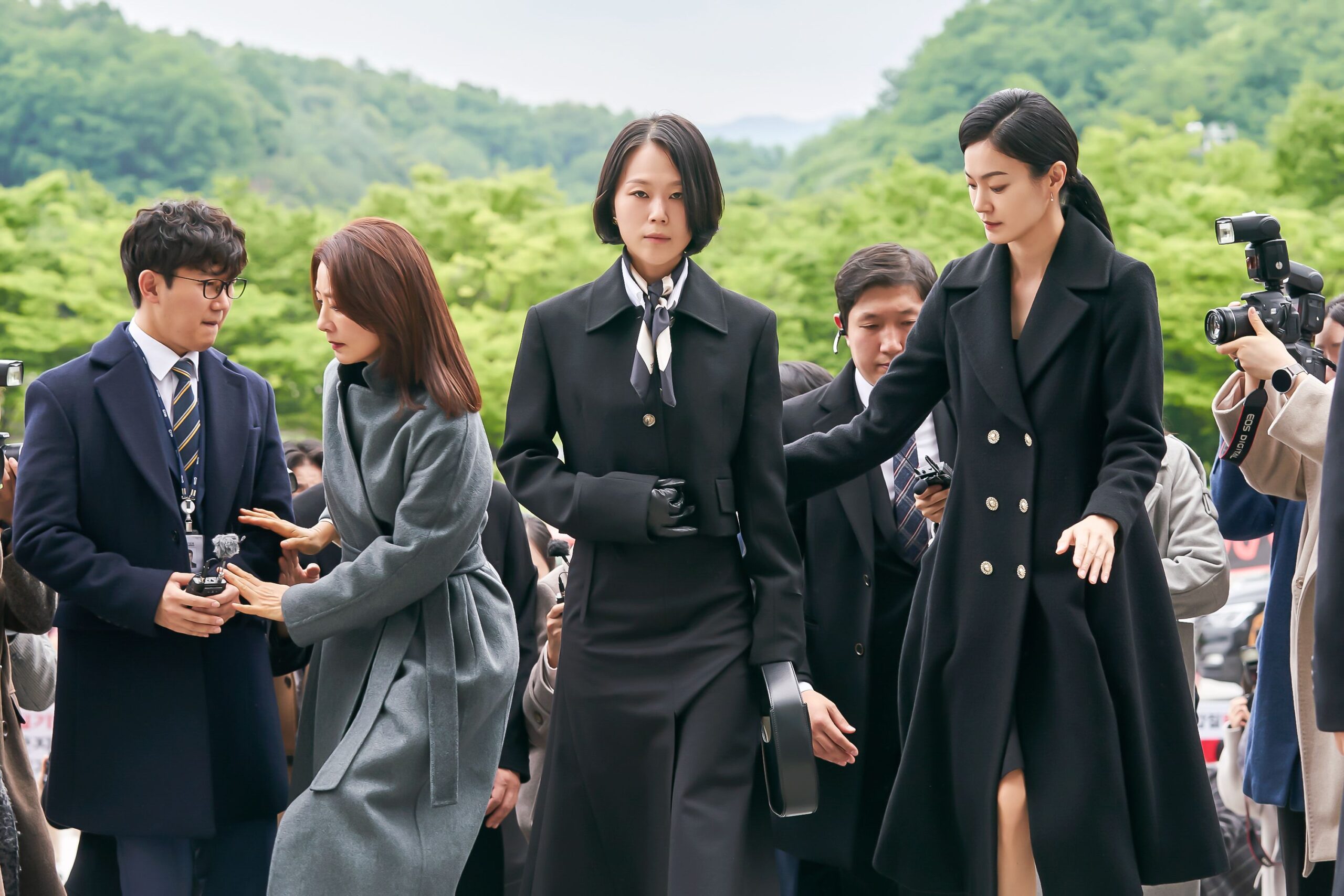
Full of twists and turns, Queenmaker is a corporate turned political K-drama where a corporate fixer plays campaign chess against her former employers and retail conglomerate the Eunsung Group. Centered on her and the earnest human rights lawyer she’s trying to get elected, the show has Do-hee mentoring Kyung-sook in the art of PR, this time for the good. Even as the show reuses the genre’s classic tropes, the series’ plot points are entertaining, with each new twist naturally occurring as each side tries to dig dirt on the other and use it for political clout. It’s one of the most intriguing K-dramas we’ve seen this year.
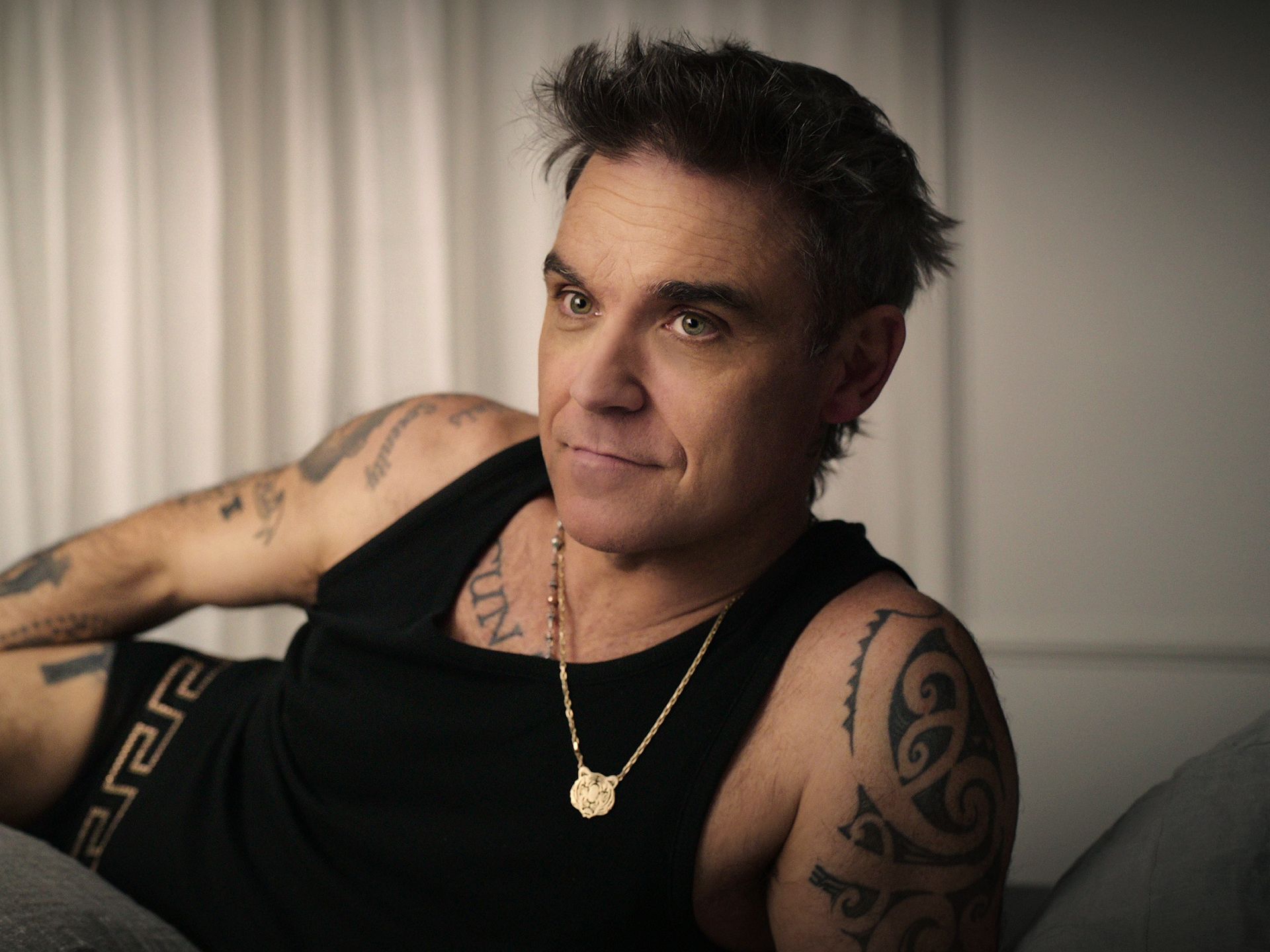
With a long and chaotic 30 years in the industry, it’s hard to encapsulate Robbie Williams’ whole musical career in a documentary. There are plenty of songs to tackle, plenty of scandals to explain, and Netflix tries to portray it all through its latest four part docuseries. Given its lengthy subject matter, it’s impossible to tackle everything, of course, so it mainly focuses on the artists’ mindset and mental health as Robbie Williams himself looks back at previous footage of himself. There’s some comfort in the fact that the singer now feels more settled in himself, something comforting in the idea that depression can be handled and overcome, but it makes this docuseries a fairly vulnerable one for the artist, and it’s an intriguing behind the scenes look for his fans.
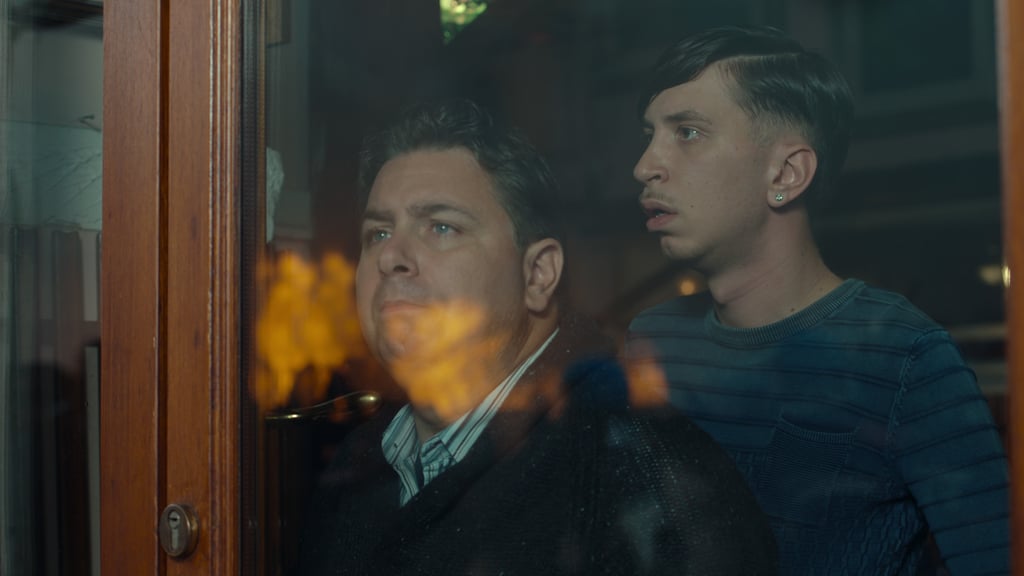
After the ending of the show Suburra: Blood on Rome, it had seemed like there was nowhere else for the franchise to go, with plenty of the main cast dead. But after three years, the world of Suburra is back on Netflix in Suburræterna, and despite the chaos that reigns in Rome, there are still opportunistic survivors circling over remaining scraps of control. One survivor is Spadino Anacleti, who, after he had left for a more tolerant Berlin, is now forced to return home, with no other suitable heir for the family. While new viewers might be lost with the names referencing previous characters, fans of the franchise would enjoy the way Suburræterna unfolds, as the Suburra story, inspired by the real life Mafia Capitale, takes on a life of its own.
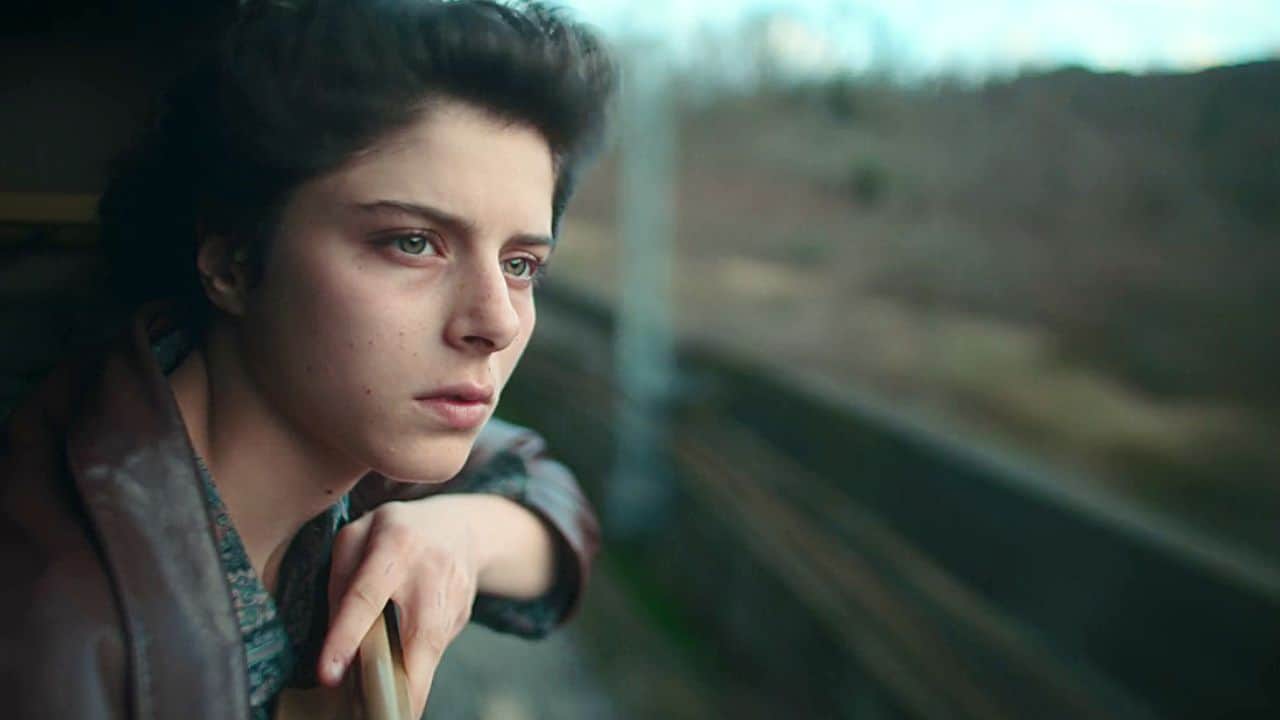
Based on a novel, The Lying Life of Adults might feel, at first, like a standard Netflix coming-of-age series, complete with vintage styling (the 90’s, this time) and teenage shenanigans, like skipping classes, preoccupation over sex, and rebelling against parental disapproval. Sure, the show does go through these moments, but the writing of original novelist Elena Ferrante, with the assistance of the writing team and showrunner Edoardo De Angelis, elevates this template through its subtleties, as Giovanna visits her estranged aunt Vittoria, and compares and contrasts the way she lives, with the way her parents approach life. It’s both a portrait of a divided family, but also one of a divided city, and it makes Giovanna’s coming-of-age a more nuanced journey that we haven’t seen before.
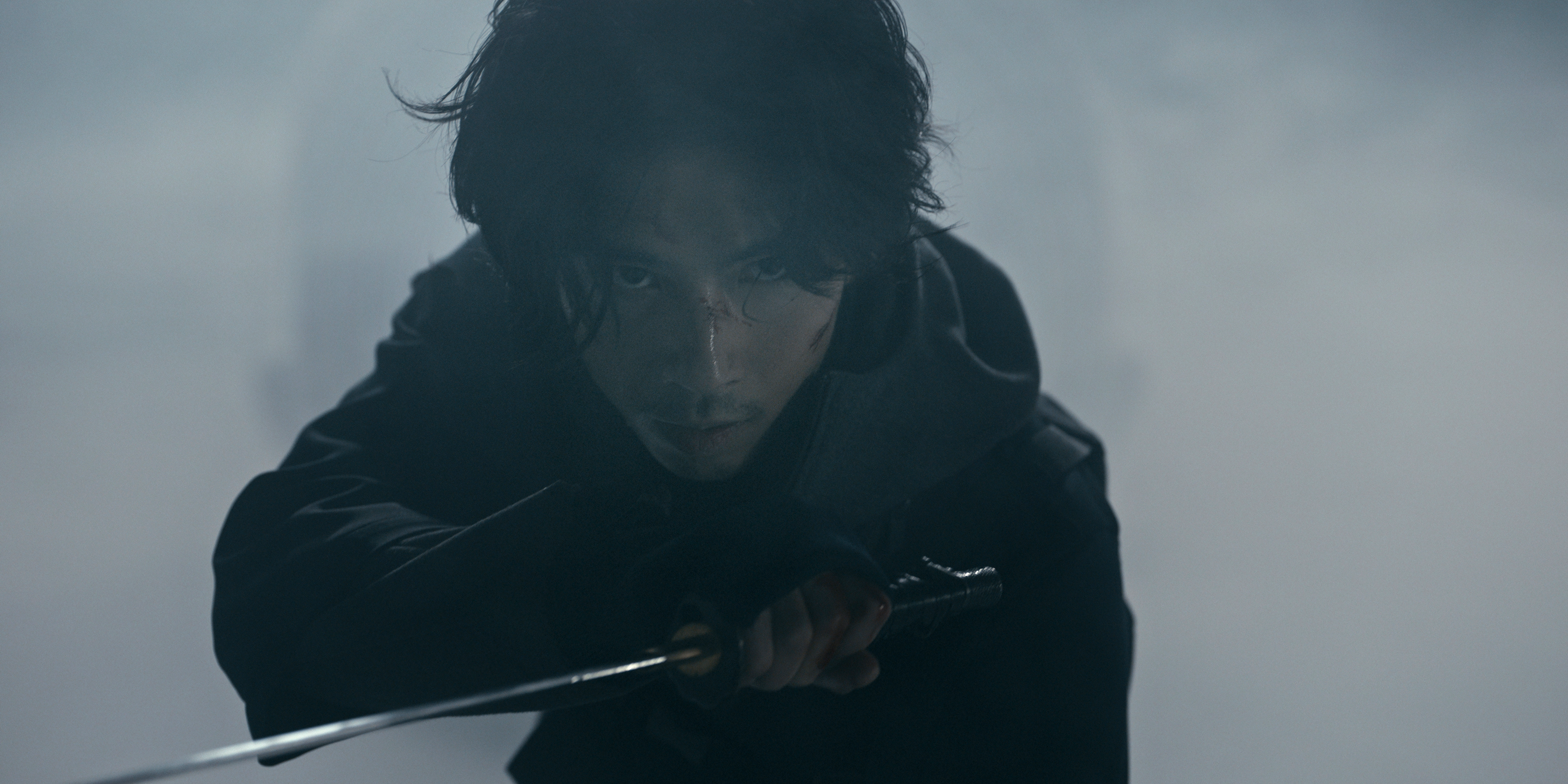
From the fantasy-powered folktales to superhero-like depictions, ninjas have captivated the world, but seem to be a relic of the past, with modern day warfare and weaponry turning them obsolete. House of Ninjas imagines a world where ninjas still exist, centering a clan stuck between wanting to abandon the old ways but also having skills that seem wasted in contemporary life. Because of this, the show at first seems boring– the family is severely demotivated, with some members acting out through petty theft, and with out-of-place jazzy musical tracks that undercut the action of the first few episodes. However, House of Ninjas gets better as the Tawara clan gets its act together, revealing the hidden heart each of them has for each other, one that’s been hidden because of the grief that struck the family. The show may be less action-packed than expected, but House of Ninjas comes across as an off-kilter family drama with just enough heart to work.

The first few minutes of The Tourist make it seem like a straight action thriller. It’s cool and gritty, with Jamie Dornan ably playing the role of strong but likable leading man. Then ever so subtly, it shifts its tone into something more playful and wholesome, then shifts back to dangerous territory. The back-and-forth feels jarring at first, almost like we’re seeing the show discover what it should be in real time. But eventually, it settles into a comfortable and confident rhythm, one that’s difficult not to watch. The funny bits are care of silly townie humor and that dry Australian wit, while most of the high-intensity action is thanks to Dornan (though he delivers amusing zingers too, especially when paired with Shalom Brune-Franklin). The Tourist seems designed to reel in broad viewers with different tastes, and it does just that thanks to its strong performances and nicely balanced tone.
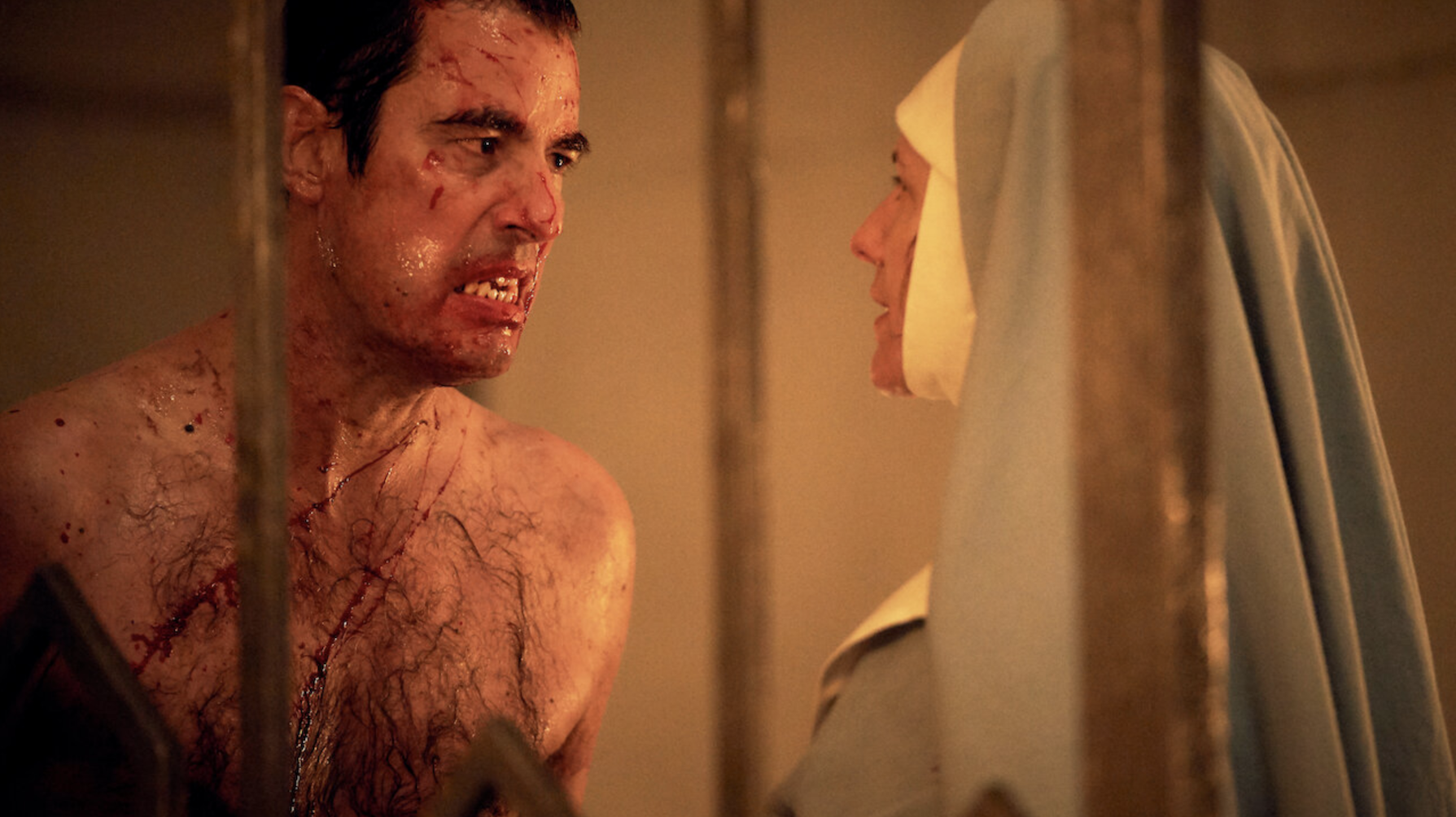
Misunderstood by some at the time of its original release, this three-episode adaptation of Dracula from the creators of BBC’s Sherlock goes from being a highly satisfying slice of horror to something totally unrecognizable—which is why it’s so rewarding to revisit today. Blessed with stellar production design, incredible practical effects, and brilliant performances from a depraved Claes Bang (as the titular vampire) and an impossibly heroic Dolly Wells (Sister Agatha), the miniseries may take many liberties with the source material, but it always builds toward greater themes. And while some problems remain, like its rushed and tonally jarring finale, how the show is ultimately able to explore the distrust that Dracula leaves in his wake, as well as the nature of Dracula as a legend in himself, is well worth the binge.
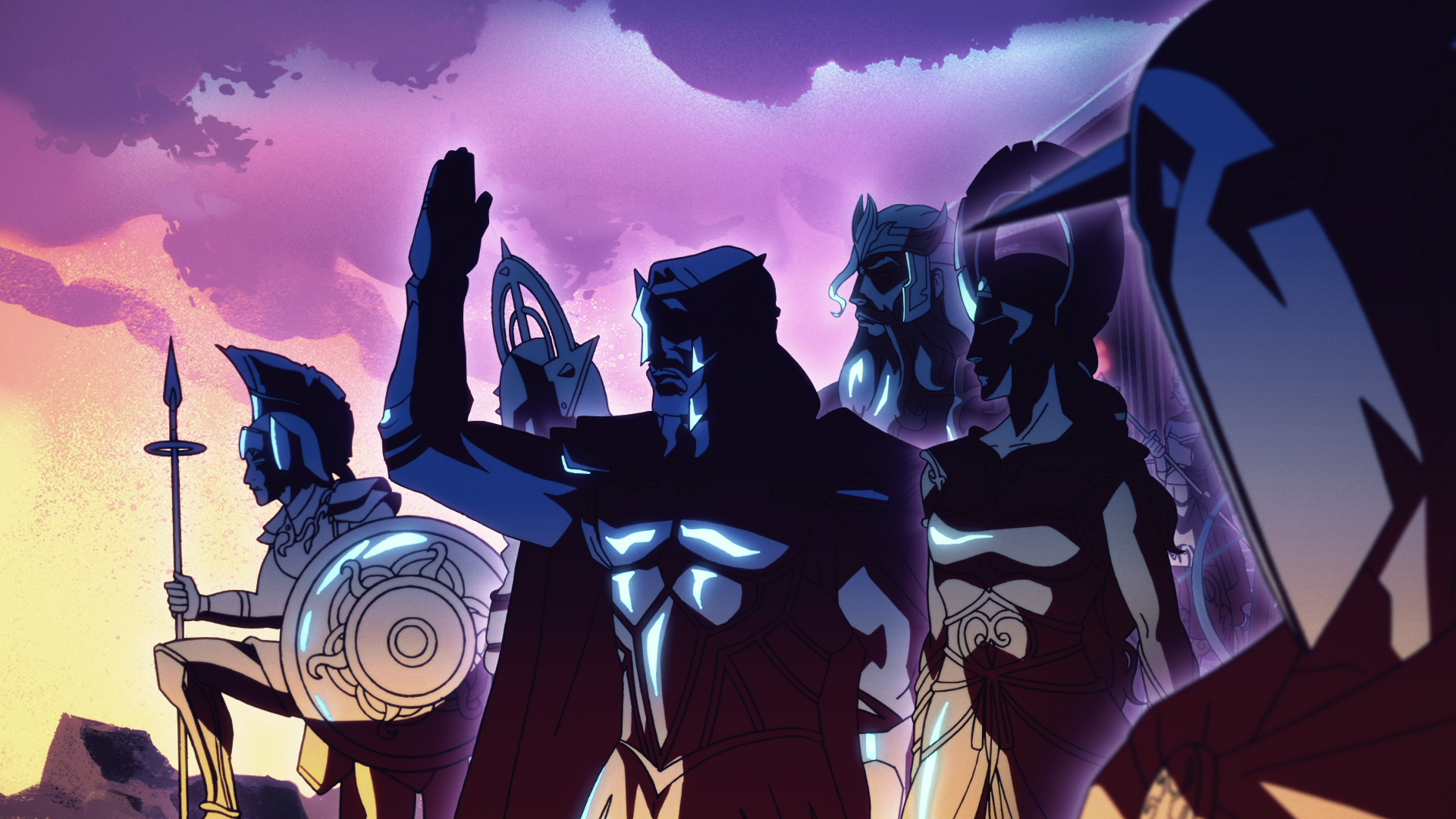
After the success of Castlevania, it became apparent that there was a market for American anime– so Netflix teamed up with Powerhouse Animation Studios and the Greek-American Parlapanides Brothers to create Blood of Zeus. Claiming to be a tale “lost to history”, the show takes familiar strands of Greek mythos, such as demigod births, fantastical beings, and powerful gods, woven together through the journey of Heron as he sets out on a heroic quest. It’s a distinctly Western tale, but the epic battles, arena duels, and demonic hunts mixes well with Powerhouse’s animesque art style, creating a novel combination that feels fully original.
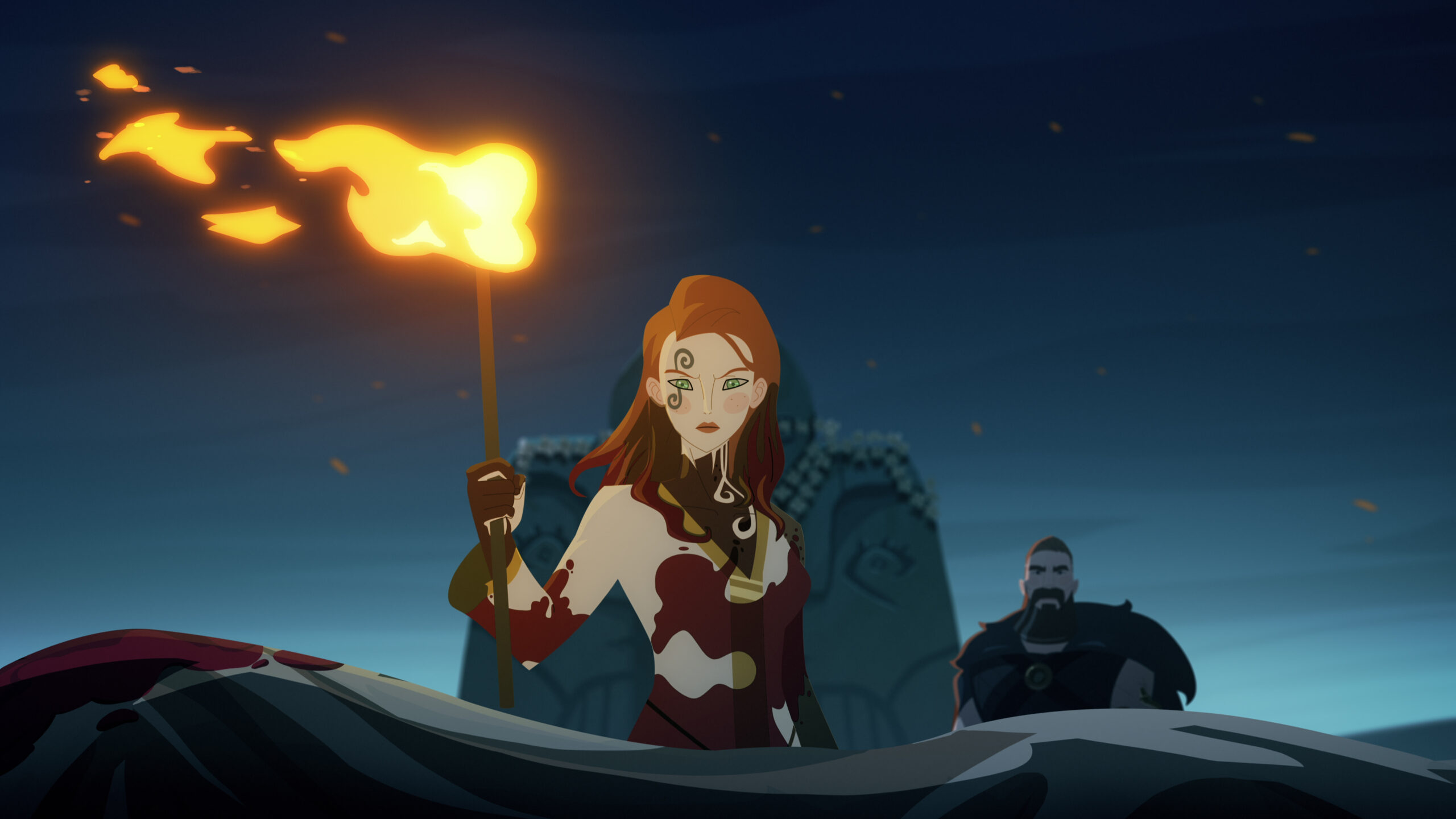
Partially due to the surviving Norse myths, as well as certain modernized cinematic depictions, most people think of the Norse gods as fairly benevolent, if a bit violent, entities. With Zack Synder at the helm, it’s unsurprising that he would take an edgier approach to the Twilight of the Gods, but this time, it works well, transforming these arbitrarily powerful beings as the villains they would actually be, at least in the perspective of the humans trampled by their thoughtlessness. It’s beautifully depicted, with lovely character designs and great voice performances, and it’s an interesting depiction of a mythology not often depicted.
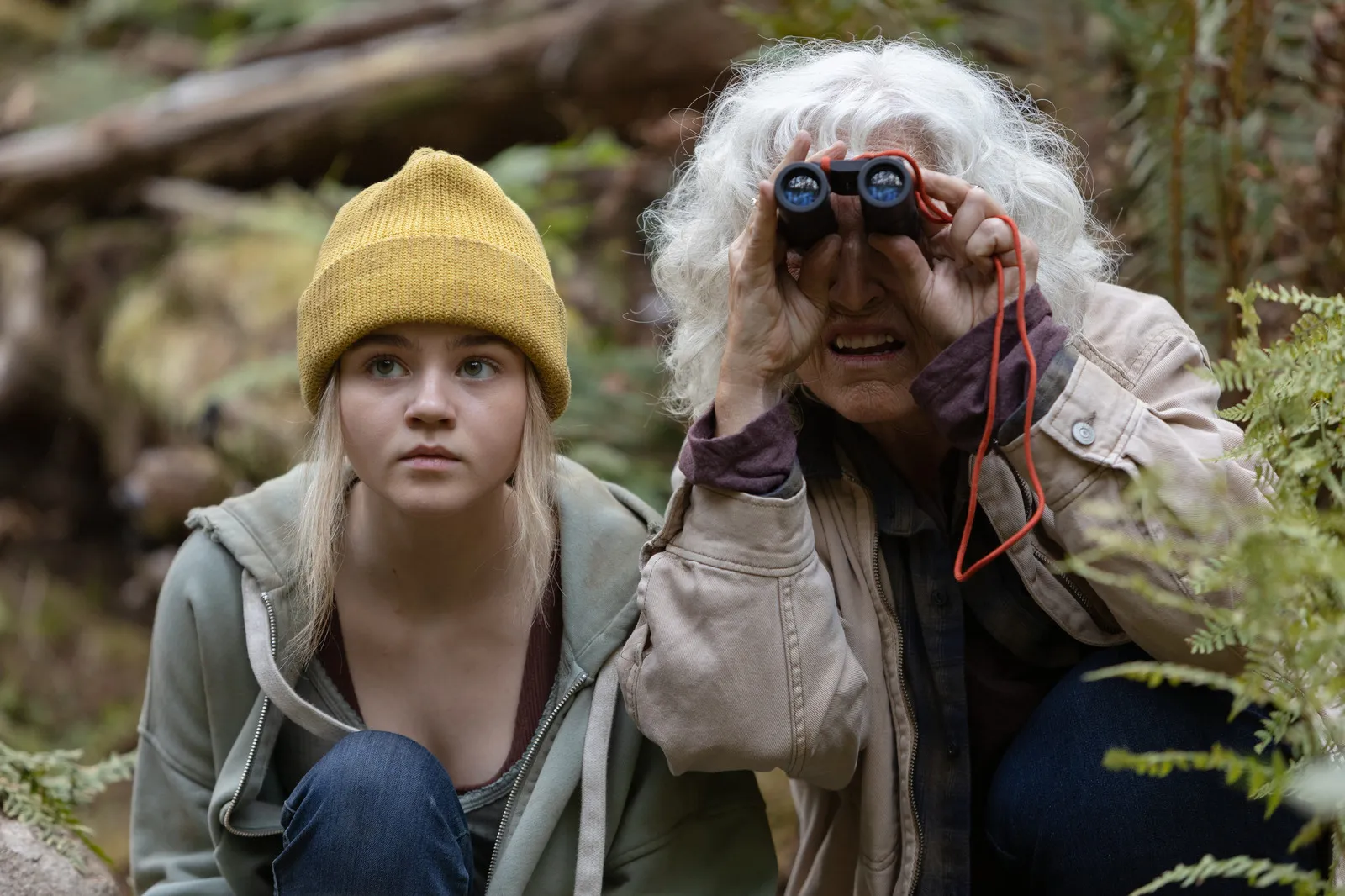
If you’ve seen one too many true crime documentaries, you might shake your head at the things sixteen-year-old Penelope does upon running away from her high school camp. You might (rightly) ask, why is she camping in the middle of nowhere all alone? Why is she trusting all these different strangers who, for all she knows, could be a serial killer or a trafficker? And why approach that bear? Why sleep in that clearing? But the sooner you let go of those worries and accept that Penelope is more of a fable about growing up and finding yourself than it is a literal survival tale, the better. Which isn’t to say it fails as the latter—Penelope is surprisingly watchable as she learns the ways of the wilderness. In fact, one near-silent episode is dedicated to just Penelope learning the ropes, literally, and it’s one of the season’s best. As long as you don’t get stuck in the details of Penelope’s journey and take aside your cynicism for just a while, you’ll find something touching and humanizing in this short but sweet series.
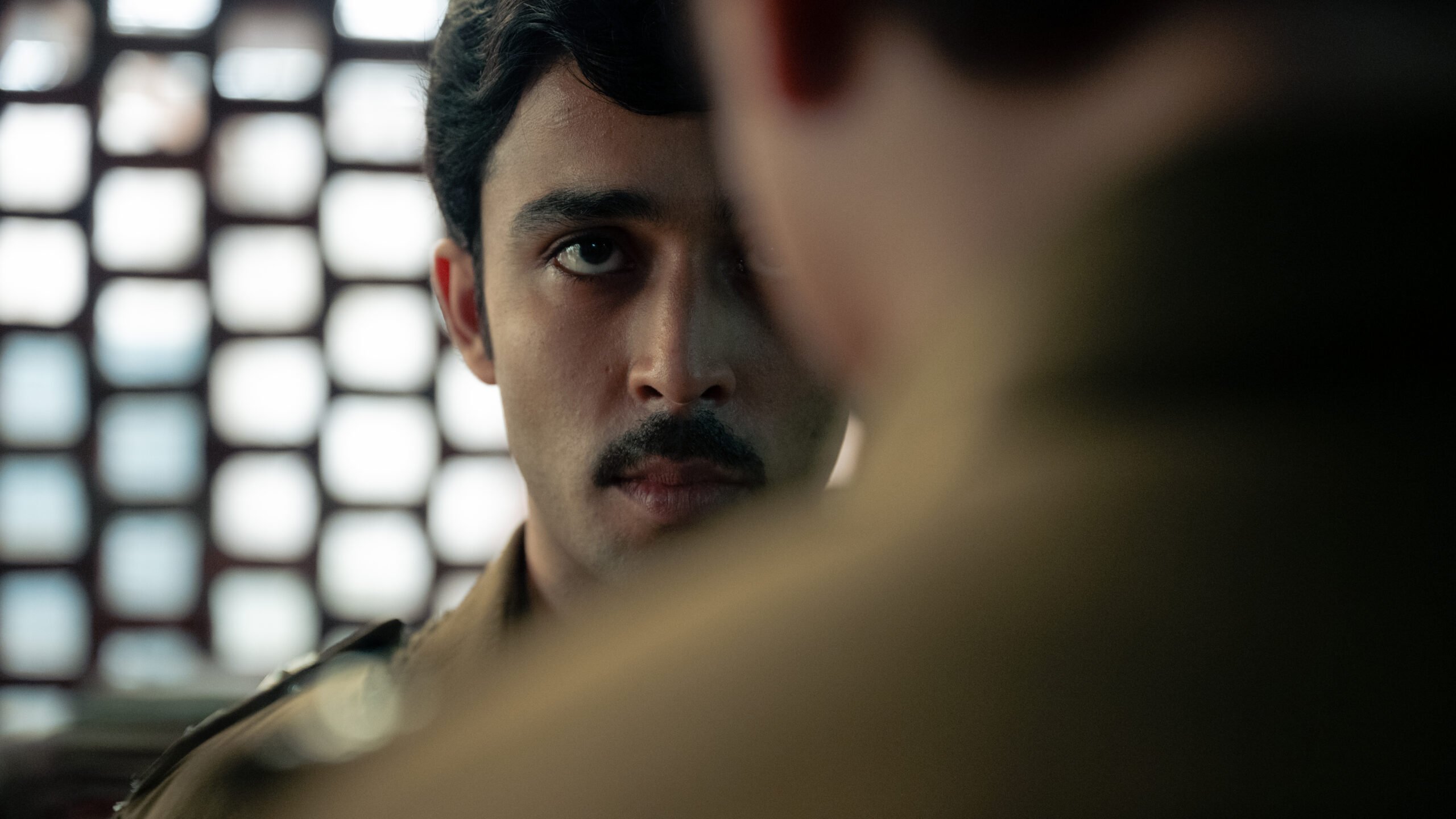
With the fresh-faced cast and the sleek camerawork, Black Warrant, at first, didn’t seem to be the gritty adaptation of the exposé outlining the systemic corruption of the Tihar Jail in the 1980s. But, aesthetic aside, that’s precisely what Black Warrant is. Opening to Zahan Kapoor as Sunil Gupta being interviewed for the job as jailer, the show takes him and the audience to the tour of the notorious prison, and it’s a gripping one not because of the usual prisoner shenanigans, but because of the way the officers themselves happen to be in on the drugs and alcohol trade inside– and they’re ready to pin it all on Gupta if things go down. Showrunner Vikramaditya Motwane pulls it all together with excellent performances from the cast, an eerie score, and the real life headlines of some of India’s notorious prisoners.
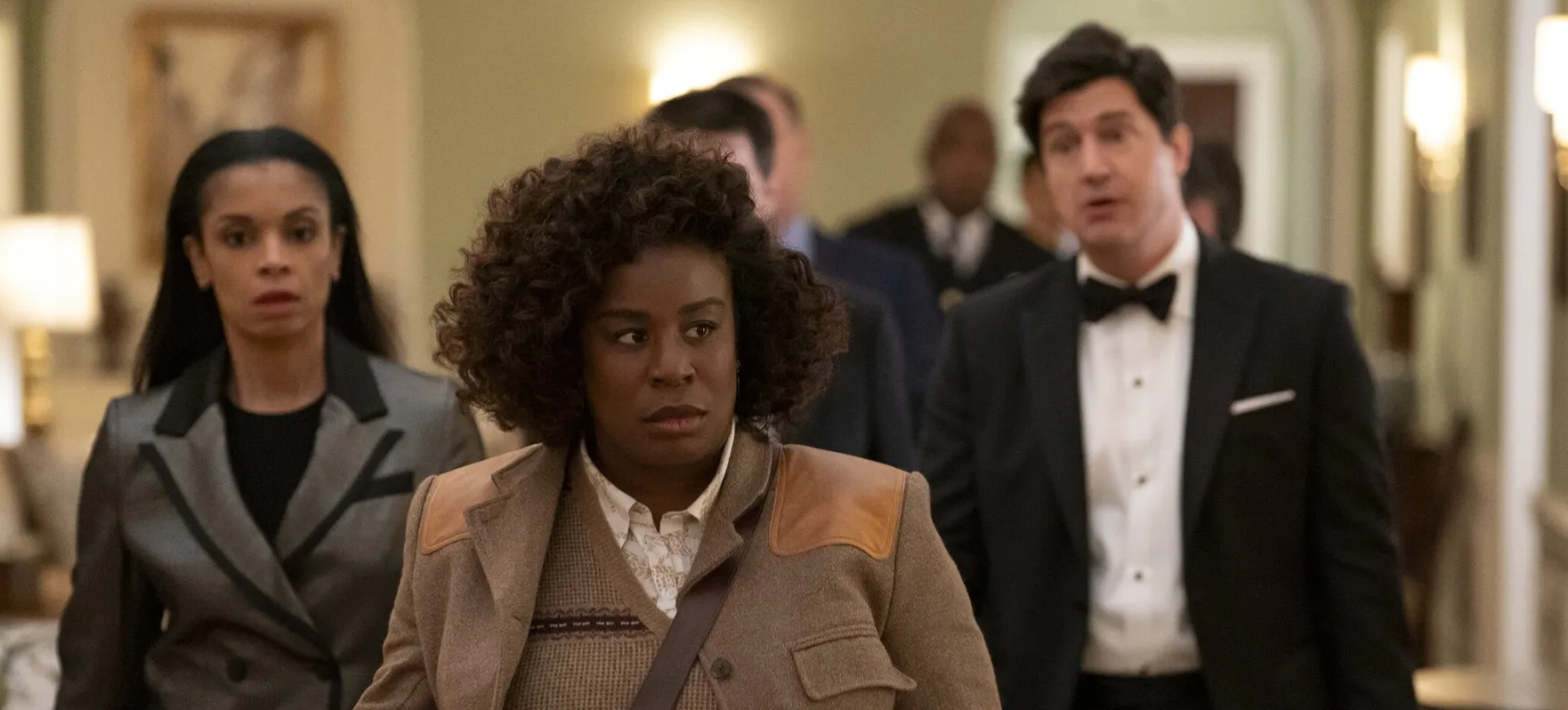
The Residence is a treat for fans of whodunnit mysteries, primarily because it plays homage to the genre more than anything. Each episode is titled after a well-known mystery, like “Dial M for Murder” and “Knives Out,” which speaks to its self-awareness. But the show is more than just a Sherlock knock-off. It boasts a colorful cast of characters, many of whom are given enough backstory and depth for us to empathize with. Most striking of all is Detective Cupp herself, who is eccentric, confident, and very easy to like. She whizzes through The White House’s hundreds of rooms equipped with quirky one-liners and a jazzy score, so it never feels like she overstays her welcome. As far as murder mysteries go, The Residence may not present the trickiest puzzle nor the most cerebral dialogue, but it’s smart, funny, and likable. By the end of the finale, you’ll wish to see more of the cast.
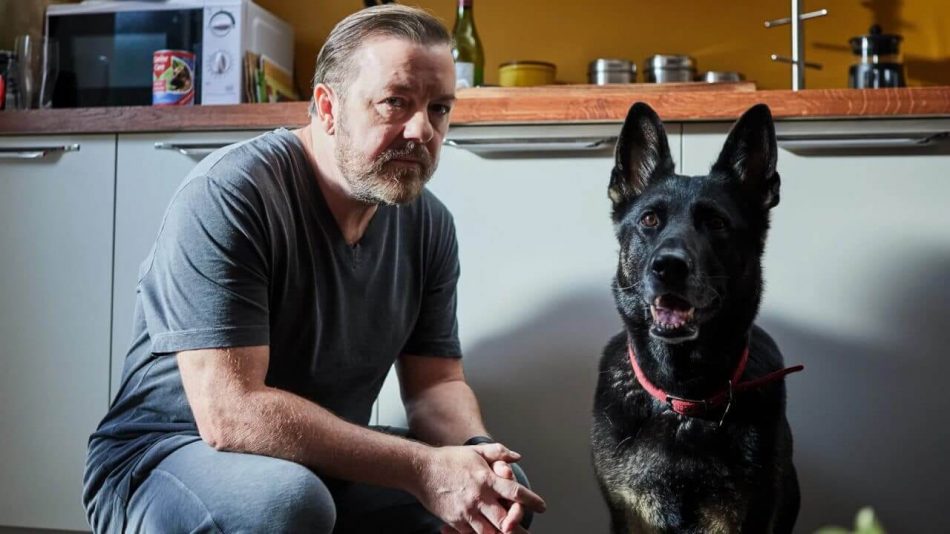
In After Life, Ricky Gervais plays a kind-hearted journalist who turns dark after his wife passes away. Her parting gift to him is a video manual on how to deal with life. But his pessimism and annoyance with people keep delaying him from watching it. Worst of all, a new recruit at the newspaper is assigned to work with him. Her determined personality not only further delays him from dealing with his sadness, but gives him the platform to be even darker and more pessimistic. After Life is a mix of dark humor, straightforward drama, and tragedy. It’s a difficult story packaged in the easiest and most digestible TV form. The episodes are quick, have clear arcs and plot; and yet, you won’t be able to shake the feeling that you’re watching something much deeper than a Ricky Gervais comedy.
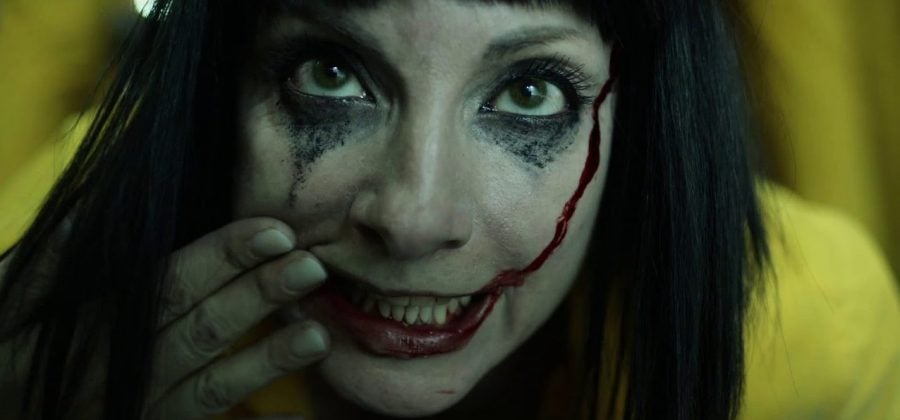
TV nerds know that Orange is the New Black, as much as it’s hailed in the U.S. for being ‘crazy’, doesn’t deserve that title. It’s only a mellow take on the women prison genre that was perfected outside the States. The Australian show Wentworth is one example and Vis a Vis (or Locked Up) is another. The show starts with an inmate being boiled alive.
Macarena Ferreiro is set up by her boss/lover and ends up in prison for tax crimes. First naive and used to luxury, she has to adapt to harsh prison conditions, and harsher inmates. On the outside, her parents try to secure a large sum to pay her bail.
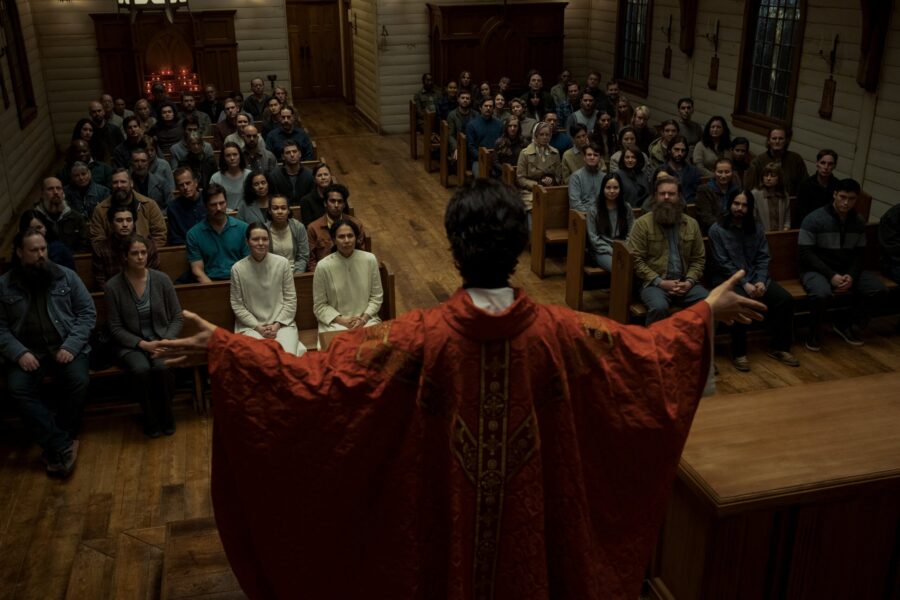
From Mike Flanagan, creator of The Haunting anthology, comes Midnight Mass, a miniseries that is just as gory, unsettling, and supernaturally twisted as any Flanagan horror flick. The series follows an ex-convict who returns to his small town just upon the arrival of a mysterious but alluring priest. As inexplicable events start to happen, the townsfolk hang onto the churchman’s words, seeking reassurance where they can.
With lots to say about religious fanaticism and perpetual grief, Midnight Mass is part of a new wave of layered and thoughtful scary stories currently dominating the genre. While its stately and meditative pace can be overbearing sometimes, it never runs out of things to shock and unnerve the soul.
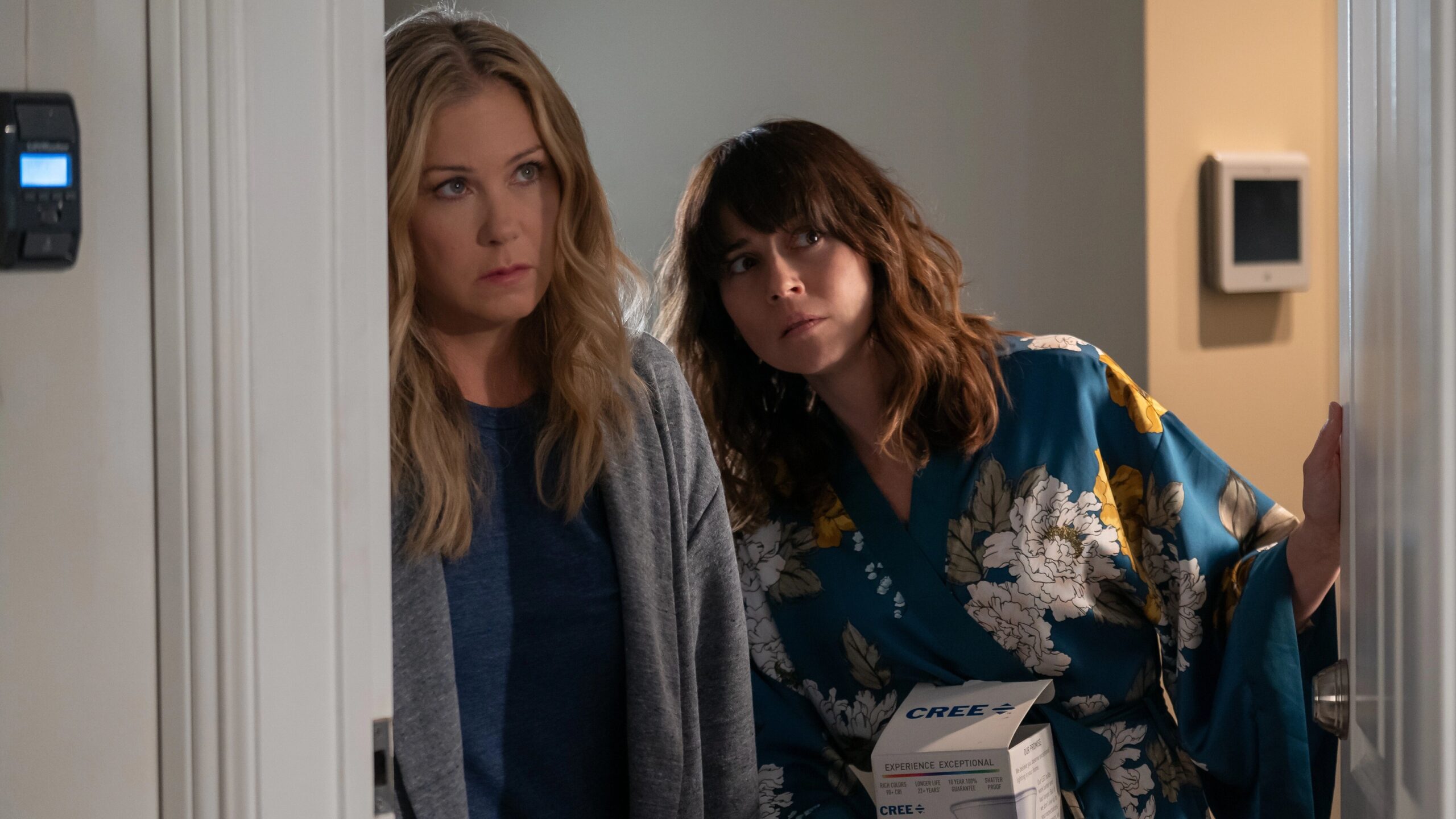
Whoever paired Christina Applegate with Linda Cardellini should be given a raise. As the inadvertent crime duo Jen and Judy, the actresses are magnetic—their chemistry simply radiates through the screen. Whether they’re solving a crime or attempting to incite one, you can’t help but root for them. As long as they’re on screen interacting, everything else—the basic mystery, the predictable twists—is forgivable.
Aside from the irresistible pairing, Dead to Me is also very watchable for its precise and sympathetic take on grief and womanhood. Both Jen and Judy have had to suffer through immense loss, and the series reminds us through their different reactions that there is no one way to grieve. They’re also middle-aged women, a fact that the series handles in a refreshingly deft manner. In lesser hands, this could have been trivialized or sensationalized, but under the helm of showrunner Liz Feldman, it’s a simple matter of fact that ingrains itself in every moment.
Dead to Me is both heartwarming and gut-busting, a darkly comic series buoyed by strong performances and principles.

Also known as Rabo de Peixe, after the real town where the series is based, Turn of the Tide follows a group of four friends, who dream of a life outside their hometown, where nothing ever happens. Except, something does finally happen, and it’s whole packs of cocaine washing up on the island’s shores. It’s a wild series, one where the show’s teen underdogs take advantage of sailing expertise and knowledge of the town in order to sell out one third of the stash from the mainland Italian mafia. And it’s one that is endlessly entertaining, as we hope for the four teenagers to succeed in their plan, and to escape for another life.
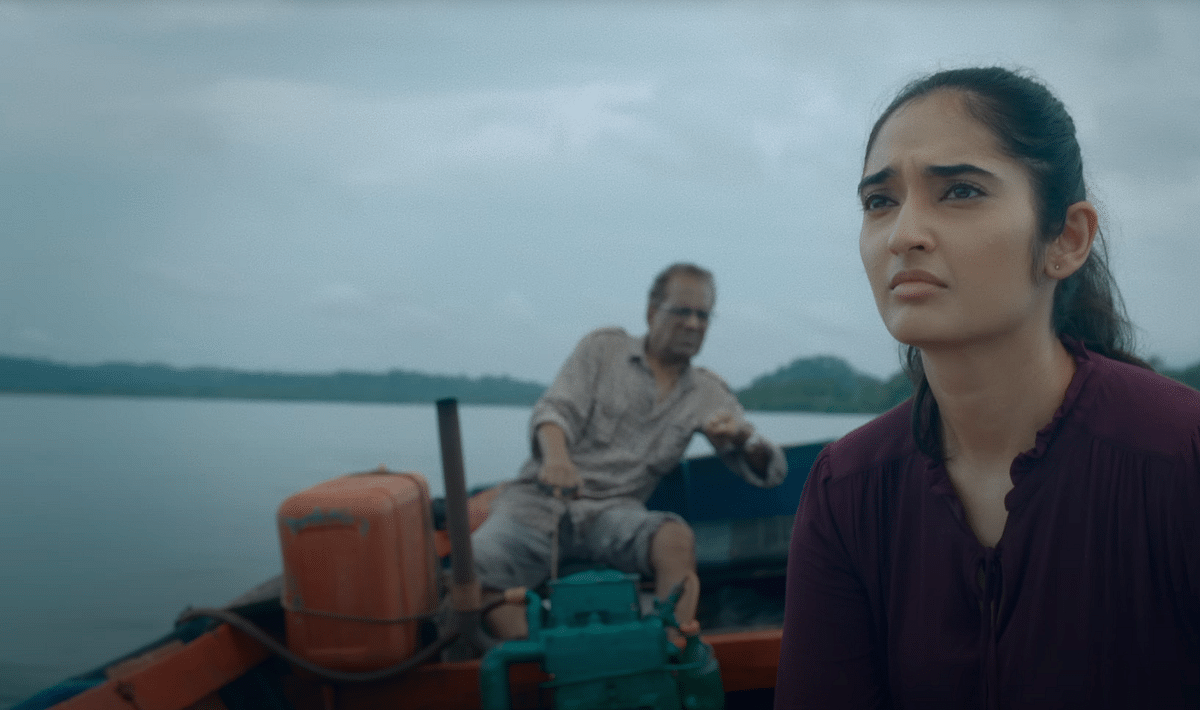
There’s a lot happening in Netflix’s first Hindi survival thriller series Kaala Paani. The main plot follows the discovery of a new disease with inky rashes that confounds scientists and policymakers, which would remind viewers of the botched response towards COVID-19, but there are multiple subplots including a love story with a traumatized former nurse, a family drama between separated parents and children, and the ecological commentary on the indigenous population that survived the disease once before. But Kaala Paani is able to balance these plots, tweaking the series’ disease to visually carry the show’s science in order to dedicate more weight to each subplot. It allows showrunner Sameer Saxena to play with more philosophical themes, and allows his compelling cast to play with more complex and dynamic roles.
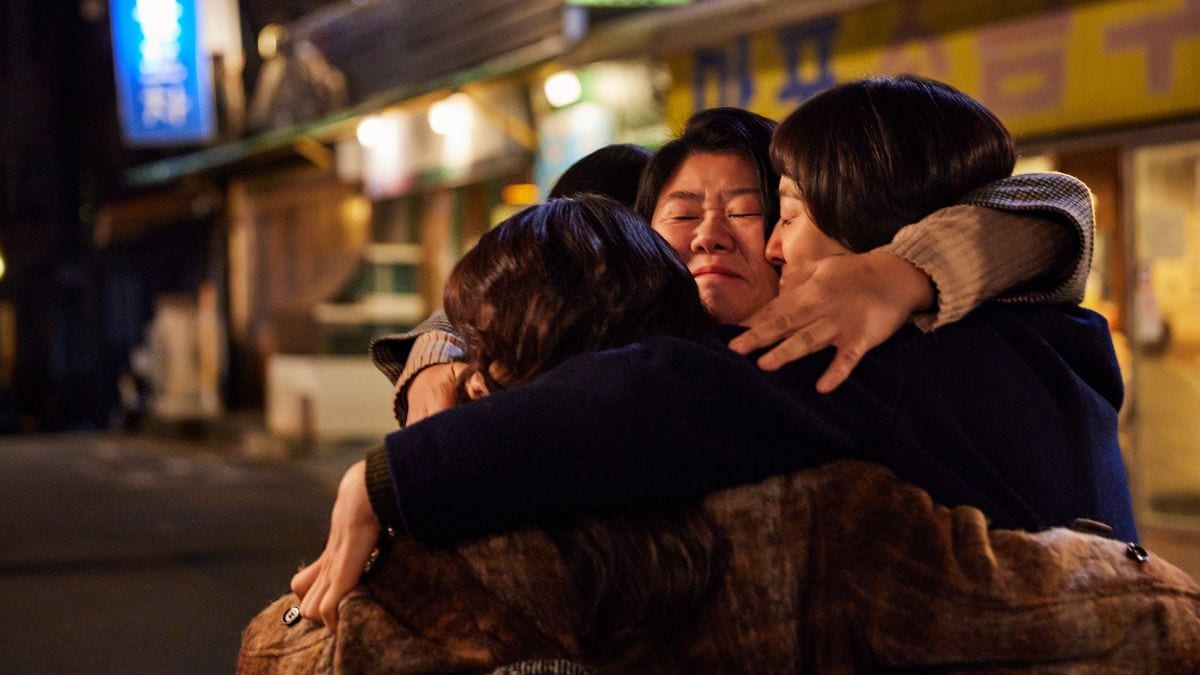
Like plenty of medical dramas, Daily Dose of Sunshine portrays the day-to-day dynamics of a hospital department, this time in the department of mental health in a country that has one of the highest suicide rates in the world. Based on the webtoon from a former nurse, the series might have some laughs from the department’s dynamics, but never at the expense of their patients. In fact, the show takes great care in depicting mental illness, taking care to visualize the patient’s episodes, as well as the way Da-eun tries to fit into her new department. It’s sweet and earnest, but not too cloying, and as substantial as the mugwort rice cakes Da-eun brings for her co-workers.
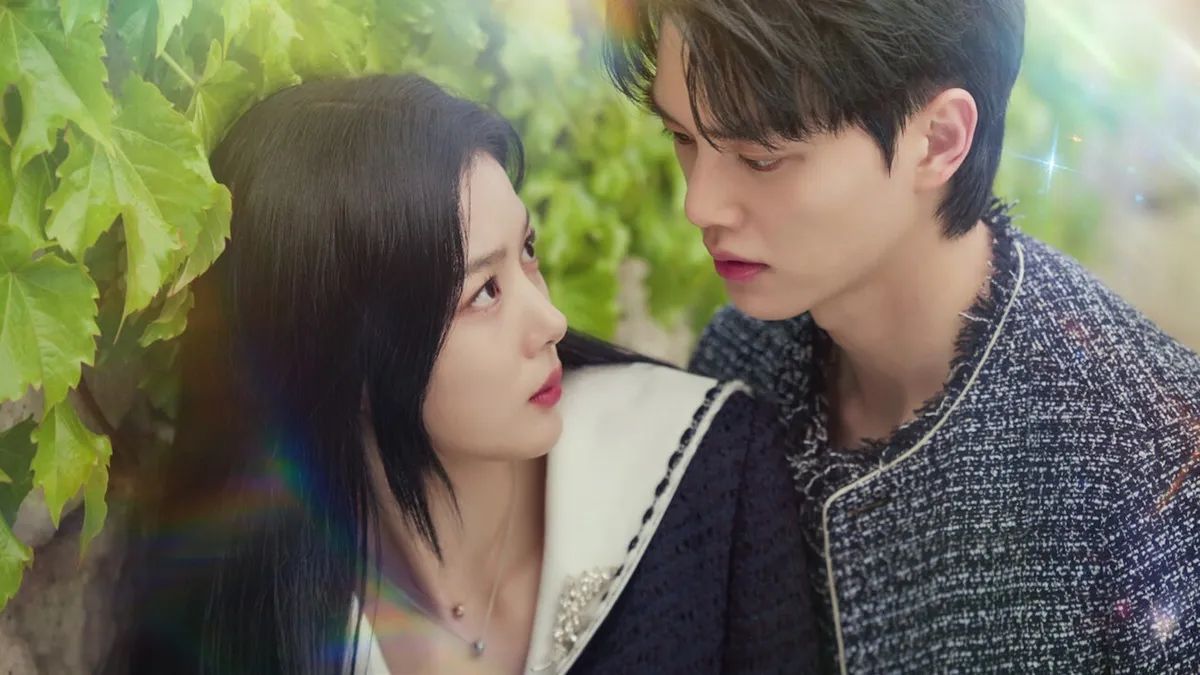
Demons don’t seem to have the same scariness that terrified previous generations. That’s because there are more immediate, realistic horrors that can possibly happen, like other people. My Demon takes a humorous approach to this diminished reputation, as the titular demon has his powers transferred to a modern day capitalist. Without these mystical powers, Jung Gu-won falters hilariously while collecting the souls he needs to obtain, while Do Do-hee remains confused as she’s dragged along to his shenanigans. All the while, they have to deal with corporate sabotage, the risk of spontaneous combustion, murder plots, and of course, the connection Jung and Do need. After all, who’s a better match for a demon than a capitalist?
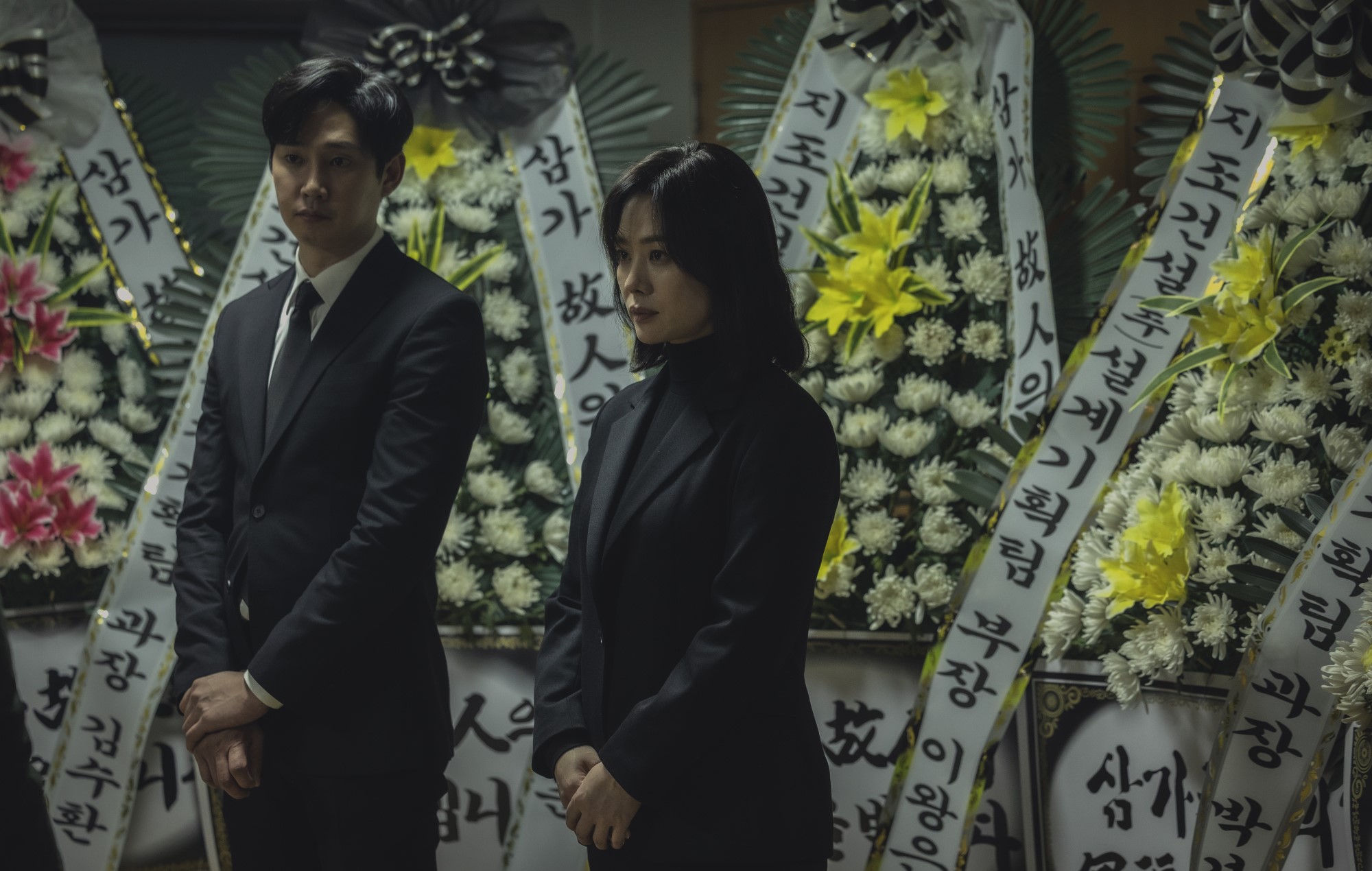
Succession, whether that be of family assets or of job titles, is always a tricky situation to navigate– often, those choosing a successor would have to check in with the possible choices next in line in order to make sure there are no resentment, otherwise, it could drive the hillside horror present in The Bequeathed. From passive-aggressive co-workers to mourning relatives, Yoon Seo-ha is having a terrible time dealing with the succession situation, both being resented by a superstitious half-brother for the land and resentful of a co-worker who got promoted before her. It’s so easy to suspect potential rivals, especially when murder strikes those around you, but The Bequeathed also recognizes something scarier– the fear of what you could do with that resentment.
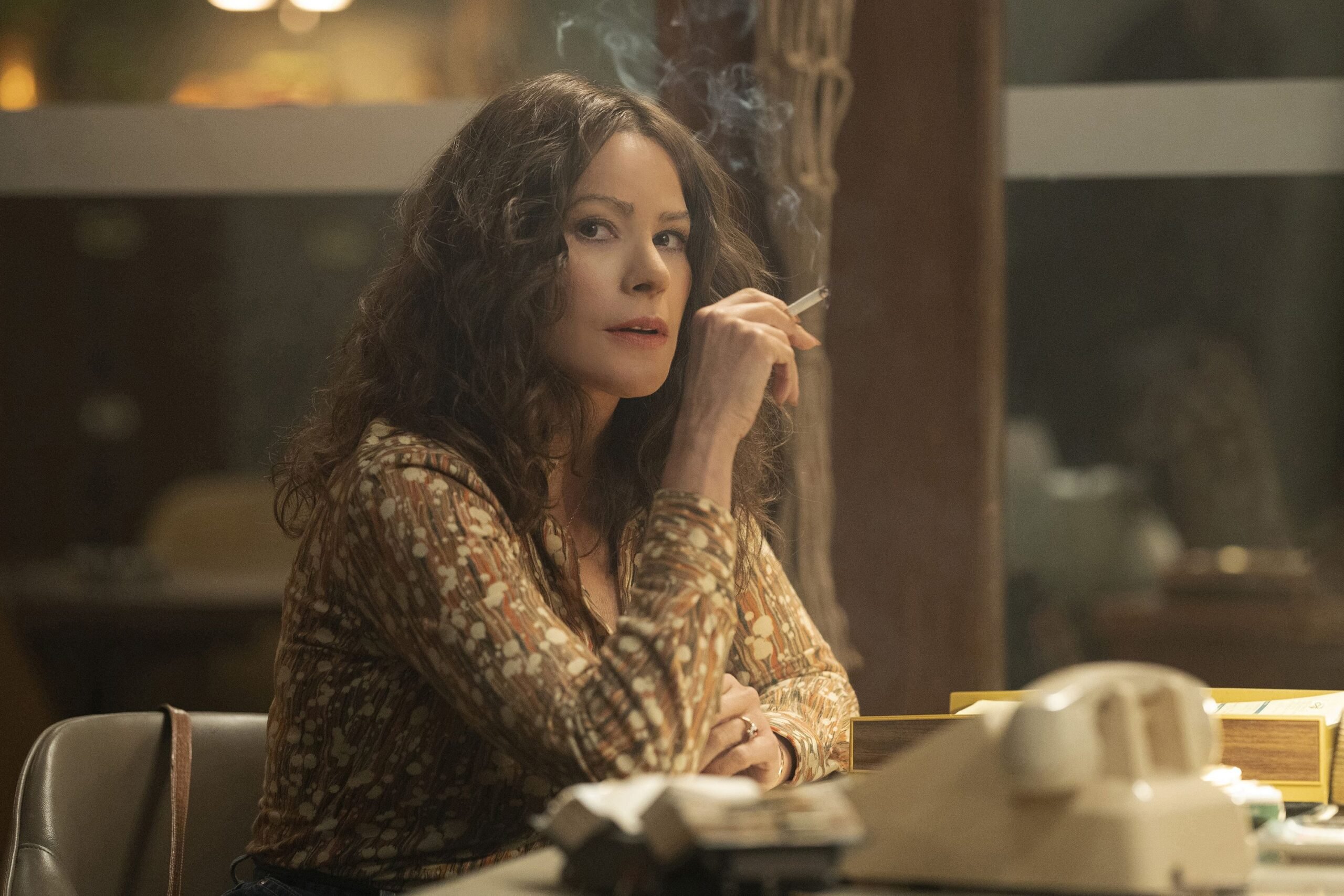
With the success of Narcos, Netflix has created multiple shows about drugs in Latin America to the point that the genre is a tad oversaturated, but with Sofia Vergara heading the miniseries on the real-life cocaine queenpin, Griselda is one that you have to watch. Unlike other depictions of Blanco, Vergara’s series puts her front and center, focusing on the initial struggles it took for her to be taken seriously and the darkness that emerged once she got her way. And of course, Vergara is fantastic, sliding into the drama with an ease that makes us want to see more. While the show isn’t fully accurate, and six episodes are too short to tackle her decades-long rule, Griselda nonetheless is compelling television.
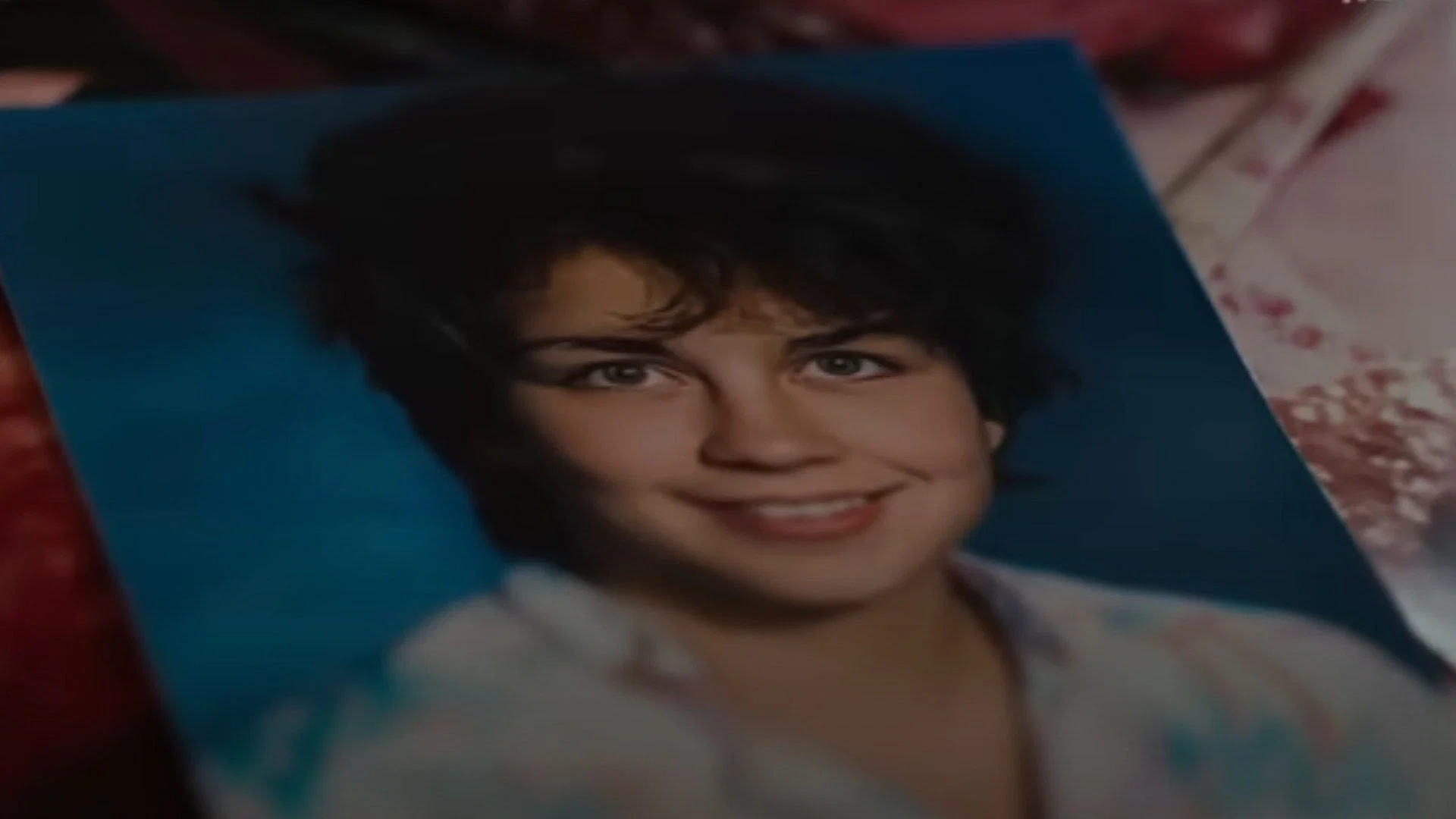
It’s easy to forget that Netflix helped boost the popularity of the true crime genre, especially since it’s pumping out a new series almost daily. A lot of them are rushed and sensationalized, but there are a few that are worthwhile. Into the Fire is thankfully the latter. Showrunner Jenna Lamia and Director Susanne Bier tell Terkanian and her daughter’s story in a refreshingly measured way, making sure to hone in on Terkanian’s restless energy. It’s that energy that rallies the community behind her in breaking open the case and uncovering many more missing persons besides her daughter. The same energy makes the show feel more dynamic and alive than other true crime documentaries. It’s also more restrained and respectful. No overdramatized suspense or sensationalized twists here, just an incredibly true story, cleverly and humanely told.
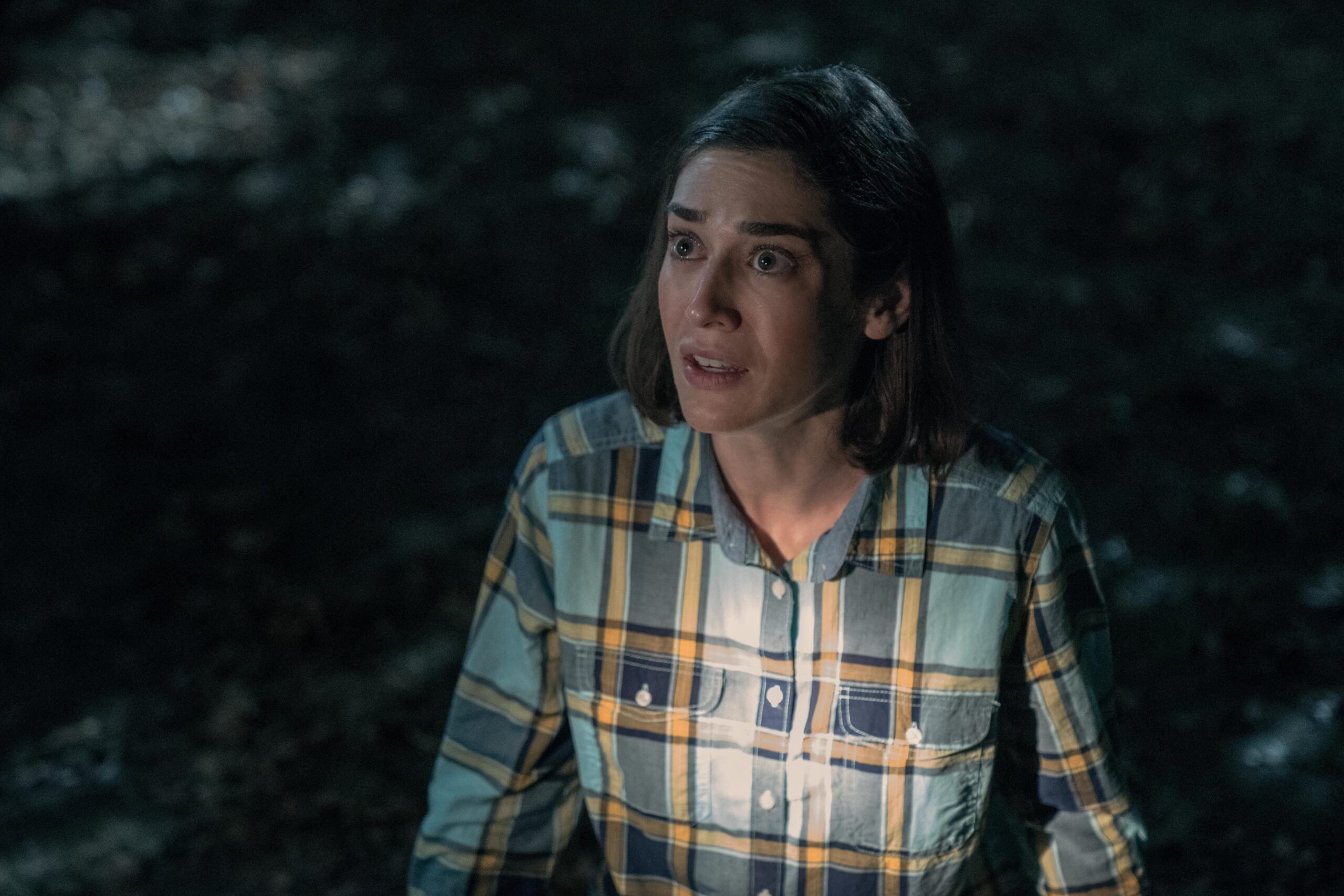
Fans of Stephen King would likely know how long the fictional town of Castle Rock stood in his novels. Hulu’s Castle Rock weaves two original tales based on what is known about this strange, strange town, with the first season centered on a mysterious inmate and the second centered on a mentally ill nurse. While it does get confusing at times, the series is able to weave in a taste of King’s mystery horror elements, with the terrifying abuses of America’s modern day institutions. While Hulu’s attempt at a multiverse can occasionally get a bit shaky, Castle Rock nonetheless creates an interesting reinterpretation of the King of Horror’s Maine town.
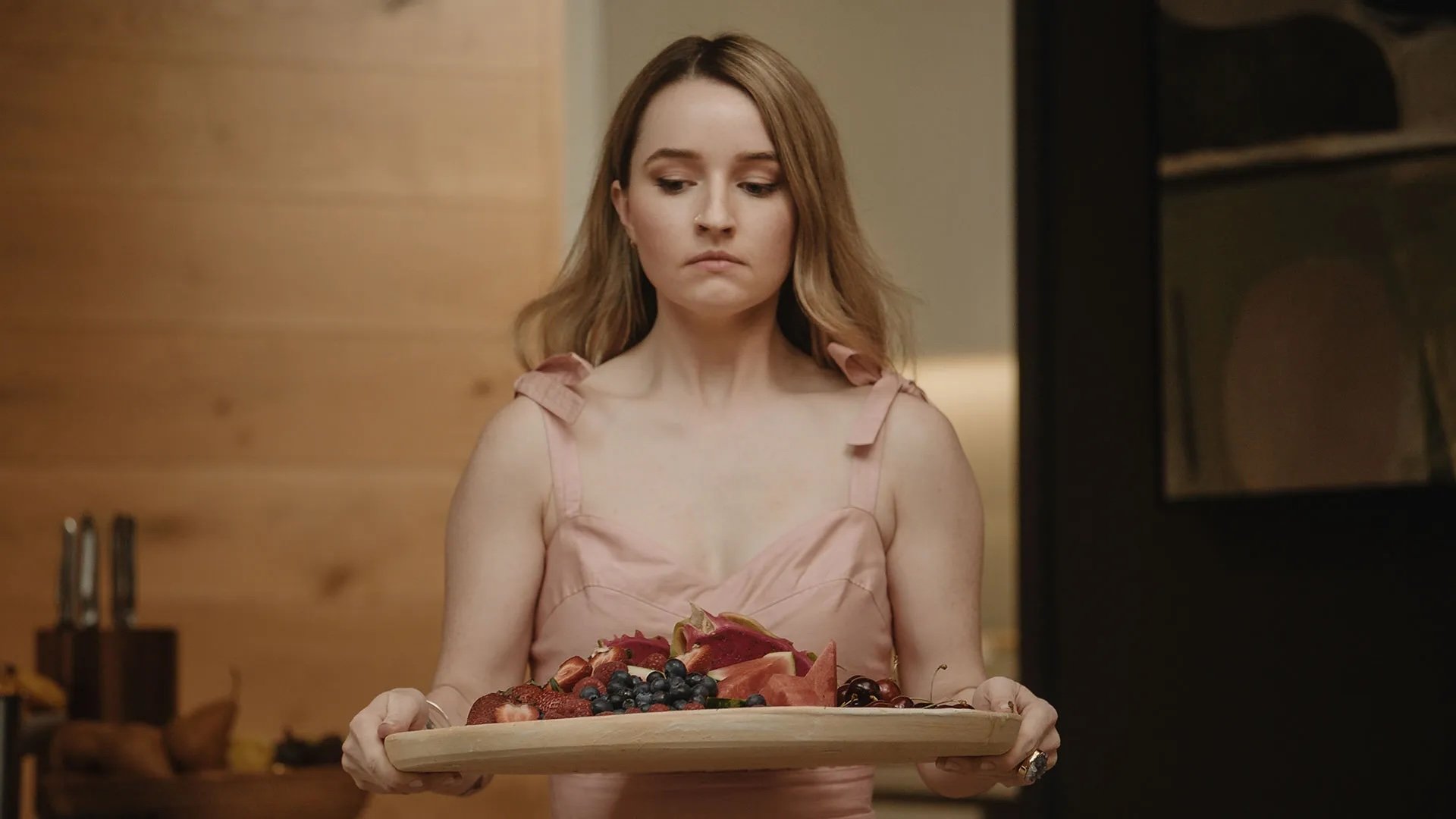
Apple Cider Vinegar follows Belle Gibson, the real-life convicted scammer who founded a wellness empire based on alternative medicine. The series is an interesting character study as it paints Gibson in different shades, which Dever brings so much life into. Here she’s an exploitative scammer, tech visionary, psychopathic liar, hustler, and mother all rolled into one, so it’s not as easy as hating or feeling sorry for her character. Along with Gibson, we also follow Milli (Alycia Debnam-Carey) and Lucy (Tilda Cobham-Hervey), actual cancer patients battling the sickness in their own ways. At times, the show takes on a Mean Girls tone as Milli and Belle go head to girlboss head, but the show is at its strongest when it softens up and gives the women space to feel their specific pains. The show is sharp, entertaining, and moving enough, but I do wish it didn’t have to bury its message in layers of satire. It revels too much in that gray area between alternative living and pseudoscience when it should’ve made the dangers of the latter explicit.

Phoebe Waller-Bridge became famous for her hit show Fleabag, but few people know about Crashing which she has also created and stars in, and which deserves just as much attention. She plays a girl who moves to London to be with her childhood friend, who’s already in a relationship and living with his partner and four others in an abandoned hospital. Waller-Bridge settles into the hospital as well, and the six twenty-somethings become property guardians of the hospital building.
Funny characters and excellent performances make this show dangerously bingeable.

Tour de France: Unchained is an intense sports docuseries depicting the ins and outs of the prominent cycling race. While cycling is an individual activity, Tour de France is structured to be a team sport — usually comprising around 20 teams with eight riders each. The first season depicts the 2022 run from Copenhagen to Champs-Élysées, the comeback after the pandemic, with players looking to defeat two-time defending champion Tadej Pogačar (UAE Team Emirates). If you’re up to date with cycling news, you’ll know how this one ends. However, it’s still a worthwhile watch, as the show goes behind the scenes to witness the team dynamics, the severe falls, and the steep challenges. With this in mind, Tour de France is very watchable, especially for fans of the sport.
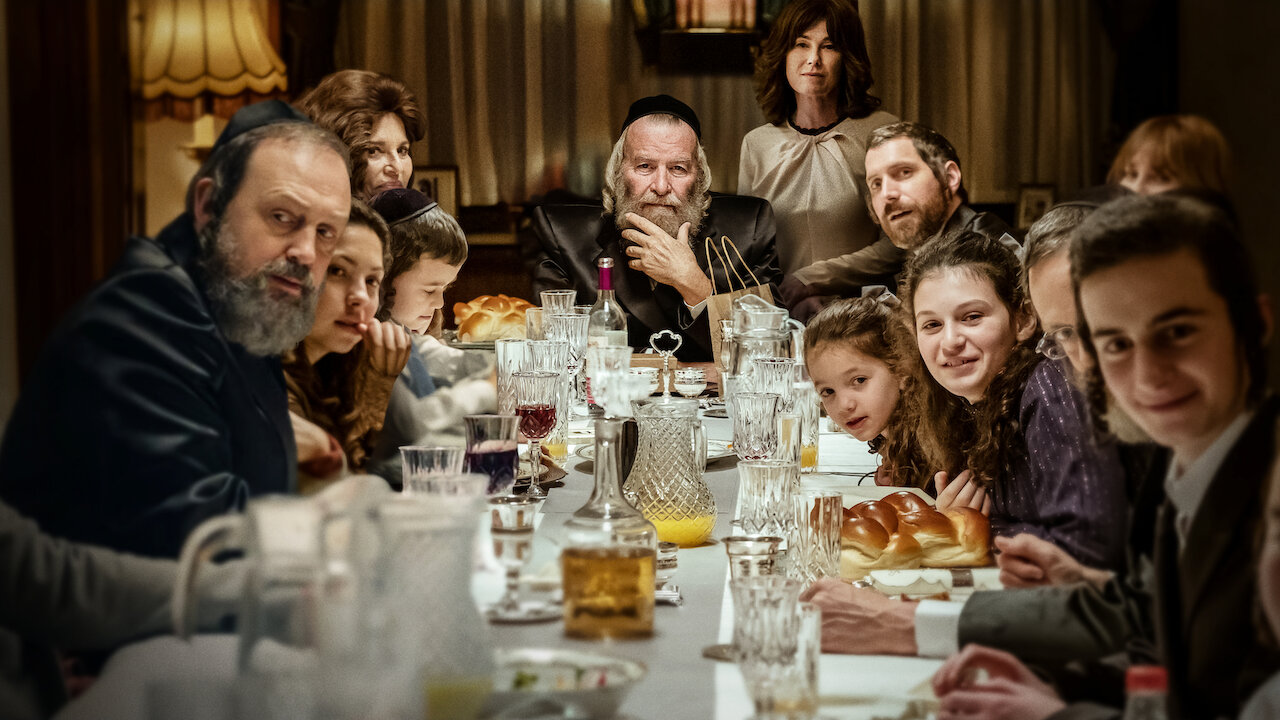
At first glance, Rough Diamonds seems to be a standard Netflix thriller with debts, deaths, and dirty deals. However, this Flemish-Yiddish series happens to also be a compelling family drama, centered around Antwerp’s Haredi Jewish diamond community. The series starts the season strong with the death that puts the family into chaos. It continues the series’ suspense with the return of prodigal son Noah, who, like Godfather’s Michael Corleone, initially disagrees with the family’s orthodox lifestyle, but can’t help but be drawn back to the family business. As the family scrambles to figure out their dead brother’s debt, they squabble with each other in a dynamic reminiscent of Succession, with an added organized crime twist. The resulting mix creates an intriguing thriller series that also happens to be a nuanced portrayal of a rarely portrayed community.
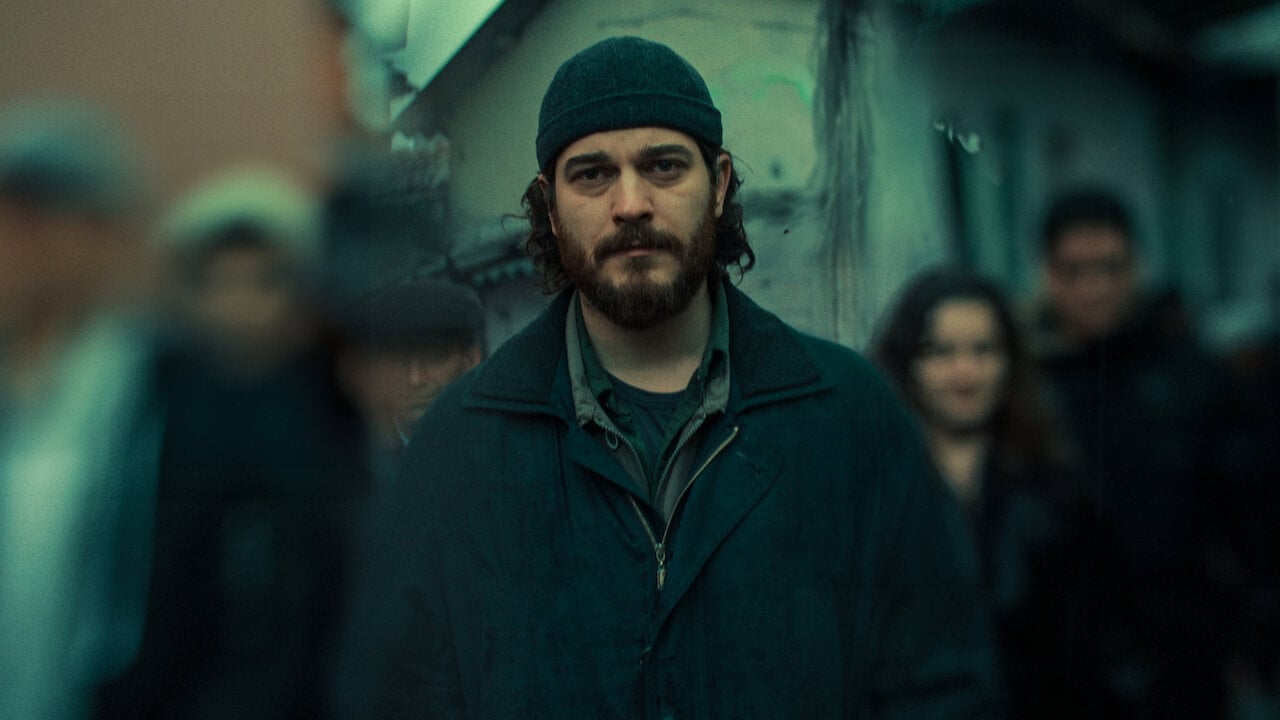
Saints used to be given divine messages, but in the modern age, what if God, or any higher power, communicated to us through social media? Kübra explores this idea in serious contemplation, with fewer intelligence agencies than Netflix’s 2020 Messiah, and more interest in the chosen messenger himself. The show is surprisingly more meditative than thrilling, as the lost ex-militaryman Gokhan and his loved ones quibble over the messages possibly from Allah, through the titular screen name. Of course, they point out that the very idea is ludicrous. At worst, it could be a delusion influenced by a stranger that wants to manipulate a war veteran for nefarious purposes. But the journey and the excellent performances allow us to ponder how prophets came to be– how faith and purpose are intertwined, and how much life’s difficulties can push us to hope for a miracle.

Far more self-aware than one might think, Dear White People isn’t just a progressive comedy that puts its politics front and center—it’s also heavily critical of its own so-called “woke” characters and their hypocrisy, but never in a cruel way that betrays its own beliefs. It’s a show all about the contradictions of existing as Black in America, especially within a prestigious institution that claims to take pride in its diversity while asking its students to compromise on parts of their identity. And all of this is done with impeccable style, a rapid pace that actually enhances the comedy, and a large cast of well-written characters who intersect in fascinating ways.
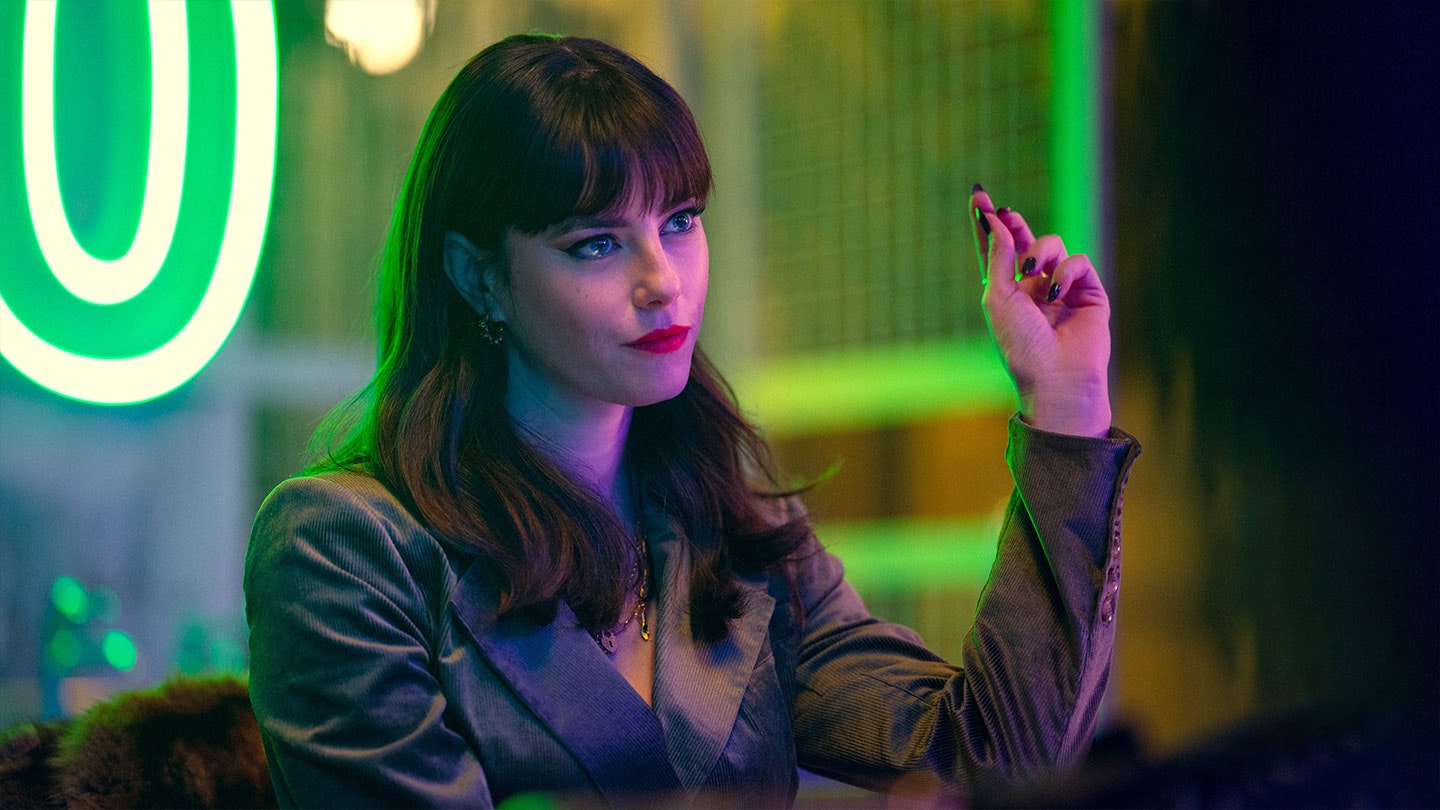
After the successful release of The Gentlemen (2019), it would have been easy to just continue the story with the same cast of characters, but instead Guy Ritchie makes a spinoff with the same cannibis chaos, but instead expands it to a startlingly funny depiction of the British aristocracy and the criminal underworld. It has all the action-packed styling Ritchie is known for, with each episode bringing up a new inheritance issue Theo James as Eddie Halstead has to solve, with the help of a cool and cunning Kara Scodelario. While the episodic troubles do feel a bit tired after eight long episodes, The Gentlemen keeps the intrigue through never losing sight of the tension occurring between the main duo.

Toxic Town tells the true story of how toxic waste in the steel-making town of Corby, England led a group of affected mothers to pursue justice. Helping them out is pro-bono lawyer Des Collins (Rory Kinnear), while on the other end of the case is Corby’s local government, who (unsurprisingly) are in cahoots with the steel mill responsible for the poisoning. The show’s beats are familiar; it’s a classic legal drama with streaks of political corruption and conspiracy, while also being an underdog story about victims rising to the powers that be. But its familiarity is easily forgiven thanks to the heartwarming performances of Jodie Whittaker and Aimee Lou Wood, who play two of the mothers with disabled children. The show, though short at just four episodes, gives them ample space to grieve, celebrate, and essentially be human–as opposed to just angry women serving as plot points to a drama. Their humanization and compassion for one another, as well as the thrilling pace and intelligent back-and-forths, are what make the show worth watching.

Sirens is a psychological drama that follows Devon (Fahy) as she retrieves her sister from the grasp of her cultish, billionaire boss, Michaela (Moore). The five-part series is addictive, not just because of the juicy drama and the dagger-sharp, class-conscious dialogue, but also because of its deep understanding of the contradictions of womanhood. The women are alternately jealous and empathetic, pained and ambitious. And they’re led by a trifecta of compelling performances: it’s a thrill to watch Fahy, Moore, and Alcock go at each other’s throats.
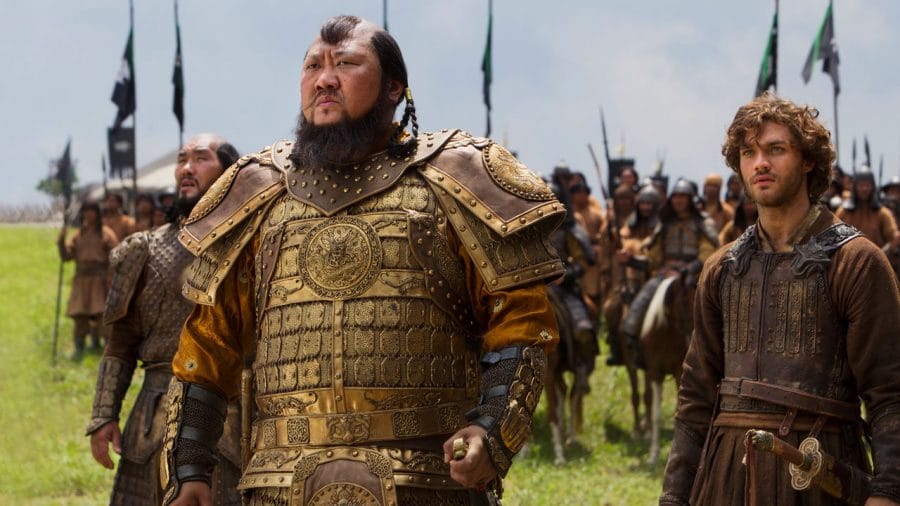
This colossal-budget show ($90 million for the first season alone) never caught a break. Somehow it didn’t make it to the big audience it deserved. It tells the grand story of Marco Polo the explorer, and the years he spent with the Mongols, going back forth in their ranks between prisoner and leader. It was during this crucial time for the empire that Kublai Khan had extended the reach of his empire even further than his more famous grandfather Genghis Khan. As you’d expect with a show featuring this many characters and such a new world, the first season is not as entertaining as could be, but the show becomes its full-self as a true epic in season 2.
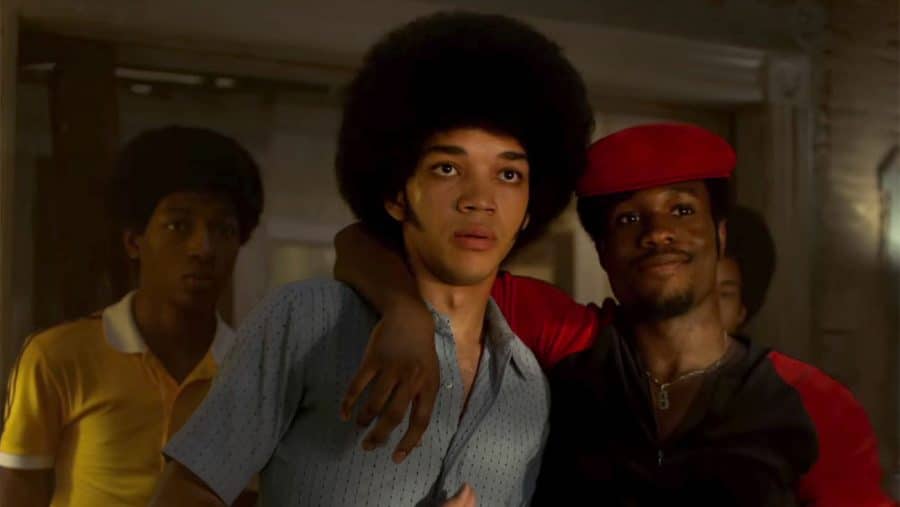
Watch out for Ezekiel in this show, he will steal your heart. And also please sit through the first episode. Yes, it’s long, but if you get The Get Down, it is one of the best shows on Netflix. Created by Baz Luhrmann and Pulitzer Prize winning playwright Stephen Adly Guirgis, it narrates the rise of hip-hop in a broken 1970’s New York. The impressive credentials don’t stop there, as the series is narrated by Nas, features work by four-time Academy Award winner Catherine Martin as well as hip-hop historian Nelson George. It is perhaps for this reason that the word “narration” takes its full meaning here. Every episode, every scene, every character are made with extreme care, resulting in sometimes longer than necessary sequences. A sacrifice that will make some viewers very happy, but which many might have a hard time adjusting to.
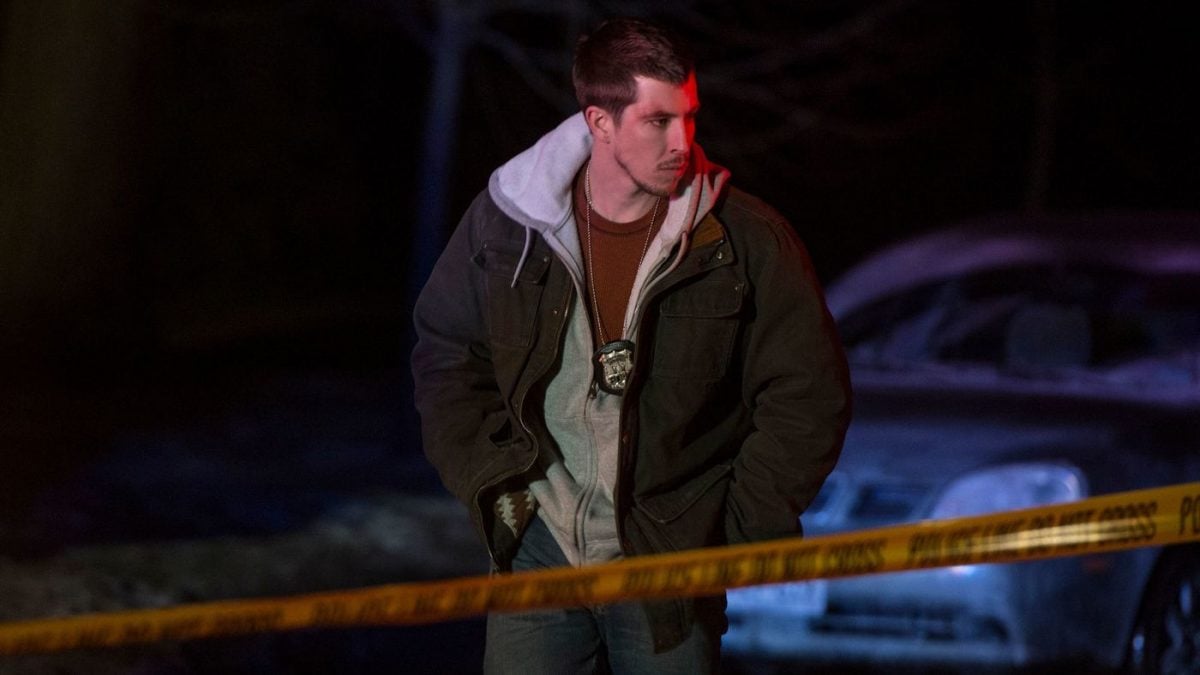
The first episode is directed by the maker of Warrior, Gavin O’Connor, and shares its emotional, yet suspenseful and action-packed flow.
A white police officer and his squad are involved in an attempt to cover up the hit-and-run murder of a black teenager. You’ll see the officers weigh guilt and remorse against their fears of exposure and a backlash. You’ll also meet the teenager’s heartbroken family and a disorganized prosecutor.
Its tales of race and institutional bias are compelling, but its greatest strength is the script. Add strong acting, especially by Regina King and Russell Hornsby, and you get one of the best police dramas Netflix has ever had.
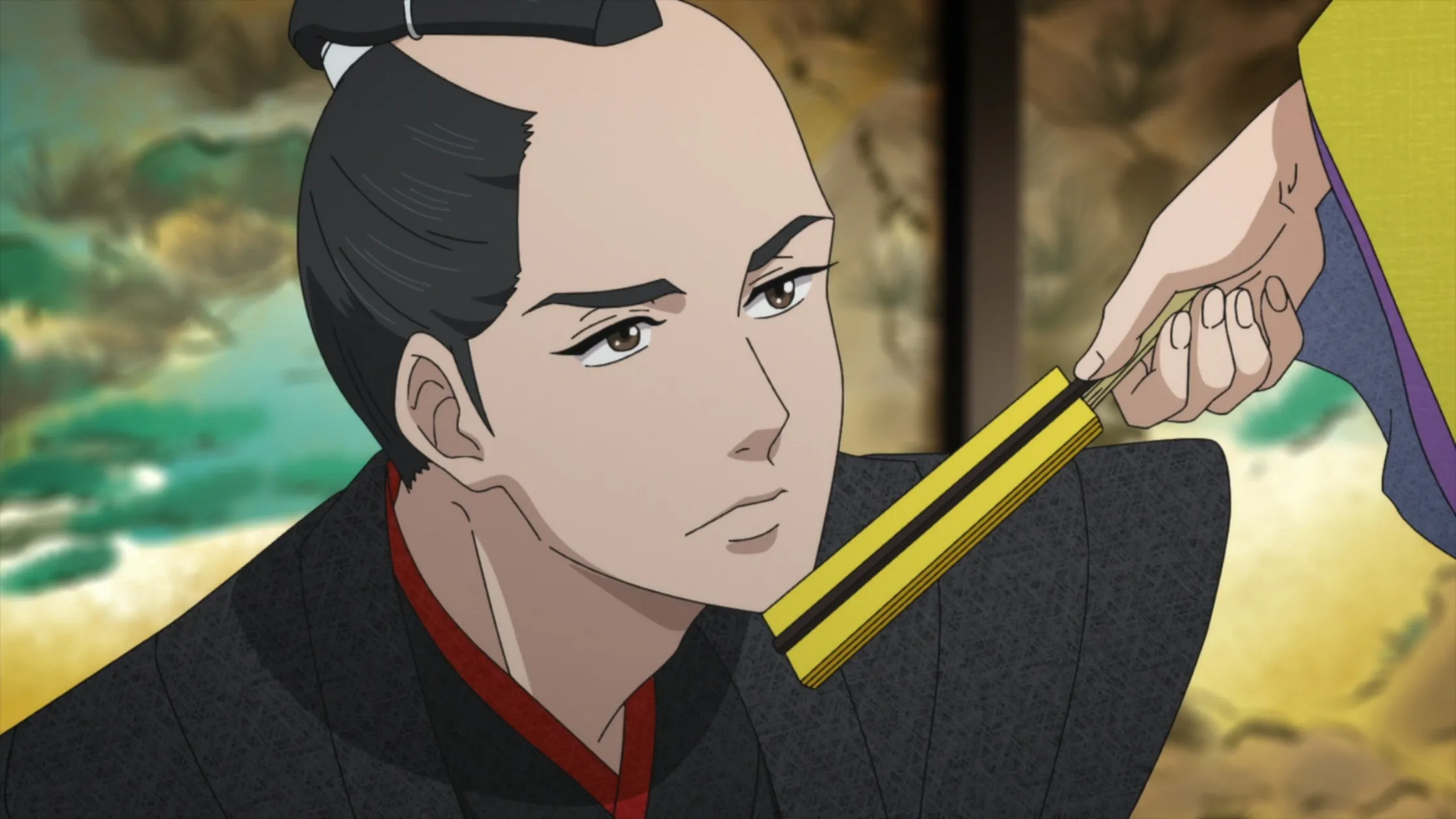
Set in a fictionalized version of Japan’s Edo period, where a deadly disease affecting only men has led to women taking traditionally-male roles, Ōoku is steeped in social commentary on gender and sexuality. The concept is well-established in its 70+ minute first episode, allowing the story to set a foundation for a fascinating progression in this world. By centering the powerful warlord figure, the Shogun, it illuminates the shadows women occupy to support a country with little to no recognition. With a political throughline and an inherently feminist lens, Ooku: The Inner Chambers offers a beautifully-animated series with few gimmicks and lots of depth.

Michelle Buteau is the hilarious and charismatic lead of this amazingly diverse and body-positive comedy. In her post-breakup glow-up, Buteau’s character Mavis takes no prisoners as she prioritizes herself and her career with the help of her equally funny and wholesomely supportive friends. As with any comedy, there are some cheesy punchlines, but the humor and story still feel authentic (a given since the show is based on Buteau’s collection of essays). Without resorting to self-deprecation or below-the-belt jokes, Survival of the Thickest boasts a refreshingly inclusive, queer, diverse cast that isn’t afraid to take up space. This series is a great comfort watch with fun and laughs guaranteed.
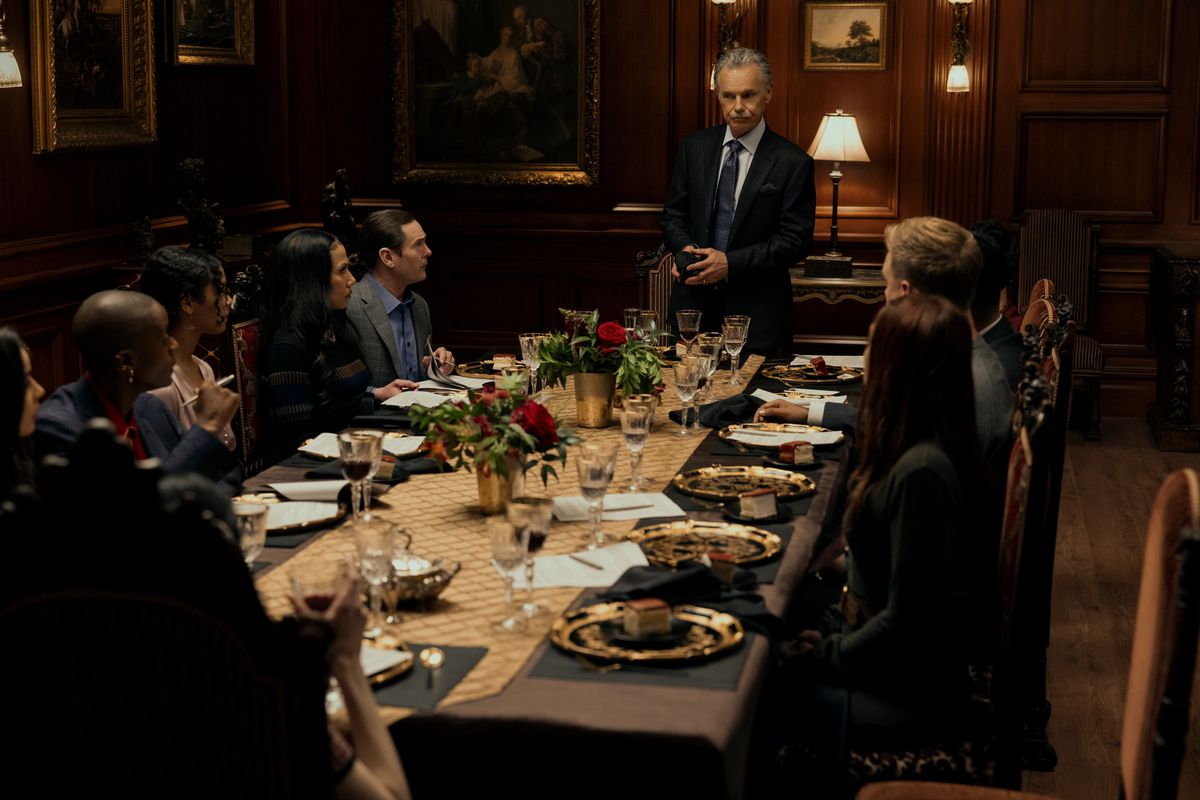
The Fall of the House of Usher isn’t an exact one-to-one television adaptation of the titular short story. Instead, the original story from Edgar Allan Poe is used as a frame to introduce a whole Succession-like miniseries, with names and subplots coming from other stories from Poe. Because of this, fans of the author might feel disappointed at the lack of old gothic flair, as the story is set a whole century and a half after, and the tone shifts as the show shifts from character to character. However, Mike Flanagan’s whole ensemble still proves to be entertaining as the Usher family deals with sci-fi mishaps, internal sabotage, and a possible supernatural element haunting the whole brood.
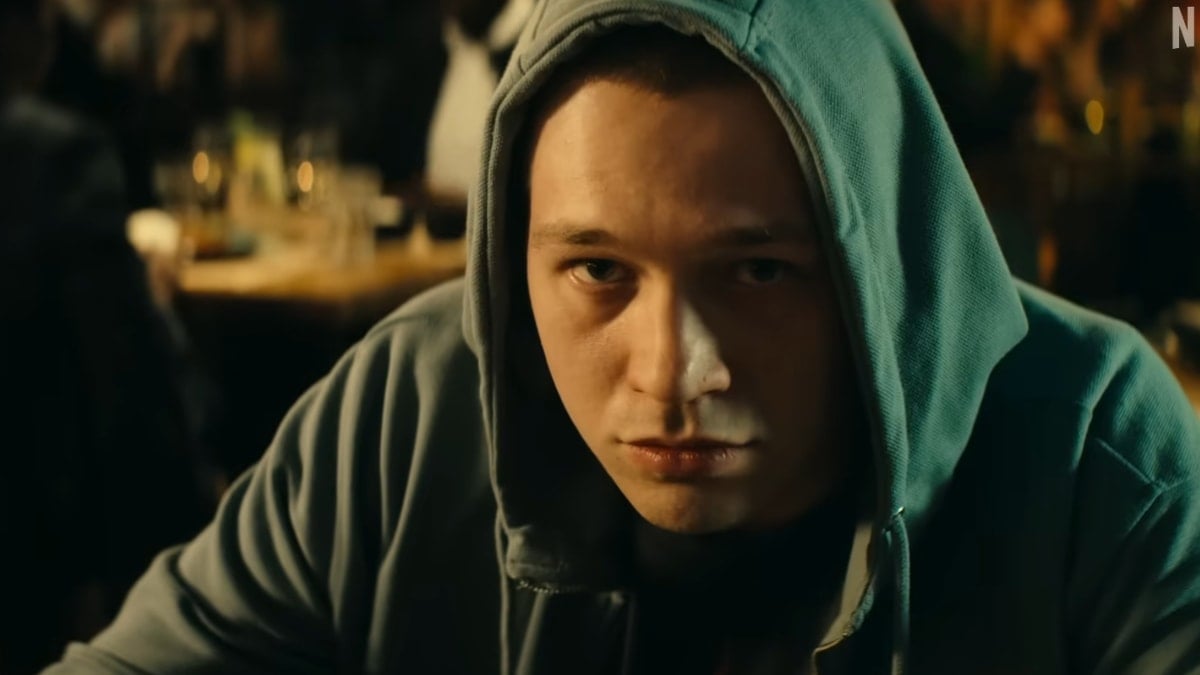
After years of trying to regain sobriety, it’s totally chilling to wake up the next day, with no memory of last night, only aware that you failed to stay in control, again. Feedback follows a washed-up rock star trying hard to figure out what happened last night, but not just because it was an oopsie. Instead, for Marcin Kania, it’s the night his son went missing. With angry spiraling scored by electric guitar, temptations to drink abound, and the demeaning judgment of everyone around him, it’s hard for him to convince the cops to take this case seriously, especially when he only has blurry recollections of last night. But it’s easy to root for this unreliable narrator, who’s trying hard to be his best. He just might find him, but he might also find out what happened to the son he failed to guide properly, and hopefully redemption for how much he’s failed his family.
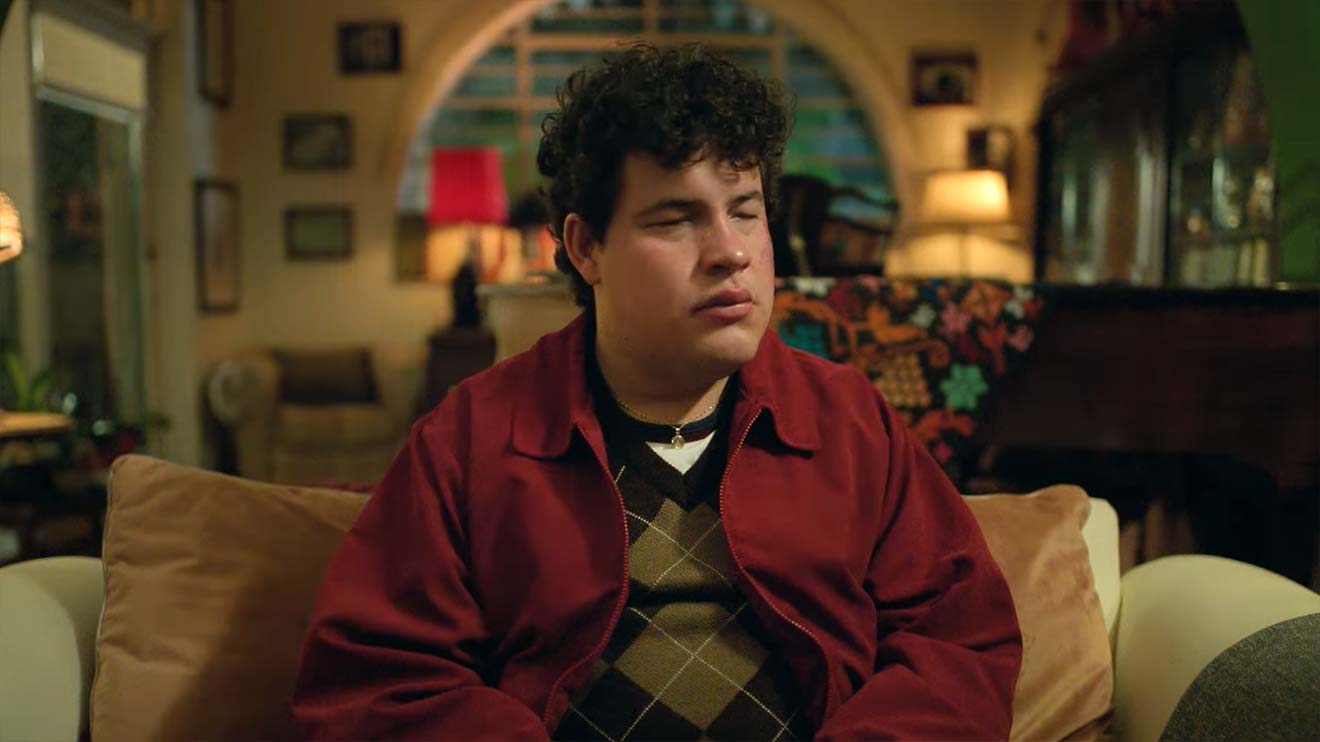
When a comedy is centered around people with disabilities, there’s a worry that the humor would be unfunny or demeaning – there’s a misconception that disabled jokes would surely have to be one or the other. But Nothing to See Here is funny without relying on stereotypes. The humor isn’t based on forced quips or halfhearted improvisations. It’s just part and parcel of a story about chasing dreams, seeking independence, and keeping faith in one’s self despite the limitations imposed by others. And through showrunners Big Drama and Santiago Limon, as well as the well-selected cast, it’s hilarious and heartfelt enough to follow.
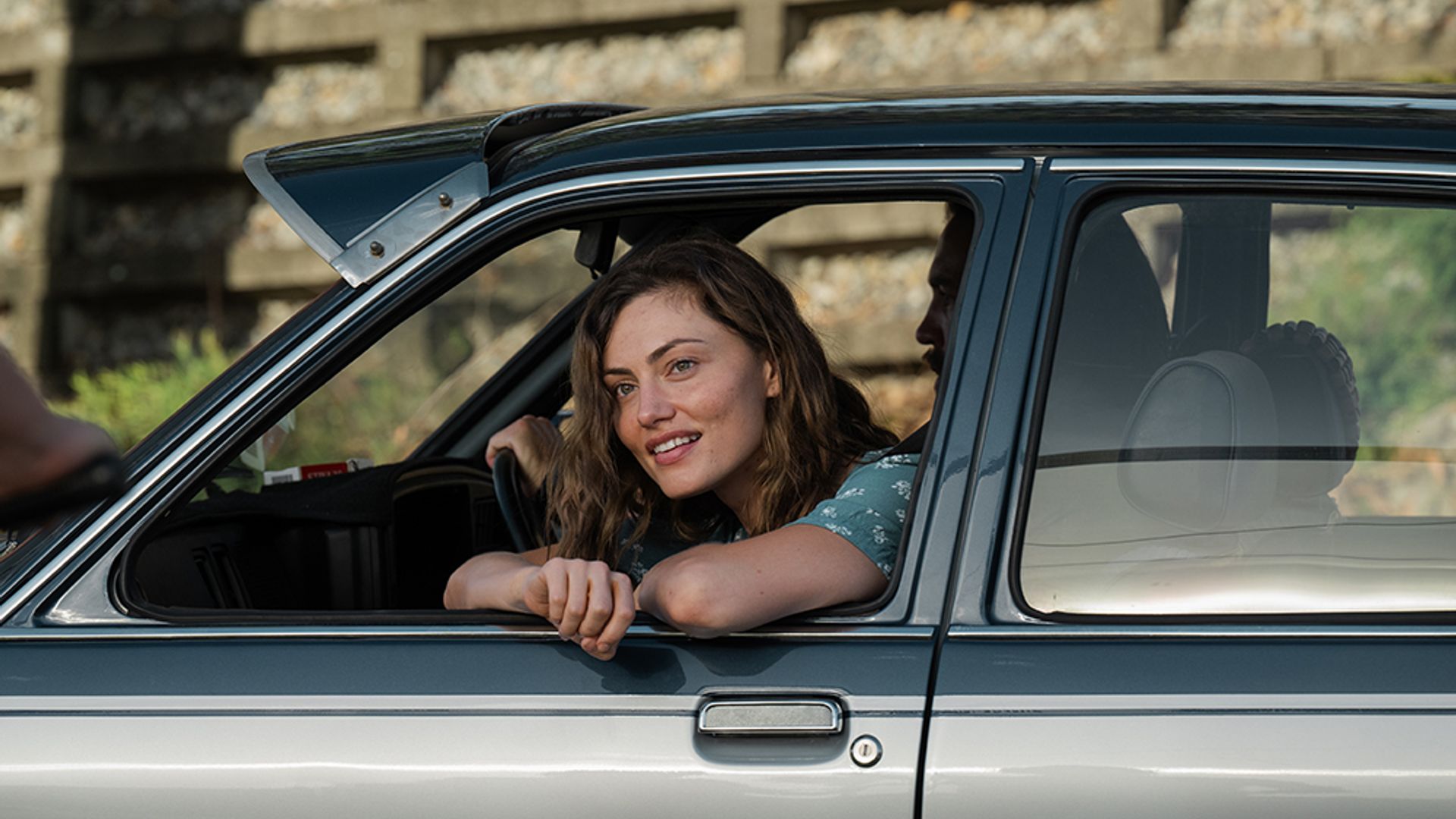
Coming-of-age shows are practically Netflix’s bread-and-butter, but the working class side of Brisbane in the 80’s is a suburb we didn’t expect the international streamer to visit. Based on the semi-autobiographical novel with the same name, Boy Swallows Universe is centered on the precocious Eli Bell, whose age and curiosity naturally pushes him to try and figure out how he fits in the world. There are some magic realist elements, and the crimes escalate as we go further and further into the miniseries, but the show shines best when depicting the slow, day-to-day moments in Bell’s family. The show never judges them, nor does it totally excuse their actions. Instead, Boy Swallows Universe depicts a certain nostalgic compassion one could only have for their hometown, regardless of how downtrodden it is.

With a film version that didn’t live up to the hype of the original novel, Netflix’s adaptation of One Day released just in time to wreck the fans’ hearts all over again, but this time, it’s a good thing. The expanded runtime allowed Netflix to delve more into the moments in the novel, with each episode dedicated to a day in the year in Emma’s and Dexter’s lives, contrasting their respective worlds and opportunities available to them as different members of London society. And the couple is played beautifully by Leo Woodall and Ambika Mod, with a believable chemistry that isn’t formed in a single spark, but made in multiple moments. If you’re needing a good cry just right before Valentine’s Day, One Day is a superb slow burn romance to let those tears out.
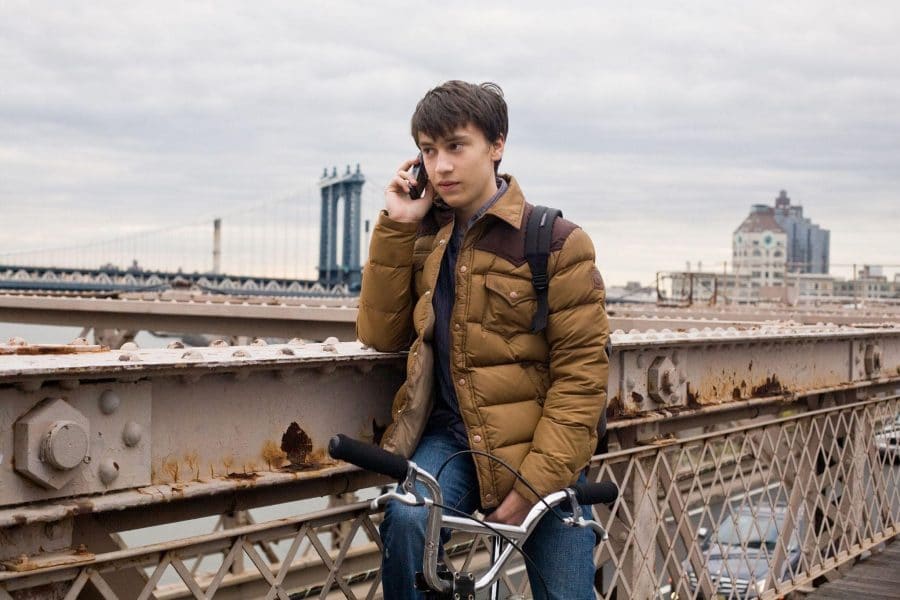
Keir Gilchrist who you may know from the movie It’s Kind of a Funny Story plays Sam, an 18-year-old on the autistic spectrum trying to navigate the “typical” aspects of a teenager’s life: dating, independence, friendships, etc. Perhaps people dealing with autism can better attest to this, but the show feels genuine and realistic. Don’t get me wrong, it’s a comedy, but it’s a really heartfelt approach to the funny sitcom format. In a lot of ways, Atypical is the perfect 2017 Netflix-age coming-of-age sitcom: it’s funny and smart, but also keen to be realistic. And Atypical is about Sam’s family almost as much as it is about him, and how they adjust to his new quest for self-discovery. Look out for newcomer Brigette Lundy-Paine, who does an amazing job playing Sam’s siter Casey!
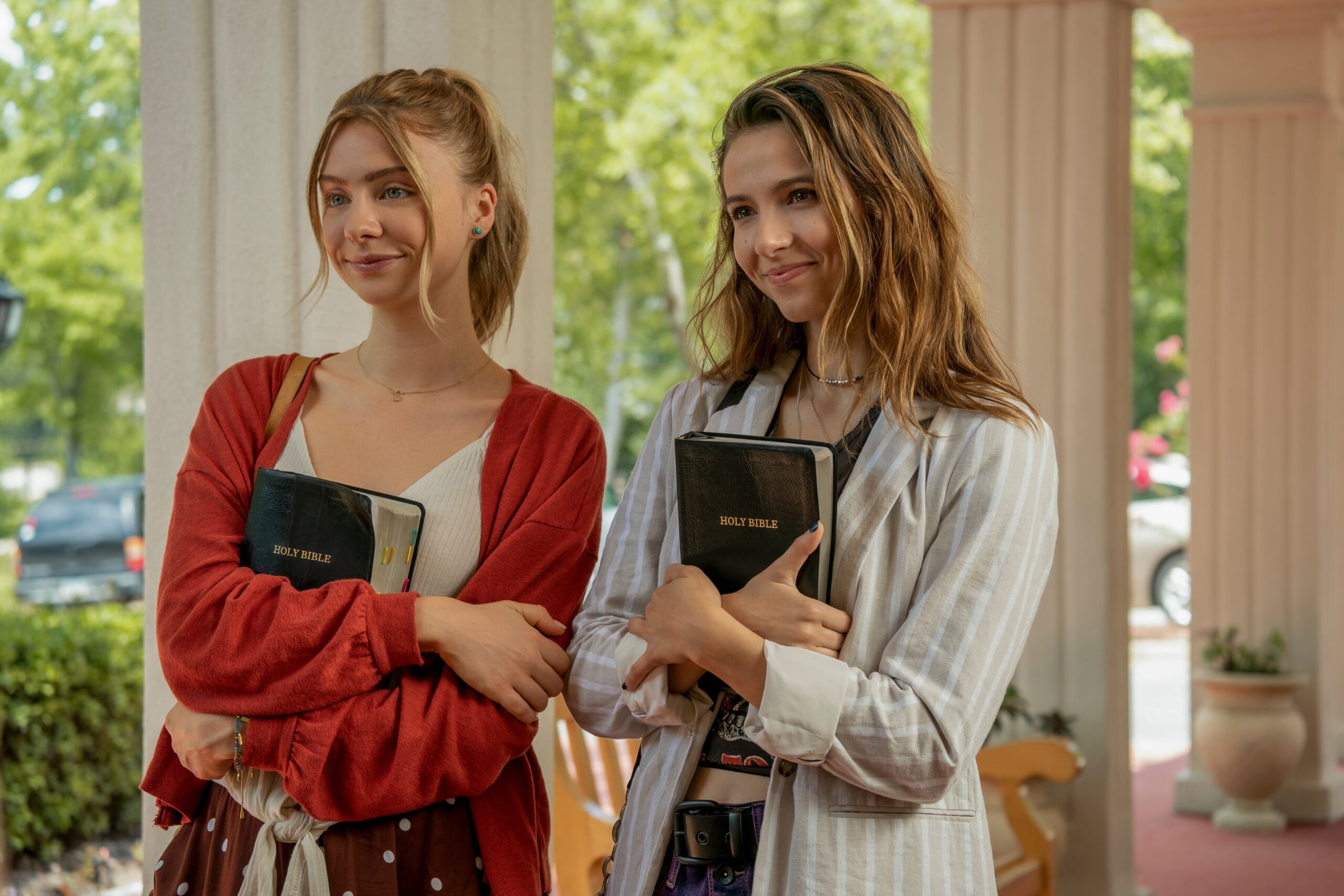
With the deluge of hyper-stylized teen shows everywhere (but especially on Netflix), Teenage Bounty Hunters comes as a refreshing and welcome surprise. Sisters Blair and Sterling, played by Anjelica Bette Fellini and Maddie Phillips respectively, strike the perfect balance between spiky and endearing, creating a chemistry that’s rare to see among TV siblings. There’s friction but also love all around.
Their interactions alone make the series thoroughly enjoyable, but their coming-of-age hijinks and comedic timing, especially around their reluctant mentor Bowser (Kadeem Hardison), make it an absolute must-watch. If you enjoyed Booksmart but wished it was more action-packed, you’ll surely love this show.
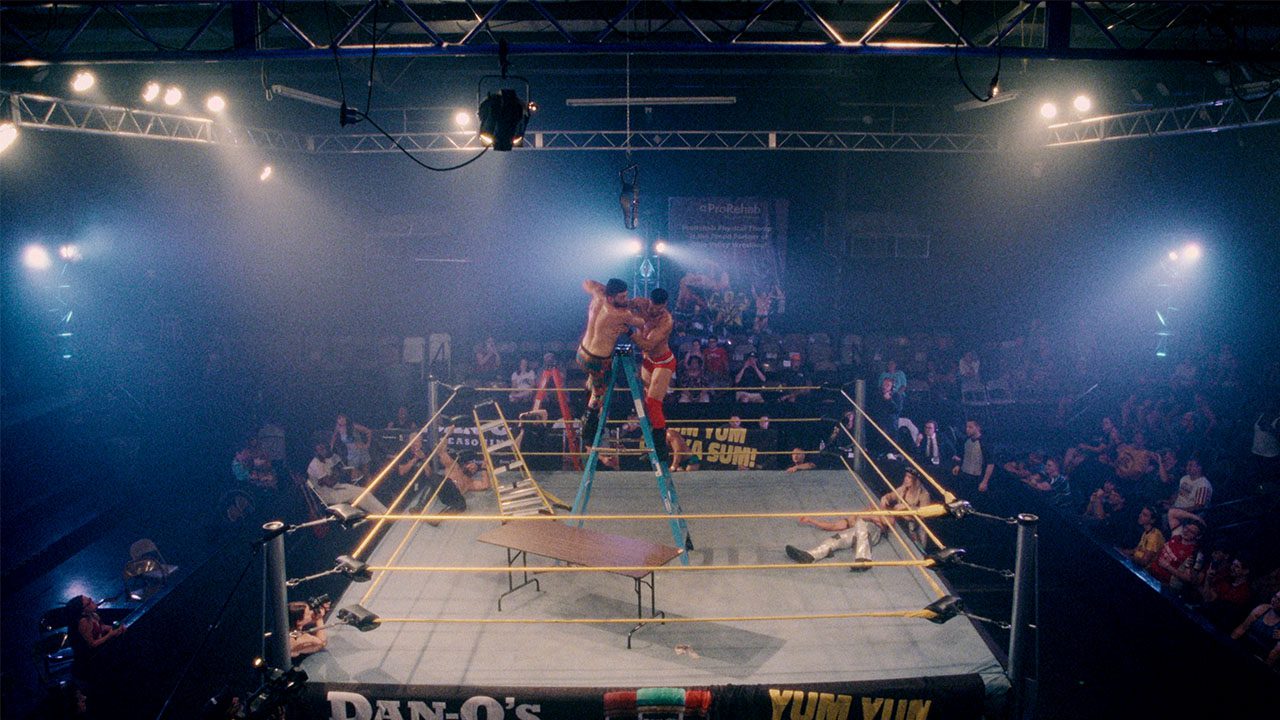
The OVW are practically nobodies outside the pro-wrestling scene, and they know it. They describe themselves as a “third tier” that trails behind more well-known companies like WWE and AEW, with one manager even likening their team to an indie film. If the WWE and AEW are Michael Bay movies, he says, then the OVW is like the highly-rated but little-seen movie The Squid and the Whale. But though their underdog status is bad news for their dipping financials and fanbase, it makes for a compelling story in Wrestlers. The docuseries pulls the curtains on the OVW and acquaints us with the owners, managers, accountants, and of course, the wrestlers, who are all struggling to keep afloat this act they love so much. “Wrestling is the art of physical storytelling,” CEO Al Snow says, and it’s clear that director Greg Whiteley believes him. He captures the OVW lovingly, intimately, making us privy to their highs and lows, celebrations and disagreements, and everything in between. He never forces us, either, but rather invites us to this world as naturally as possible. You may start watching this knowing very little about the OVW, but you’ll leave knowing and caring about them a little more.
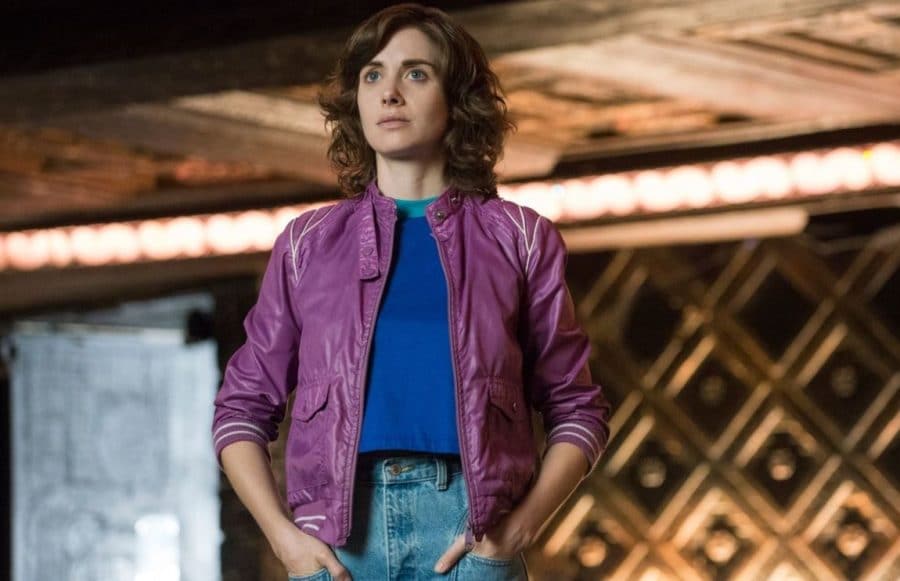
In an age where every show gets called “original” the minute after it comes out, this amazing series from the creators of Orange is the New Black will actually make you go “no, that show is different!”. Starring an almost all-women cast (except for the coach, played masterfully by podcast icon Marc Maron), it’s the story of how a crazy wrestling show was put together in the 1980s called Gorgeous Ladies of Wrestling. Alison Brie (Community) plays the girl at the center of the effort to make this show happen, having had a terribly failed career thus far. Perfectly acted and featuring funny as well as absurd moments, GLOW is a great show that you can binge on Netflix without noticing the episodes fly by.
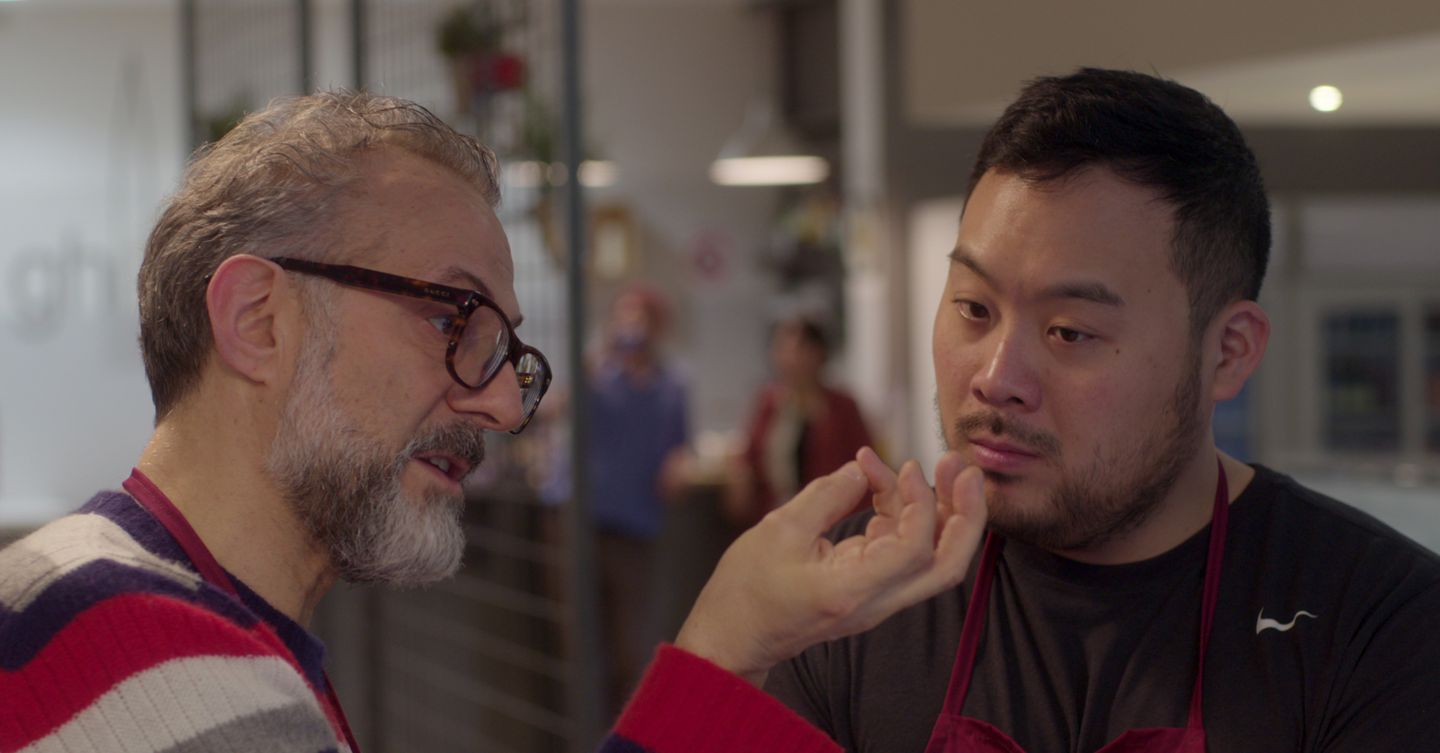
Man, don’t watch this show hungry. Each episode traces the traditions, the history, and the lore surrounding much-loved types of food. It’s a food show, to be sure, and it will surely whet your appetite, but award-winning rebel chef and creator of the New-York-based restaurant Momofuku, David Chang, also has a mission: to challenge notions of authenticity, to call out snobbism, and to break down cultural barriers. While exploring pizza, for example, he travels to Japan to check out a new pizza in a Michelin-star restaurant, but also hits up a Domino’s. He talks about why microwaves are good for you and why MSG isn’t bad for you—and why demonizing MSG has a racist history. Despite being an important proponent of the food industry, Chang has a fuck-it attitude towards it. There is a reason the name of his high-brow brand sounds like “m*therf*cker”. Part mouth-watering food TV, part op-ed on foodie culture, this is one of the best cooking shows you can watch today.
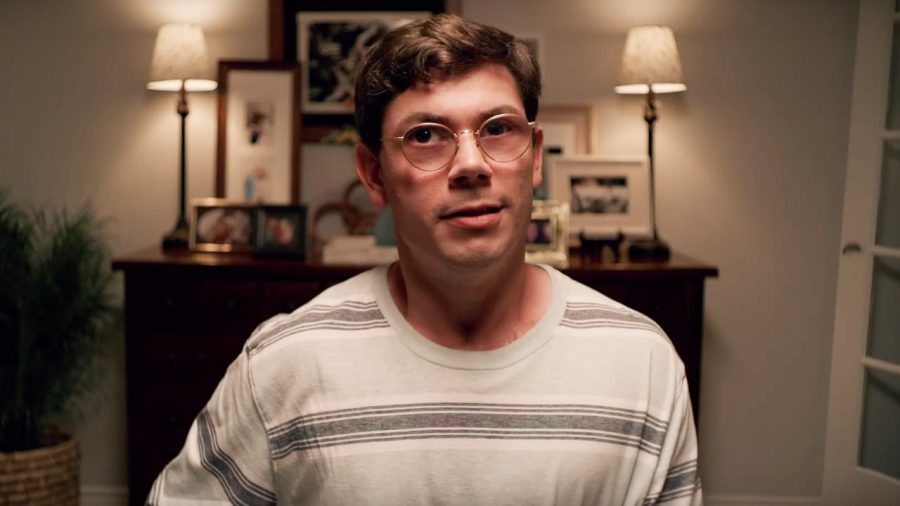
Clocking just 15 minutes per episode, Special is like a candy bar. It’s quick to consume but sweet as sugar. This new Netflix Original is set around a gay man with cerebral palsy, a disability that affects his body coordination but not his brain. As Ryan puts it in the first episode, it’s a disability that doesn’t make him normal but also is not severe enough for him to be part of the “cool disabled crew”. Ryan decides to turn his life around by pretending his disability is due to a car accident. People around him, especially at the exploitative millennial magazine “eggwoke” where he is an intern, start treating him differently. The car accident story provides a more accessible framework for them to understand his condition. It’s hard to believe a TV show can come out today and still manage to be so different from the rest, but Special does it. In other words, and I’m sorry to be this cheeky; Special is special.
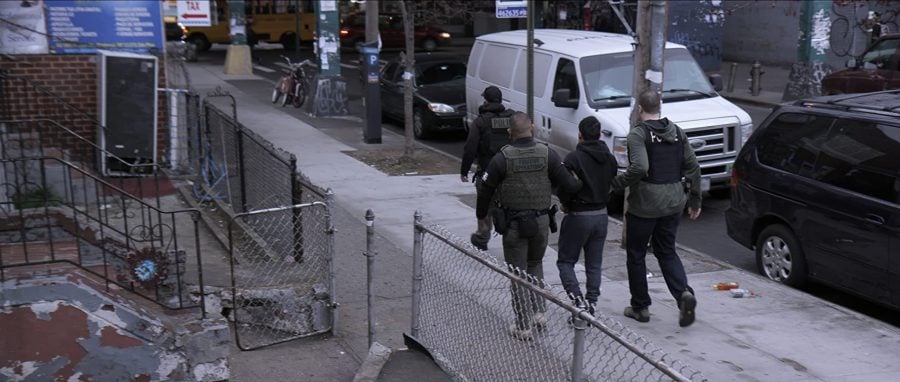
For three years, the makers of this docuseries gained in-depth access to ICE and other government agencies to document the current state of the U.S. immigration system.
Immigration Nation looks at how ICE functions from within, but it also focuses on the human toll of its methods. When a migrant freezes to death, an officer calls his distraught father to notify him. It quickly becomes apparent that the officer is using the same call to try to establish if the father is in the U.S. legally or if he should be deported.
The show also makes an important point of noting that the harshness of the U.S. immigration system didn’t start with the current administration. “Prevention through deterrence” Clinton-era policies, for example, forced migrants towards desert routes, killing around 10,000 people from dehydration.
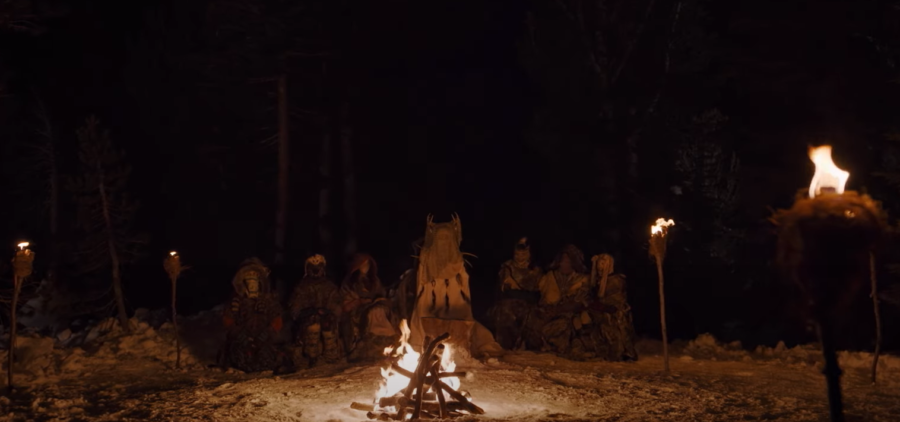
When a girls soccer team is left stranded in the wilderness, things quickly descend from worrisome to outright, delightful, and sometimes unbearably weird. It’s a classic tale of survival injected with fresh mystery and drama, and as you watch these girls navigate humanity in all its extremes—from the primal urge to live to the existential need to bond—you’re left feeling both wildly entertained and deeply disturbed all at once.
Though Yellowjackets has drawn comparisons to beloved stories like Lost and Lord of the Flies, its unique pulse on the female experience is arguably its own thing: a sure and instant classic in the making.
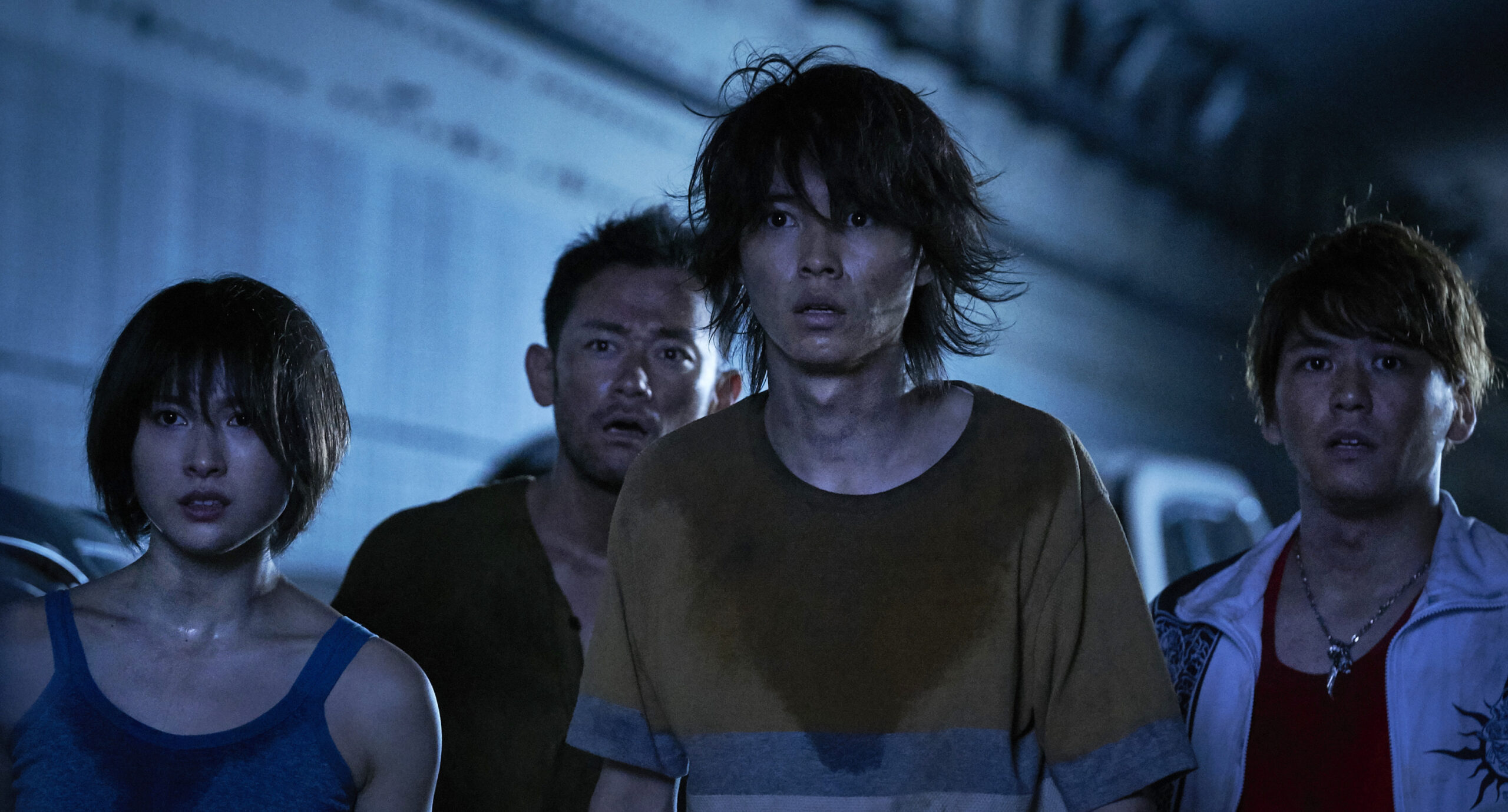
Alice in Borderland is a fast-paced heart-wrenching puzzle of a show that will have you wracking your brain and wiping your tears, often at the same time. It combines the wit of Hunger Games, the ruthlessness of Battle Royal, the goriness of Saw, and the social commentary of Squid Game, though sadly it has yet to receive the same renown as these titles.
With each game, the characters must solve a given problem before the timer runs out—when it does, they die, often violently and for others to witness. While playing the games, leads Arisu (Kento Yamazaki) and Usagi (Tao Tsuchiya) also try to solve the bigger picture by figuring out once and for all who the gamemaster is. Like the story it names, Alice in Borderland drives its characters into increasingly dark and mad situations the deeper it gets. It’s also built to last like the novel, a classic in the making bound to be rediscovered and re-enjoyed in the years to come.
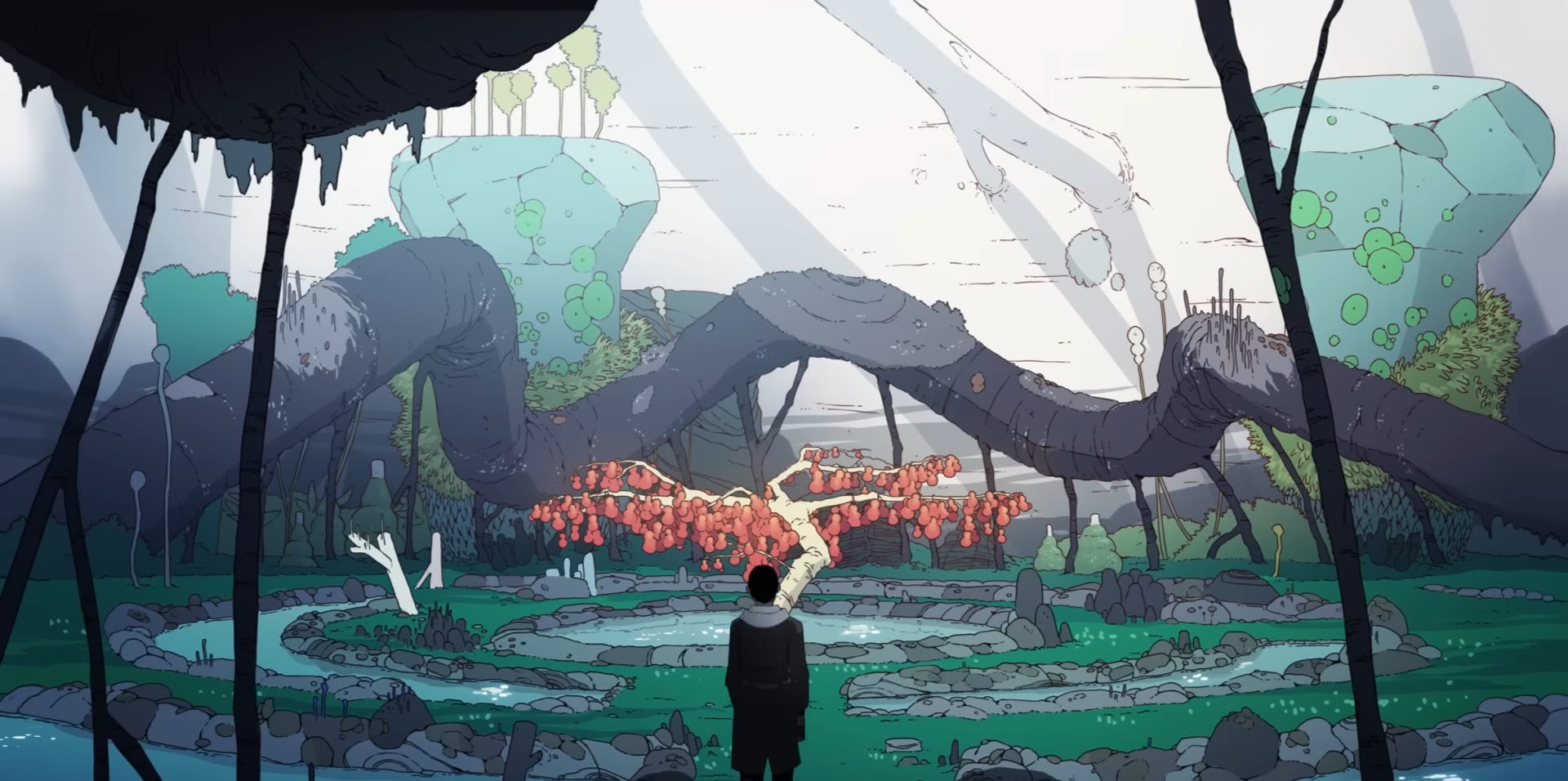
“World-building” doesn’t quite capture what Scavengers Reign does — the sheer imagination on display in just the first three episodes of this 12-part adult animation sci-fi could fill multiple universes. From the get-go, we’re immersed in a truly strange new world, one in which panda-like creatures with telepathic abilities control humans, fungi merge with motherboards, and plant-animal hybrids crackle with electricity. All this trippiness is rendered in a 2D animation style that appropriately draws on the fantastical art of Moebius (who in turn influenced Studio Ghibli).
Flashbacks and hallucinations gradually unravel the mystery of just how the crew of the Demeter and their robot assistant Levi (Alia Shawkat) ended up here — a grounding plot thread that keeps things from totally spinning out into mind-bendingly surreal territory. Not just an exercise in stretching creativity in bold new directions, then, but a gripping mystery laying bare the terrifying limitlessness of the cosmos.
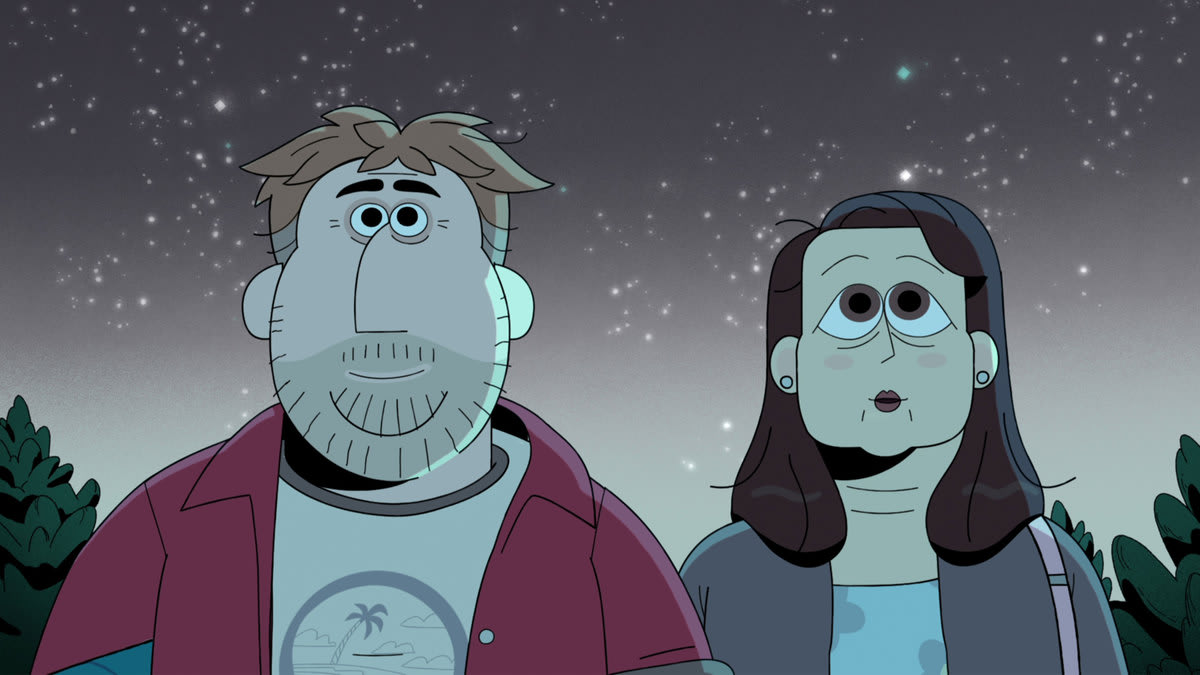
The end of the world isn’t the most optimistic thing to think about, but the scenario leads you to thinking about unrealized dreams, pleasures, and aspirations: the way you want your life to be, if things have gone the way they planned. Dan Guterman, from Community and Rick and Morty, reimagines this idea in Carol and the End of the World. Carol is that mundane, downright boring character that we wouldn’t take notice of in real life, only because she actively chooses the ordinary life, but this show is extraordinary, shifting perspectives and even genres between episodes, taking unexpected turns, and celebrating the day-to-day monotony of life.
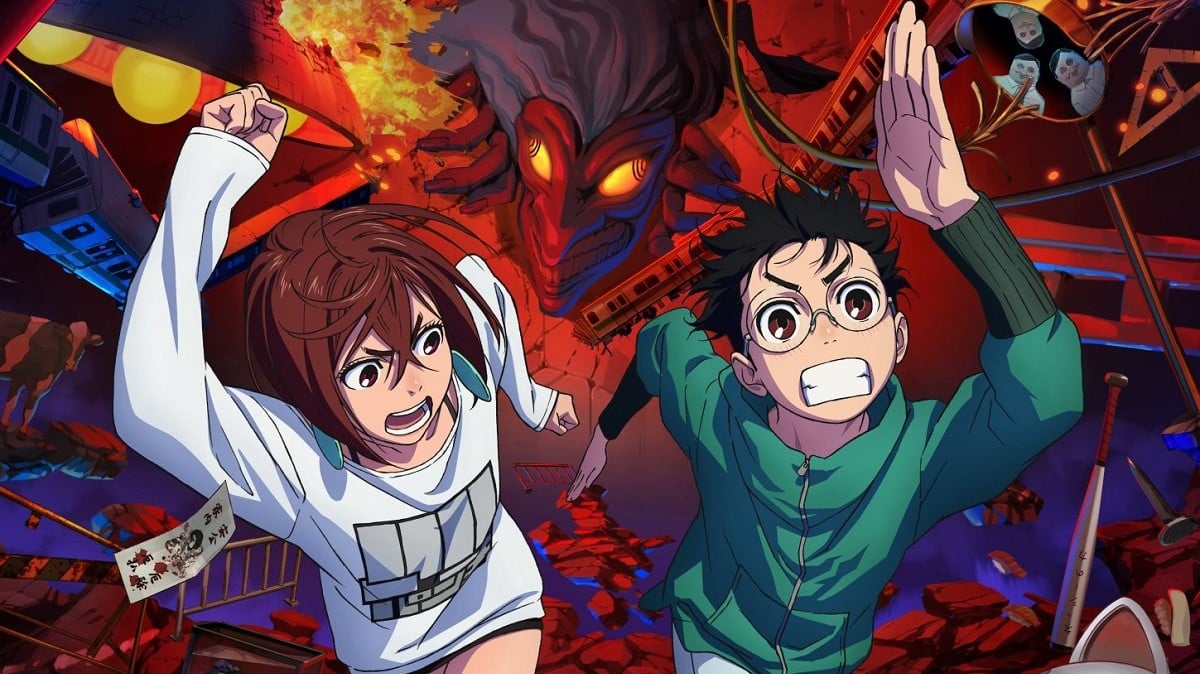
During adolescence, teenagers get to learn and discover themselves and the world, but for most people, this means going through puberty, maybe taking up a sport or hobby, and not the occult vs alien shenanigans of DAN DA DAN. The science fiction-fantasy mix is unhinged and chaotic, throwing Momo and Ken directly into the worlds they didn’t believe in, and with each crazy encounter, they gain insane powers that are rendered into (literally) out-of-this-world, kaleidoscopic animation. But it’s their comedic dynamic that makes the show work, as each absurd situation pushes them to share what makes them vulnerable and challenge each other on their beliefs. DAN DA DAN is spectacularly unpredictable, and is a standout from 2024’s anime fall lineup.
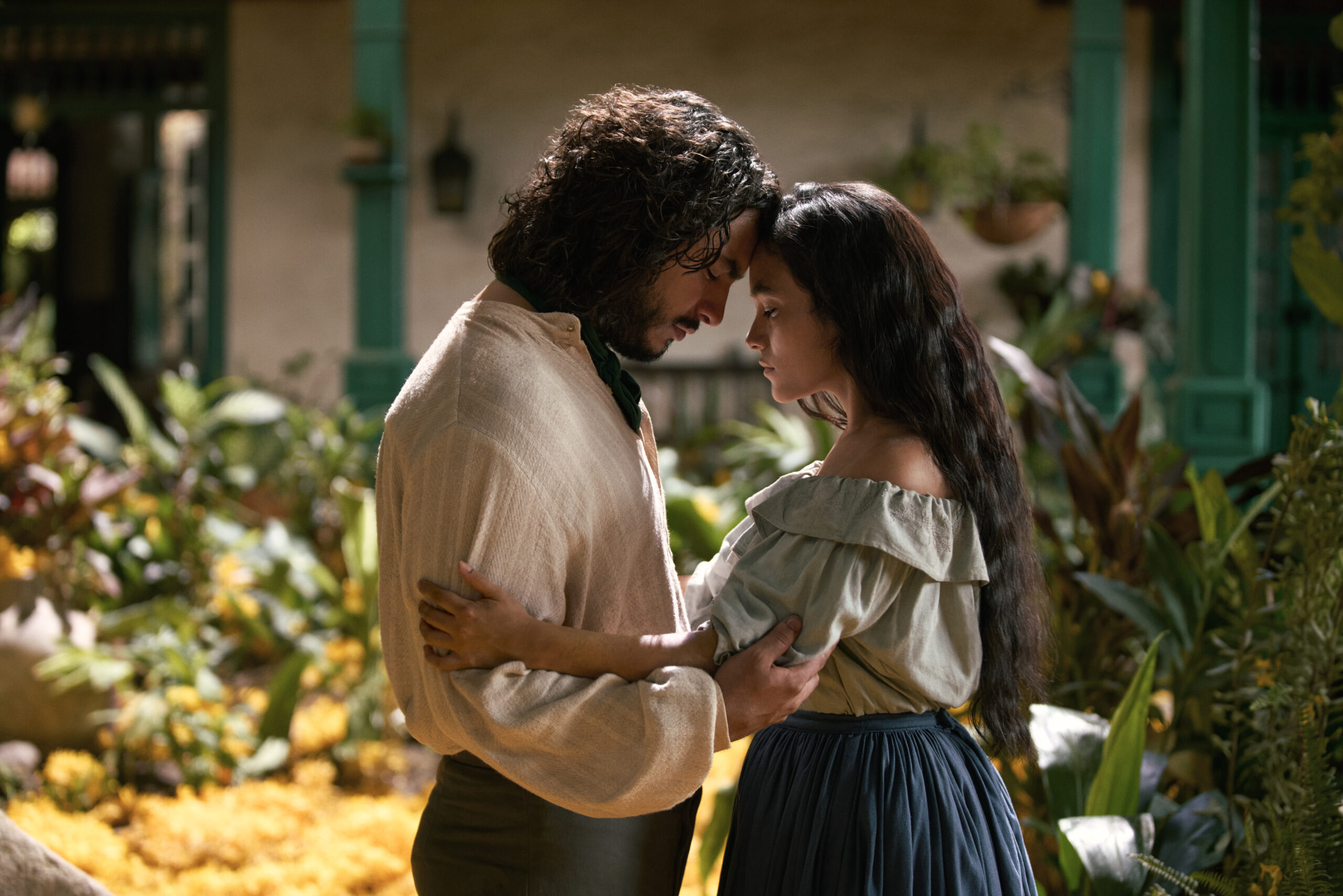
It’s a tall order to depict One Hundred Years of Solitude. Considered to be one of the world’s most important novels to read, expectations were high, the magic realism required a hefty budget, and the sprawling seven-generation plotline felt like it couldn’t fit within a feature film, or around 90-120 minutes. It’s because of this that author Gabriel García Márquez held out on selling the rights, and the family followed suit after his death. Luckily, more than half a century later, streaming television garnered enough prestige and profit to finally adapt the classic. Netflix thankfully stuck to the family’s wishes of having it filmed in Spanish, in Colombia, with Colombian actors, but it also expanded on the layered text in ways video can only do so– like fleshing out the story visually and aurally, having an omniscient narrator, and taking advantage of the medium through editing, direction, and excellent performances from the cast. Cien años de soledad doesn’t just work– it makes it so much easier to understand hype and the themes for people completely new to the text.
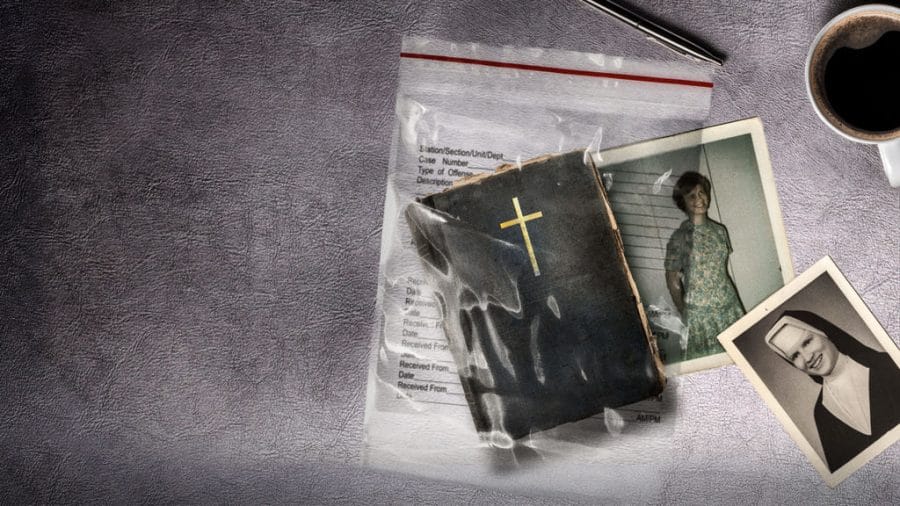
With true crime hitting an all-time high, and Making a Murderer making millions, here comes Netflix’s The Keepers. However, while the two shows share a common genre and general tone of voice, The Keepers is a much more interesting show. For one, it focuses on the victims and their stories, instead of the grisly perpetrators. Second, it trades cliffhangers for substance without compromising on breathtaking twists and revelations. Across seven taut episodes, it meticulously examines the unsolved murder of Catherine Cesnik, a Baltimore nun in 1969, who is suspected of being murdered to cover up sexual abuse at the Catholic high school she taught at. Adroitly edited, beautifully shot, and featuring great music by Blake Neely, The Keepers unfolds a horrific tale and emphatically captures the pain still lingering on five decades later.
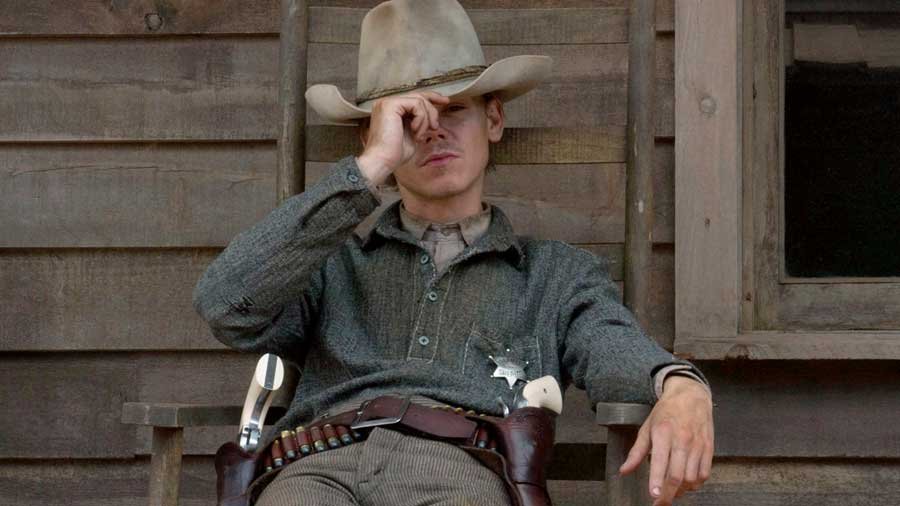
Very violent, very Western, and, in a breath of fresh air: very female. Godless is a grim and visually stunning series about a small New Mexico town populated almost entirely by women, including Alice Fletcher, a reserved and self-reliant widow played by Michelle Dockery. Roy Goode (played by Jeff Daniels, who won an Emmy for it) is an outlaw chased by a much worse outlaw, Frank Griffin, who is taking in by the mysterious, gun-toting widows. Written and directed by Scott Frank and executive-produced by Steven Soderbergh, Godless is an honest and powerful show with amazing performances. So amazing, it’s hard to single one of them out. If you love Westerns but sometimes find them too foreseeable, this show is for you.
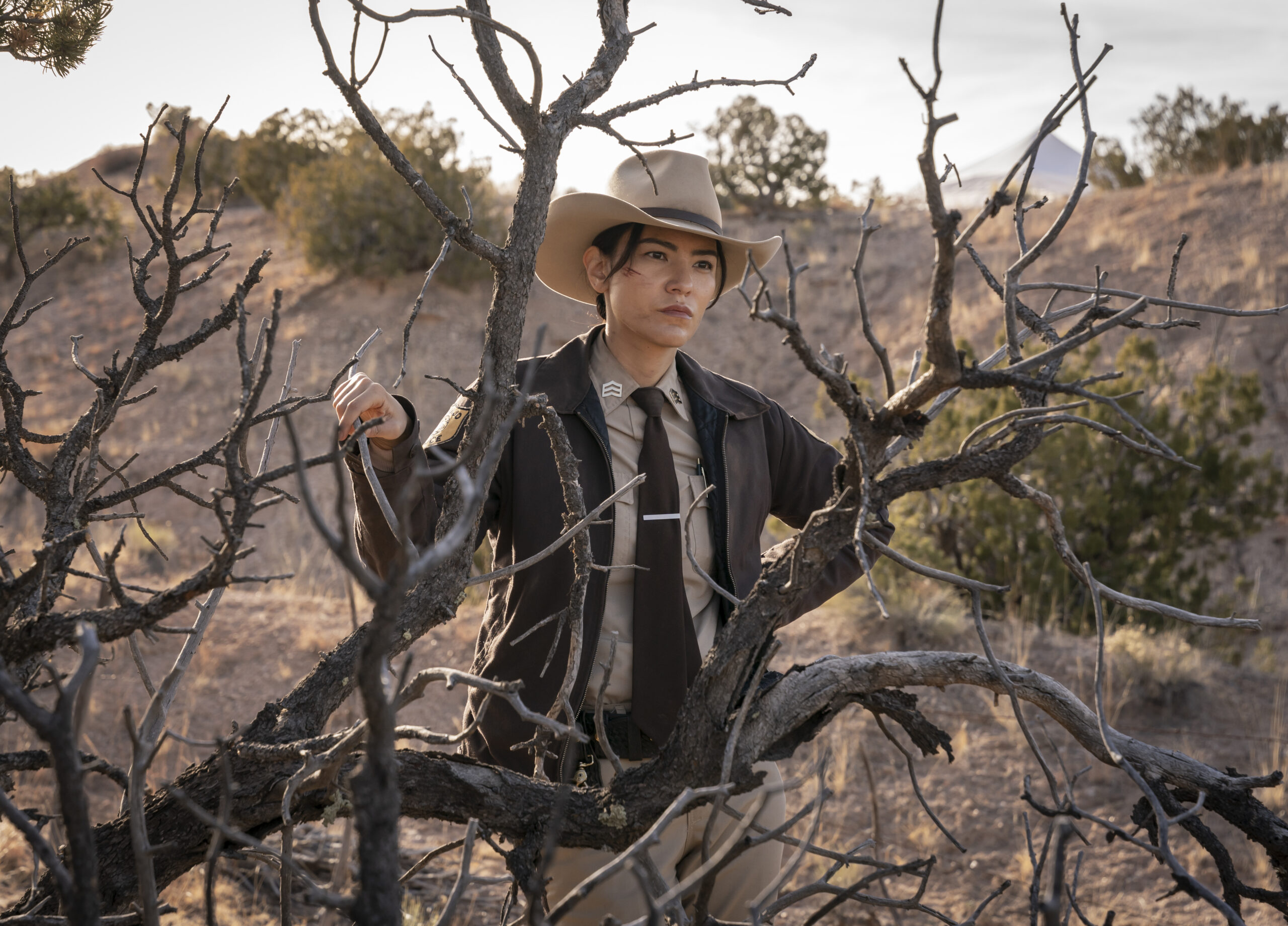
Even without doing the important and long overdue work of uplifting Native American voices, Dark Winds manages to be an intriguing mystery, layered with complex performances and bolstered by the majestic expanse of the American Southwest (in the ‘70s no less!). Finally released from the shackles of supporting roles, Zahn McClarnon shines here; he’s in top form as the gritty but softhearted police officer who protects his tribe from encroaching federal forces. The mysteries that propel the show are compelling too; they have the same beats as any you’d expect from a crime thriller, but they’re seeped deep into Native American mysticism, making them intriguing and wholly unique.

Since the 1960s, Flint, Michigan, has experienced a series of shocks. When General Motors downsized their workforce by several 10.000, the town’s population nearly halved. Unsurprisingly, it later became known for being one of the most dangerous cities in the US and for off-the-charts crime statistics. Since 2014, Flint again rose to tragic fame for a public health emergency due to contamination of its local water supply. Flint Town homes in on this perpetual state of crisis through the eyes of the local police department, who had to grapple with this dire scenario, while losing more funding year over year due to the city’s deteriorating financial situation. The few officers that are left for policing are at breaking point. The result is a gripping and rich docuseries with a host of strong characters. But it is also a brutal and sobering account of the extent to which an American city is being allowed to fail.
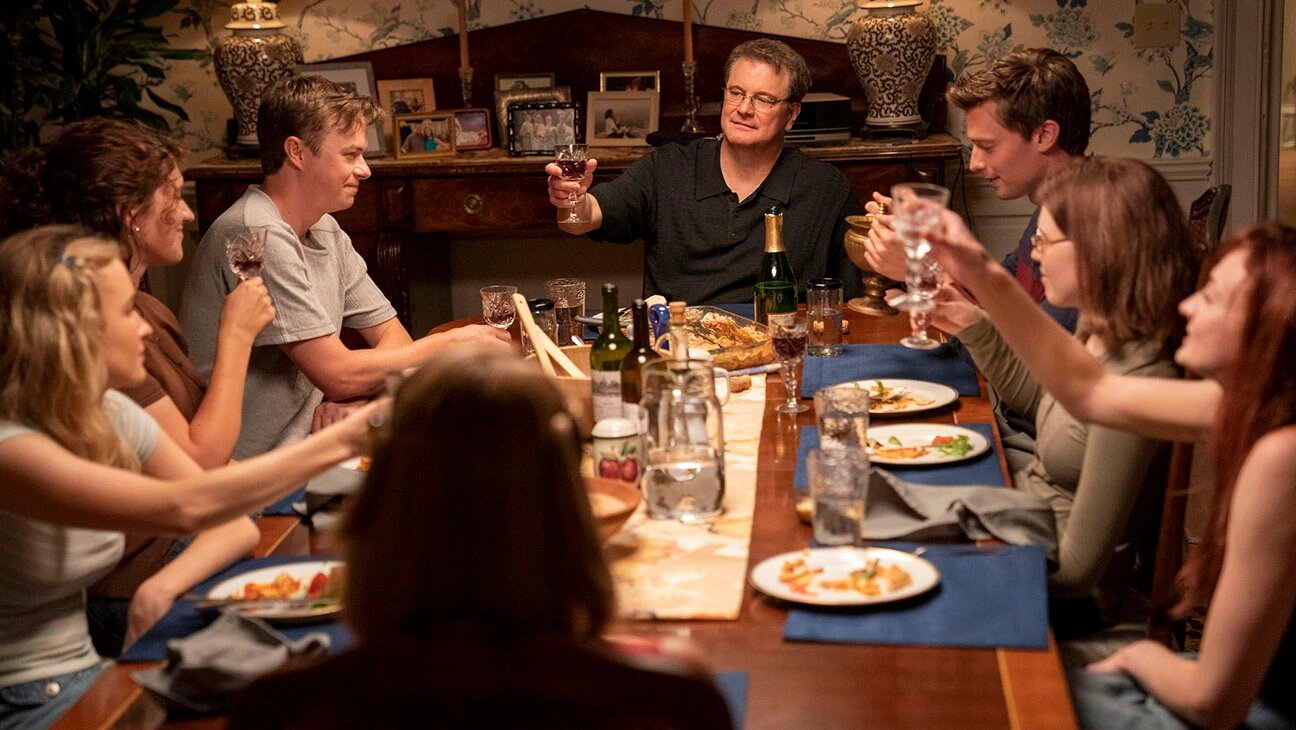
The bizarre case of Kathleen Peterson’s death, which has yet to be fully resolved to this day, has been the subject of many a media article. The press covered it relentlessly when it all started in 2001, then a critically-acclaimed documentary was released in 2004. This was followed up with a sequel in 2018, and now more than 20 years after the deed, a dramatization has come out in the form of a miniseries. You’d be forgiven for thinking the latter couldn’t possibly have anything new to offer, but you would also be wrong. In fact, the series is a masterclass in storytelling. Led by an a-list cast (of which Colin Firth is the absolute standout) and told with such layered depth, The Staircase is a must-watch not just for true crime but for film and TV fans everywhere.
Utilizing time jumps and crafty transitions, The Staircase isn’t set at one particular time, which is fitting considering the trial lasted for 16 years. It also isn’t centered on just the mystery or the family, but instead is just as interested in the making of the 2004 documentary that introduced (and humanized) the case to an even wider sect of people. If you’re looking for a neat ending or some form of satisfying retribution, you won’t find it here. But you will be getting an engrossing meditation on truth and its elusiveness

There’s no point denying it: Michael Jordan is one of, if not the greatest of all time. What he did to place the Chicago Bulls on the map, to inspire his teammates to a three-peat championship, and to constantly reinvent himself and grow his name as a currency—all that continues to be a template for NBA stars across generations. The Last Dance is a fittingly grand docuseries that captures Jordan’s once-in-a-lifetime shine.
Even if you know little to nothing about basketball, the miniseries does an impressive job of making every detail about Jordan and his game compelling. We follow him from his early days in college basketball up to his nonstop rise in the Bulls to his stint in baseball, and we end at a dramatic high, as the title suggests, during the Bull’s triumphant 1997-1998 series—Jordan’s final season with the team.
But the series isn’t all Jordan. In clever and comprehensive ways, we get to learn more about his teammates (especially defense rockstar Dennis Rodman and reliable ally Scottie Pippen), his coaches, and his closest friends, all of which makes for a well-rounded and truly riveting watch.
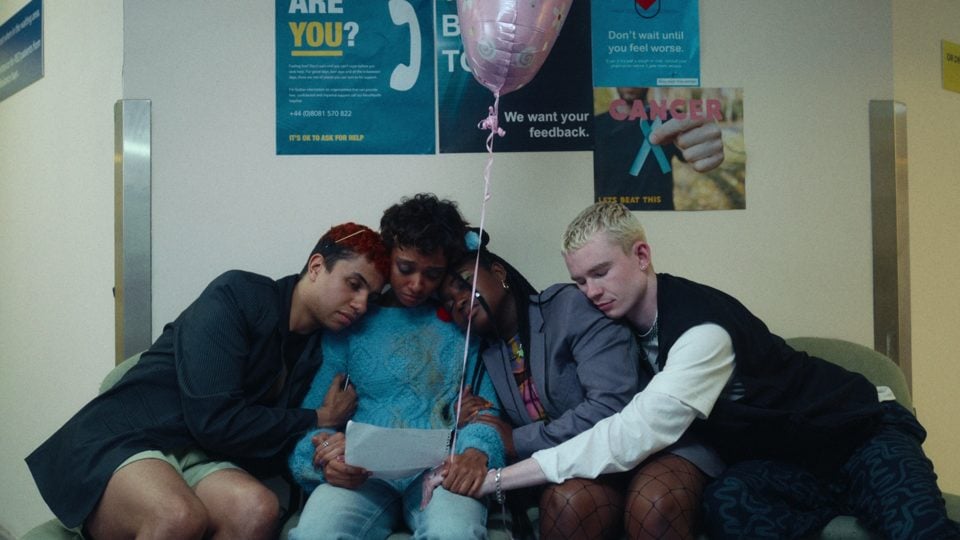
Messier than Heartstopper, but tamer than Skins, Everything Now has everything you’d expect from a British teen show. Sexuality, vices, and experimentation is what the series shares with other coming-of-age series, but at its heart is Mia Polanco as she tries to get back to her regular life after anorexia recovery. Cutting between her life now and her seven-month hospital stint, the show feels like a realistic depiction of a non-linear healing journey. It’s a show that makes sense to release right now, as the world’s teens try to get back to normal and try to reach standard teen touchstones.
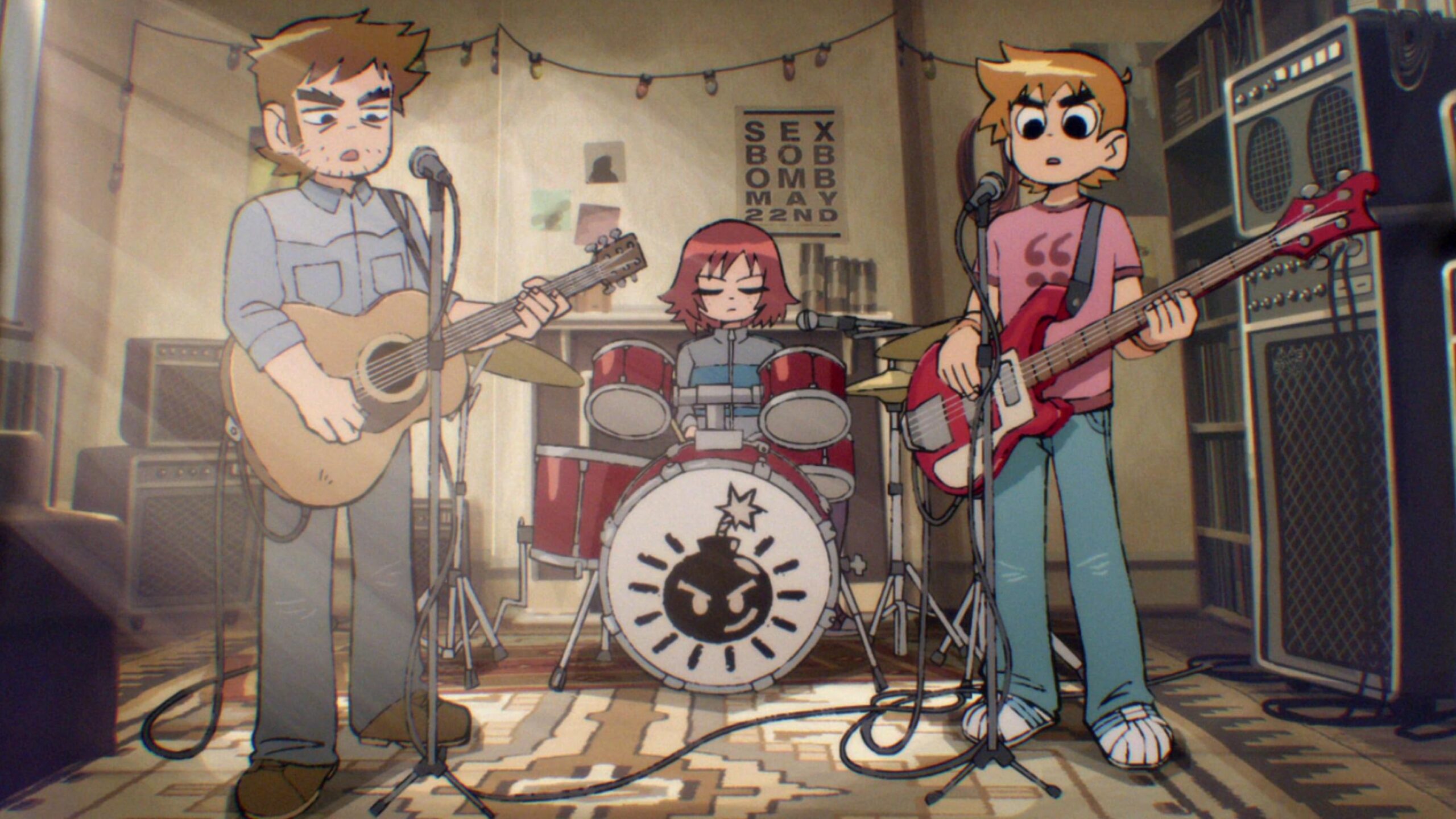
Watching the trailers, and even the first ten minutes, Scott Pilgrim Takes Off just seems like a rehash of the prominent Edgar Wright film, especially since his cast reprise their roles in this new anime. However, when that episode ends, even the most ardent fans of both the film and the original comic book series would have no idea where this would go. It’s a fearless, daring approach, from the original creator Bryan Lee O’Malley, and it’s met with the wackiest, spectacular animation from Japanese animation studio Science SARU, remixing O’Malley’s designs with 8-bit, fighting video game action.
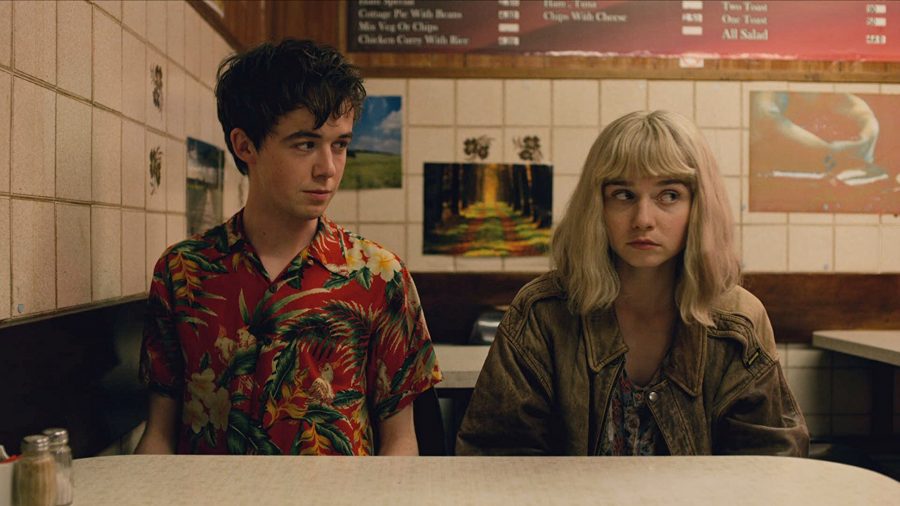
An amazing binge-worthy show that is a mix between a coming-of-age story, a romance, and a crime thriller. It tells the story of James, a 17-year-old who believes he is a psychopath (for some very convincing reasons). James decides he wants the victim of his first murder to be a new schoolmate, Alyssa. He befriends her and keeps waiting for the perfect moment to kill Alyssa until he finds himself on a journey with her to escape her home. Somewhere near the middle of the show, and without you fully realizing it, it transforms from an original coming-of-age story or odd-boy-meets-odd-girl story to an intriguing view on adolescent insecurities and the role of parents into shaping them. It transforms from a mysterious, almost charming story to an interesting character study. This is when the show will blow your mind. It’s a fresh, smart, funny yet disturbing emotional thrill ride.
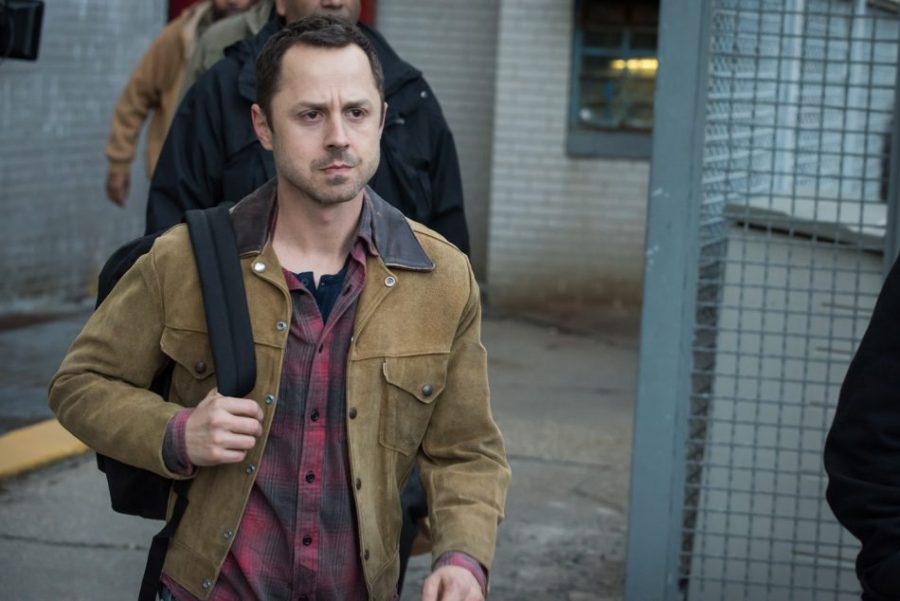
Sneaky Pete is probably the Amazon Prime Original that suffers the most from the platform’s awkward branding. Had it been on Netflix, your co-workers wouldn’t stop talking about it. Four years after the finale of the mighty Breaking Bad aired, Bryan Cranston is back with some thrilling, far-fetched, but furiously entertaining TV. A con man just released from prison, Marius Josipovic (Giovanni Ribisi) seeks to reconnect with his brother Eddie (Michael Drayer), who tells him that gangster Vince Lonigan (Cranston) wants payment for the $100,000 Marius owes him. Being a con man, Marius does what he does best, assuming his cellmate Pete Murphy’s identity and duping his family. This is where things get roaringly fun and a little absurd, while gangsters, the police, his brother, and Pete’s family do everything they can to make his life difficult. Suspend your disbelief, though, and you will be thoroughly entertained.
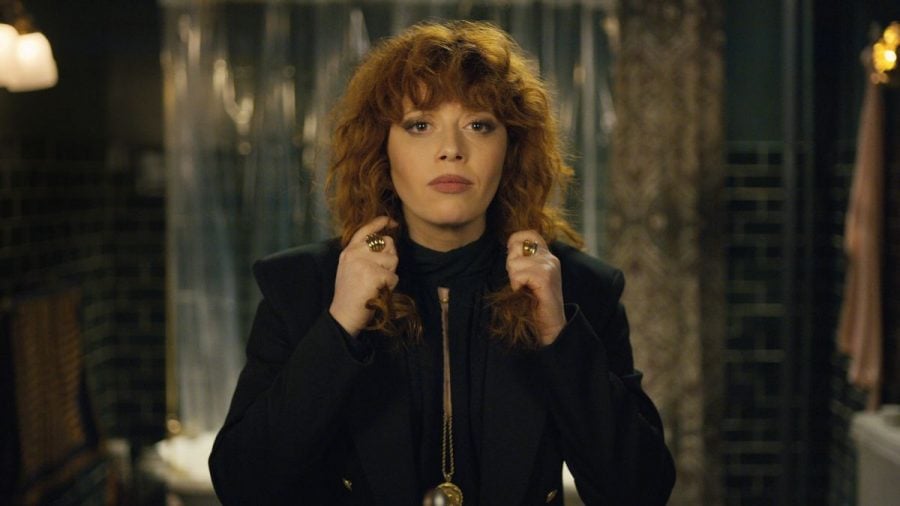
Nadia is a game developer and proud aging hipster living in New York. Her story starts at her thirty-sixth birthday party looking at herself in the bathroom mirror. On her way out, she finds a friend who hands her a joint laced with cocaine, “that’s how the Israelis do it” her friend says.
Nadia hooks up with a guy and they stop at a bodega on the way back to her place. So far everything seems normal (in a New York-hipster kind of way). But on her way out of the bodega, she is hit by a car and dies. The story restarts, at the same birthday party, staring at herself in the mirror.
Russian Doll can be summarized in what Nadia screams later that night: “the universe is trying to f*ck with me, and I refuse to engage”. Her strong personality and the events that happen to her allow the show to explore themes of vulnerability, trauma, and even life and death. Russian Doll repeats almost every episode, but its originality and plot twists make it more refreshing with every repeat.
This rhythm takes some quick getting used to, but the moment you do you will not be able to look away. Natasha Lyonne from Orange is the New Black is masterful at playing Nadia. She co-created the show with Amy Poehler and Sleeping With Other People director, Leslye Headland. She packs a lot of the originality and character that possibly makes Russian Doll the most fun and original show you will watch in 2019.
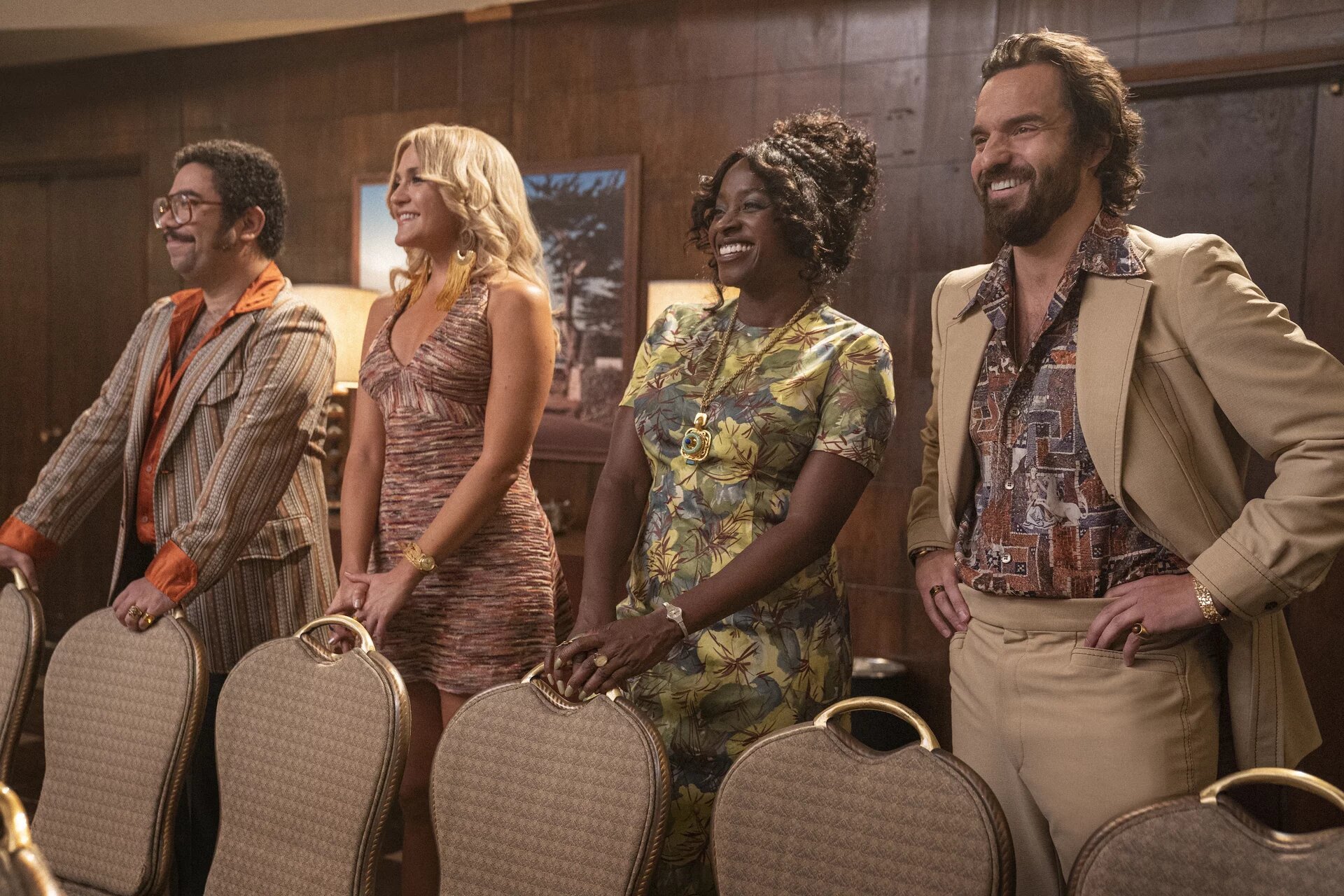
It’s the 1970s and women’s liberation is at its peak. Feminist writer Joyce (Ophelia Lovibond) wants nothing more than to start a magazine called “The Matriarchy Awakens,” but publishers aren’t biting. Enter Doug (Jake Johnson), a seemingly sleazy magazine mogul who wants to turn Joyce’s idea into something more sellable—namely, an erotic magazine aimed at women. Against her better judgment, Joyce agrees, and along with a crew of unlikely creatives, they work to set up Minx, a sexy female-first magazine that is the first of its kind.
Minx, the series, engages both characters and viewers in important conversations about feminism and eroticism, but more than just a piece of infotainment, it’s actually a genuinely funny and charming show. The spars between Joyce and Doug propel the series forward, and the bonds that form between their co-workers are just as heartfelt and compelling. Given Minx’s explicit premise, you might come in expecting a raunchy and sharp-edged show, but it’s actually tamer than it seems. As it is, Minx is lighthearted and pleasing, as enjoyable as any half-hour comedy out there.
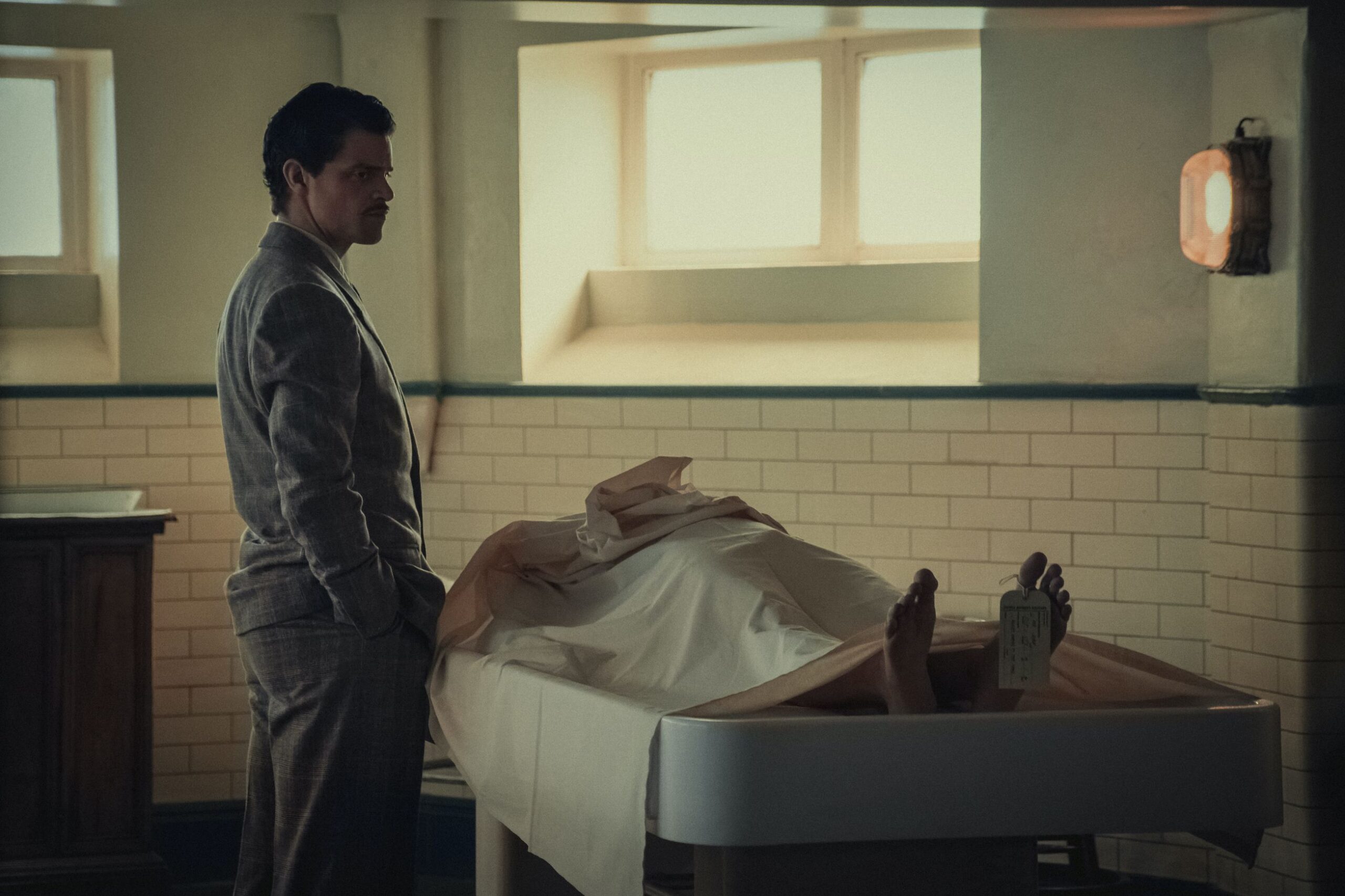
Based on the DC Vertigo comic, Bodies is an intriguing crime thriller with a unique twist – one body, in four separate time periods, being solved simultaneously all at once. While the show is triggered by the same body, the mini-series feels like four separate shows at the same time, marrying the classic Victorian detective mystery, war-torn film noir, and modern day police procedural through post-apocalyptic science fiction. And the four separate detectives take the helm of their respective side of the case, as well as how they deal with the discrimination against them. With four excellent strands to the same mystery, Bodies is an exceptional adaptation that demonstrates how even though details change, some things still remain the same.
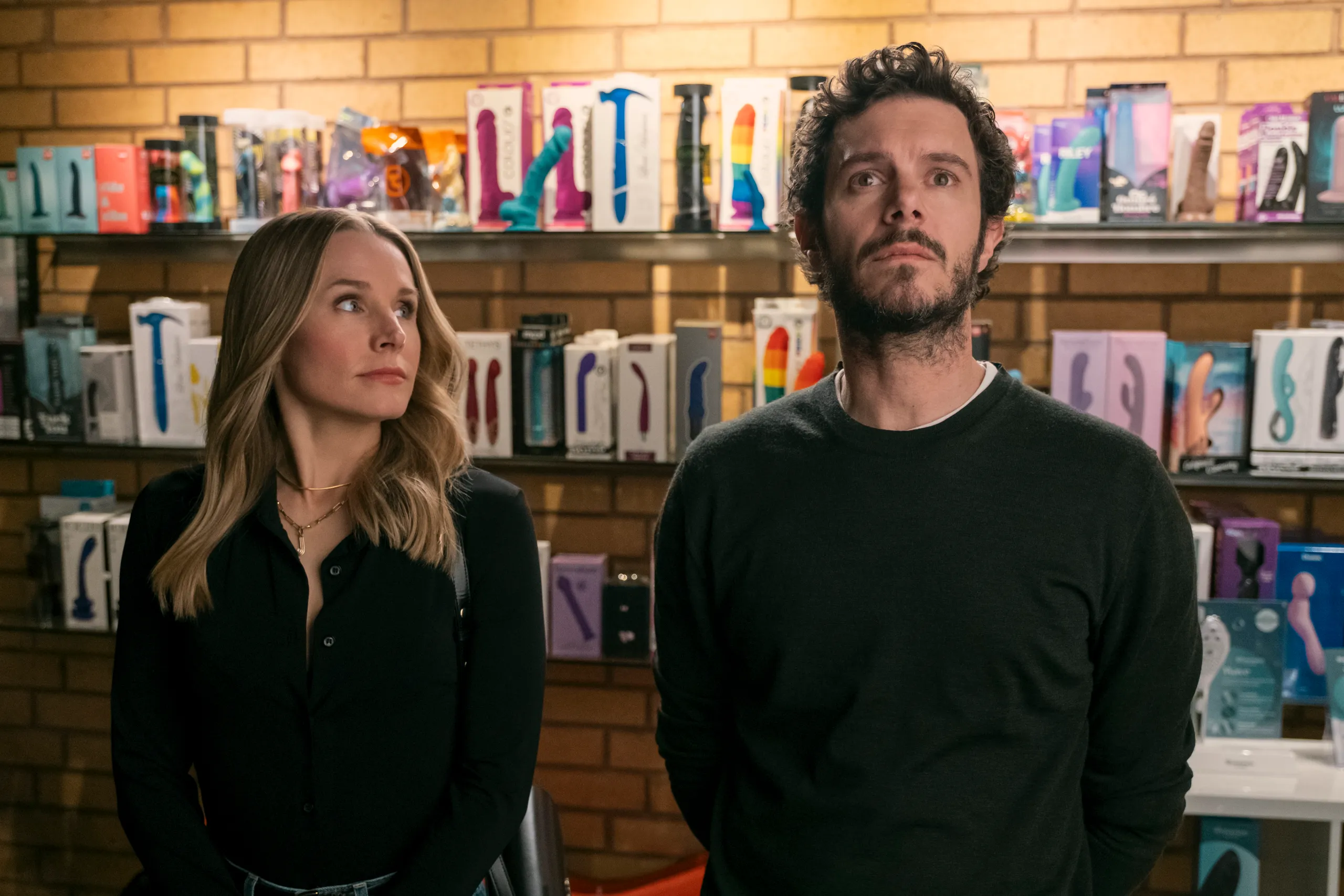
Romantic comedies used to be a dime a dozen in the 2000s, but now it seems like a dying genre, filled with mere shadows of what once was. That’s why when a good one comes along, you recognize it immediately: a good romcom revitalizes our ideas of love and life. It’s injected with a freshness that makes old feelings seem brand new. You get that in the British film Rye Lane, the Apple TV+ series Platonic series, and the Aussie gem Colin from Accounts, to name some recent examples. You can also find that same spark in Nobody Wants This, a breezy and effortlessly funny romantic comedy about two star-crossed adults trying to make their relationship work despite family disapproval, work demands, and that nagging fear of being hurt once more. The series is helmed by an impressive roster of writers and directors including Greg Mottola (Adventureland, Superbad), Karen Maine (Obvious Child), and Oz Rodriguez (The Last Man on Earth). It’s reminiscent of the indie romcoms of the last decade while shedding some much-needed spotlight on middle-aged dating. My only gripe is that this would’ve worked so much better as a punchy feature film. Instead, it’s dragged to the typical Netflix length of 10 episodes, but at least each runs only for a breezy 30 minutes.
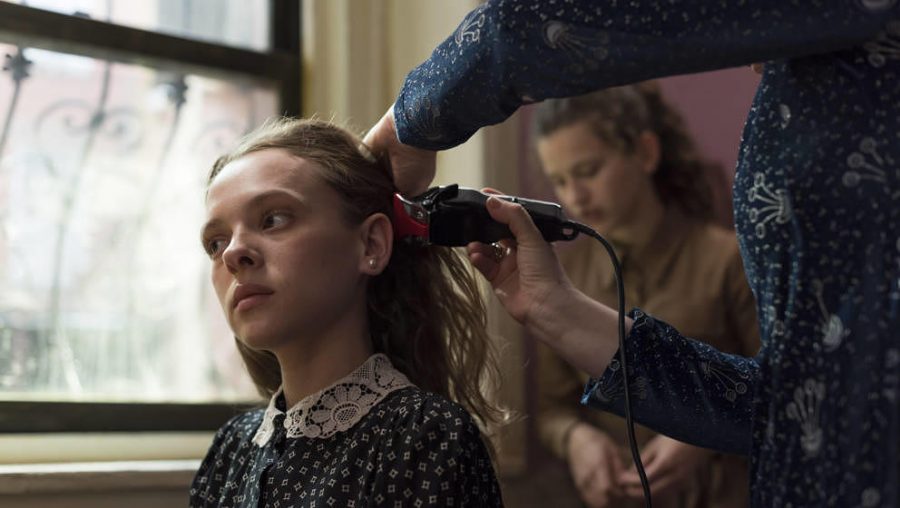
This excellent new miniseries is a drama that takes place in an ultra-Orthodox Jewish family. Esty, a nineteen-year-old girl who is unhappy in her arranged marriage, escapes this community and travels from New York to Berlin in hopes of starting a new life.
Like all good realistic dramas, there are no truly bad people in Unorthodox. Everyone is trying to do what they think is right, which still makes for very complicated situations. Esty is played by Israeli actor Shira Haas and I know this word is overused but she really is a revelation.
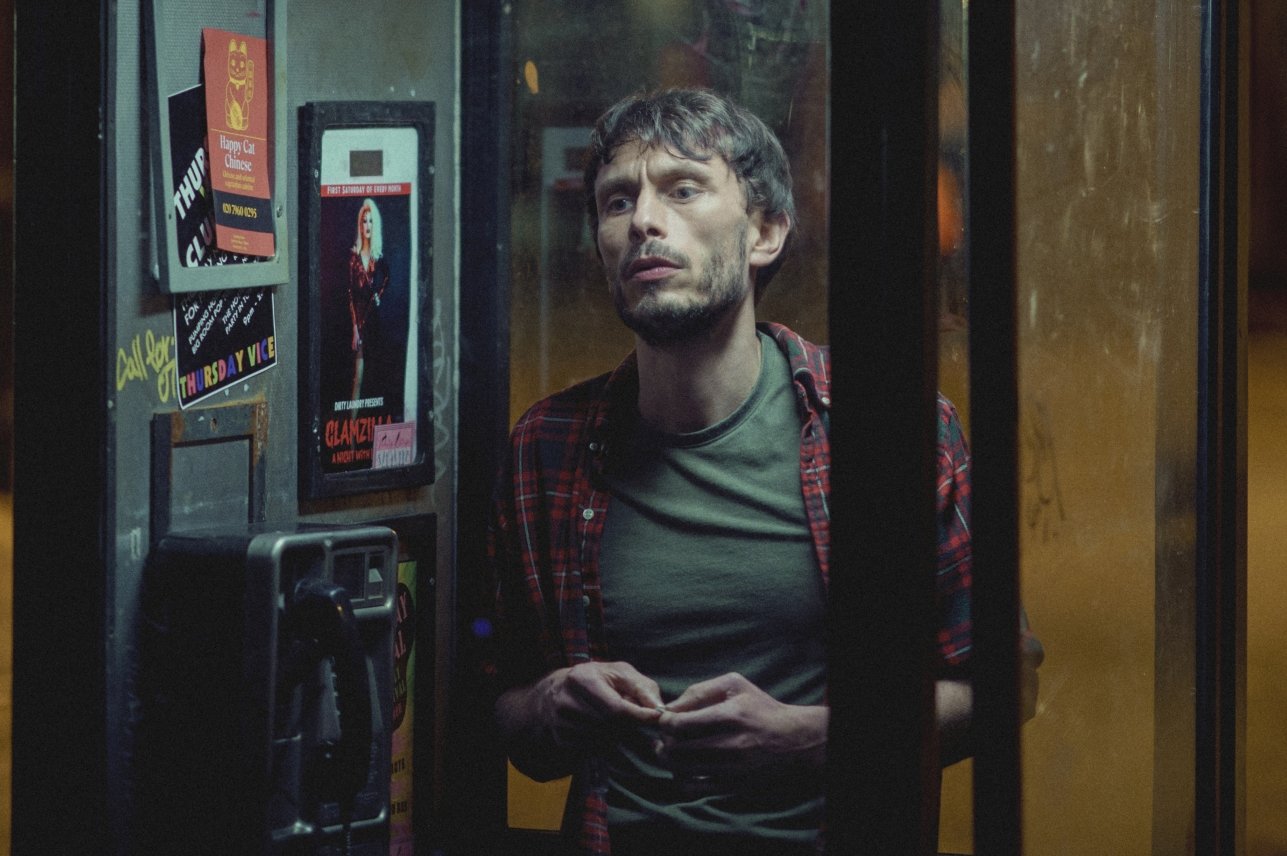
Baby Reindeer is a tough watch, starting out with out of kilter comedy that eventually and unrelentingly reveals its darker and darker sides. But not only was this a hard show to watch, this story is genuinely difficult to tell, because of how entangled all the threads of Donny’s trauma gets– it’s not a straightforward story about going through one traumatic incident and then immediately moving to logical forms of healing. It’s about one traumatic incident keeping him stuck and leaving him and his loved ones vulnerable to even more abuse. It’s a terrifying situation. And it’s terribly, terribly honest.
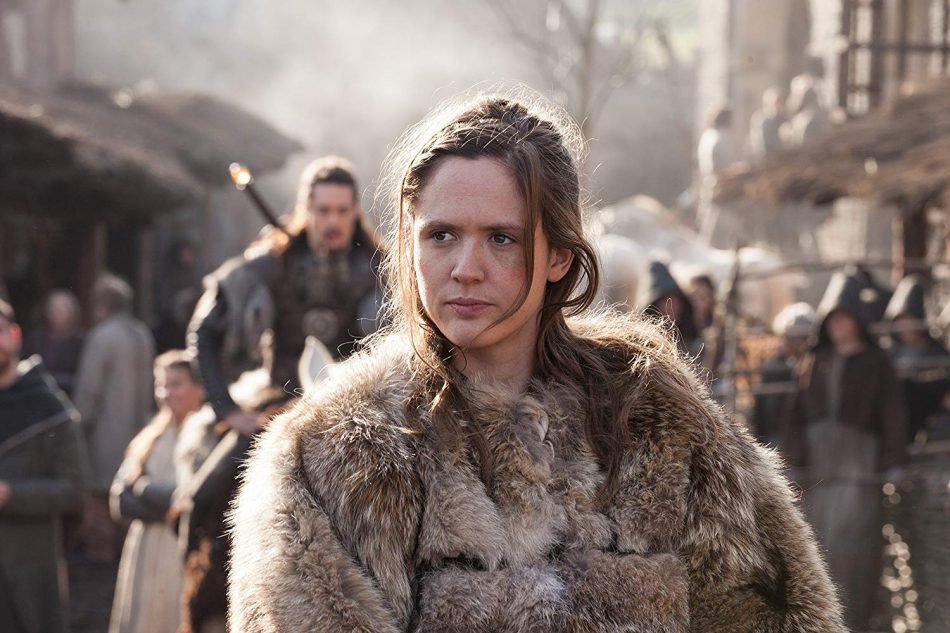
This historical fantasy show is based on the best-selling novel The Saxon Stories, a story set during the Viking / Dane invasion of Britain.
Uhtred was a small boy when he was kidnapped and then raised by the Danes. When he unexpectedly gets caught up in the conflict, his half-Saxon half-Dane mix makes at the same time valuable and untrustworthy for both sides.
There has never been a better alternative to Game of Thrones. The great writing and great performances from a cast of newcomers inevitably induce the same sense of addiction.
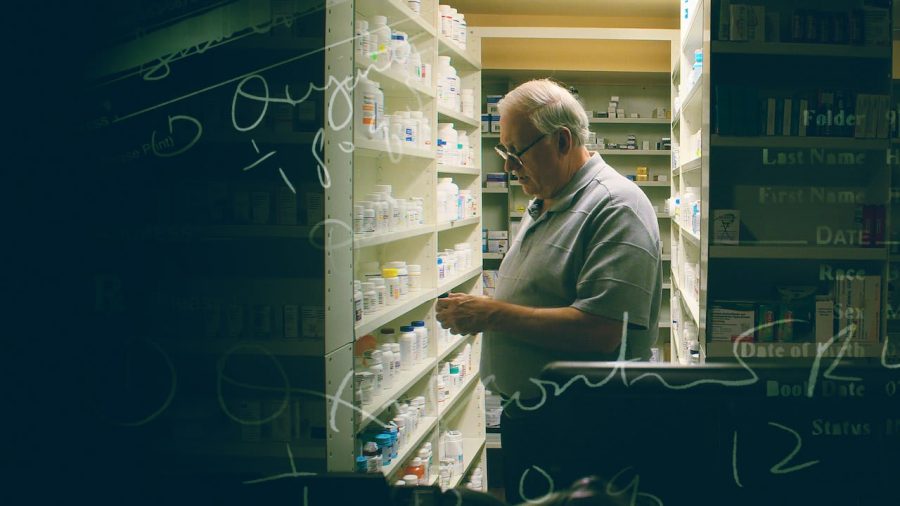
We call it a Netflix true crime documentary, but, in fact, this compelling four-parter is much more than that. It homes in on the fate of an immensely empathetic, soft-spoken, and likable family man, who loses his teenage son to drug-related violence in New Orleans’ notorious Lower 9th Ward in 1999. With corruption rampant in the city’s police department, he takes matters into his own hands and investigates his son’s murder by himself.
In doing so, main protagonist Dan Schneider notices a rise in opioid prescriptions from one doctor in particular. Fueled by a relentless determination to protect other children from addiction, he quits his job and begins gathering evidence against this doctor and, by extension, the company responsible for the sale of the notorious opioid-based painkiller Oxycodone: Purdue Pharma. In the course of his investigation, Schneider records all his findings, evidence, and intimate thoughts on audio and video. This sense of immediacy and the pretty breathtaking twists of his story make this Netflix production rise above other true crime formats. It uses the power and charisma of one individual to come to grips with a crisis of global proportions.
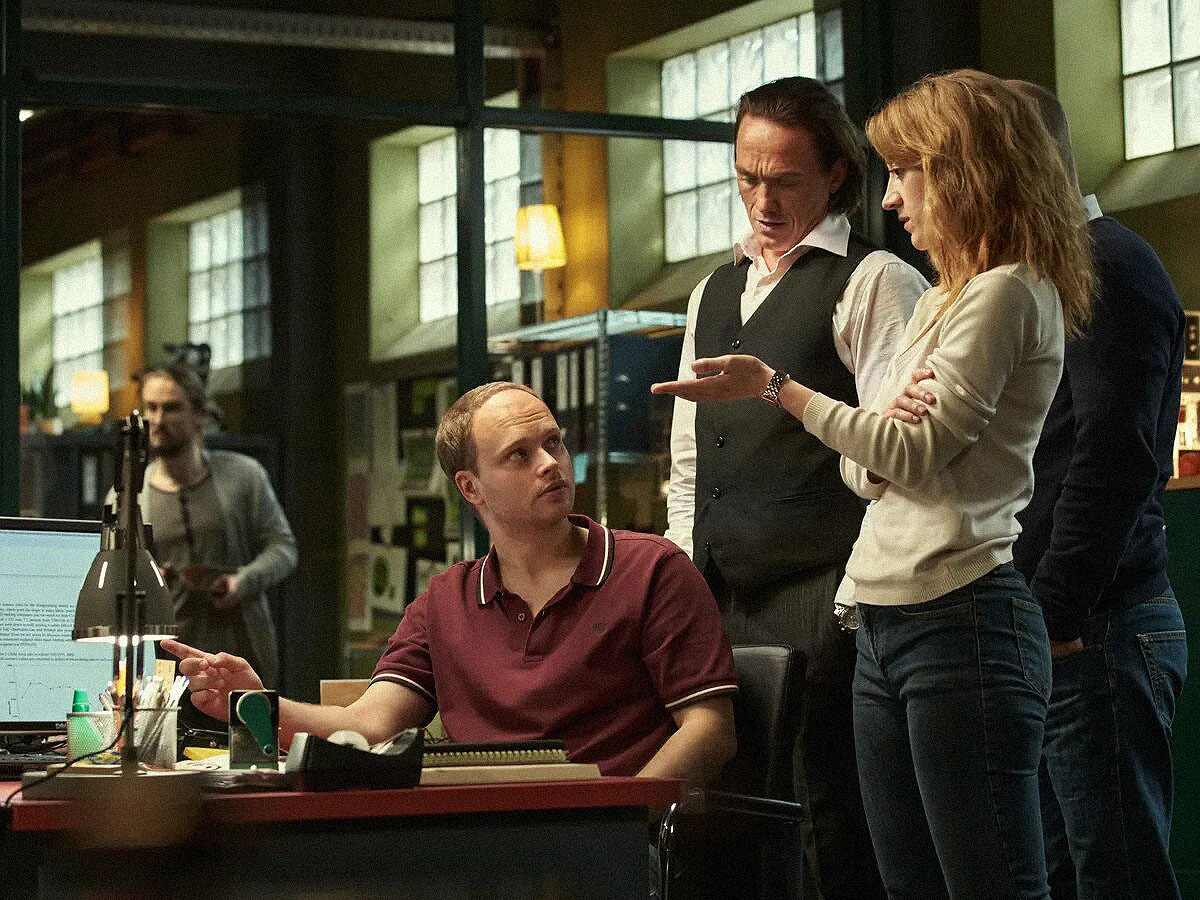
In the early 2000s, amid the rapid rise of online piracy and the consequent fall of paid music, tech genius Daniel Ek would find Spotify, a revolutionary streaming platform that served as a middle ground between user accessibility and artist rights. But even now, at its peak, Spotify’s success seems mystifying. How did they get away with providing free music to all?
Enter The Playlist—an impressive attempt at answering that very question. In this fictionalized account, key players in Spotify’s success are given their own episode-long arc, starting with the visionary himself, Ek (played by Edvin Endre), followed by the artist, the coder, and the industry insider, to name a few. By employing multiple perspectives, each with its own cinematic style (a particular favorite is that of the lawyer’s, the most experimental out of all the episodes), The Playlist manages to spin the technical and complicated story of Spotify’s origins into something fresh, dynamic, and addictive. Despite utilizing the Rashomon effect—risky but rewarding in this case—The Playlist rarely strays from its main point and, the result is a lean, well-rounded story that’s just as credible as it is heightened.
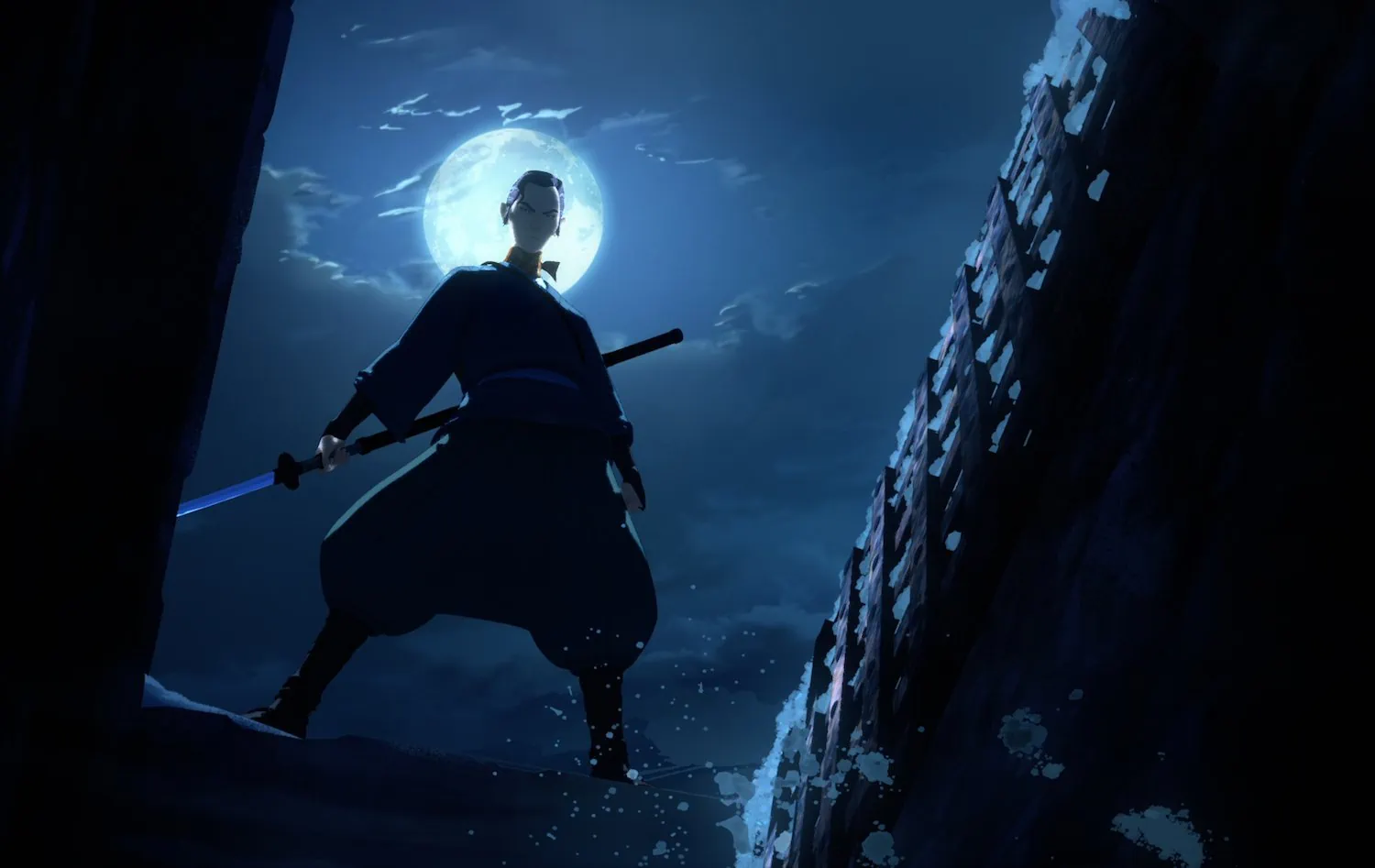
Starting off the series with slicing off fingers, Blue Eye Samurai is a thrilling action series that brings back samurai sword wielding in such a gorgeous fashion. Reminiscent of the classics, the animated series is centered on its titular warrior, whose blue eyes set them apart from society. She dedicates herself to a lifelong revenge journey, with gruesome sword fights, all to kill the four white men who could have been her father. And while she takes some side quests to her journey, missions that make her question the path she took, these seemingly straightforward fights slowly uncover the woman she became, and the pain inflicted upon those who can’t help but be different. It’s an action-packed spectacle, but it’s also an unflinching examination of trauma, and possibly one of the best animated releases from Netflix this year.
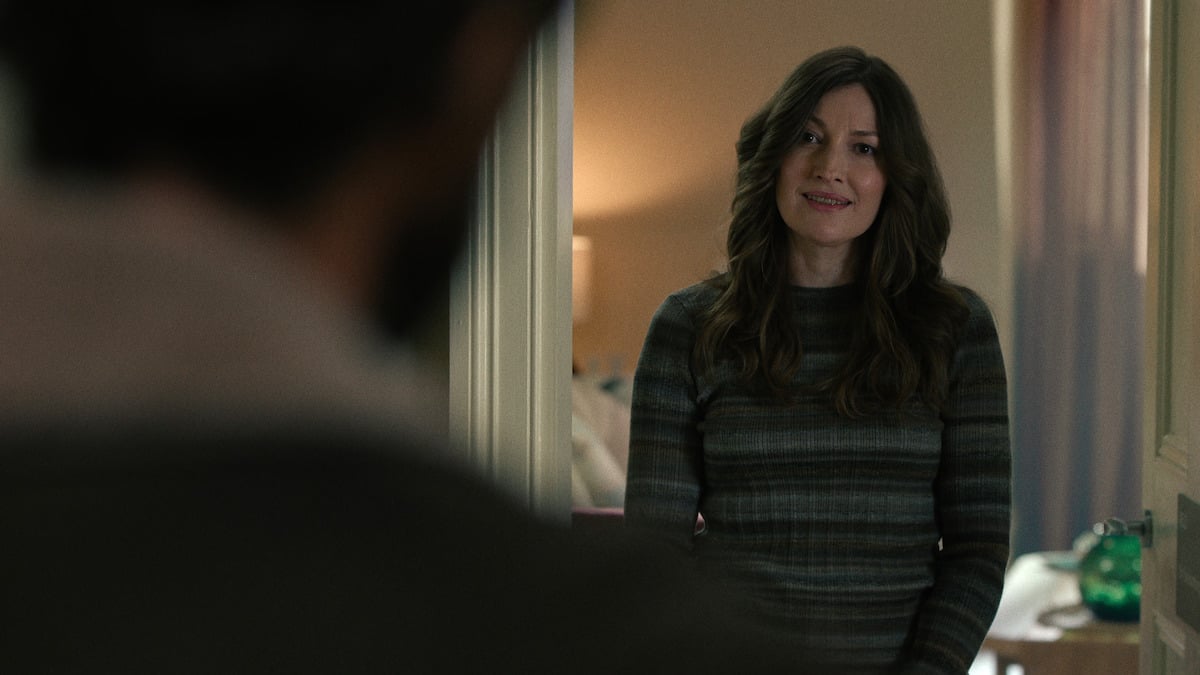
It can be slow, intense, and a tad too sardonic for some people, but Department Q is a well-crafted detective series that keeps you on the edge of your seat till the end. Like Slow Horses before it, it follows a group of misfit cops eager to prove their skills to eagle-eyed management, here in the form of TV veteran Kate Dickie.
The outcasts are tasked to solve cold cases, reluctantly led by DCI Carl Morck (Matthew Goode), an antisocial and (likely) genius with a heart of gold. His side-kick, a Syrian detective with a dark yet unexplained past, is who truly steals the show. It’s almost tough to watch the show while eagerly waiting for every line and every scene he is involved in. He is brilliantly portrayed by Russian-Swedish actor Alexej Manvelov.
Department Q is as much about the difficult cases as it is about Morck and the characters’ battling their personal demons.
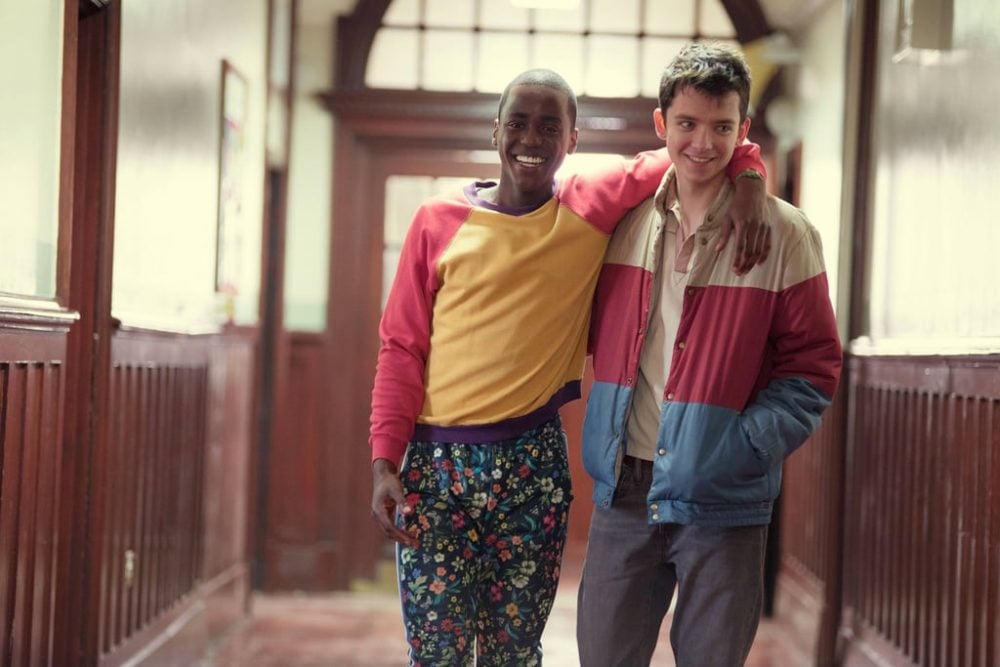
Pressured by the feeling that everyone is having sex except him, Otis (Asa Butterfield), like most teenagers, is very uncomfortable with sex, masturbation, and intimacy in general. In addition to the standard-issue teenage awkwardness, to make things worse, he grows up in a sex-positive household under the watchful eyes of his mother Jean, played by Gillian Anderson, who is a sex therapist. Obviously, the subject is omnipresent as are erotic art, oversized dildos, and coitus-craving couples all over the house. The twist comes when he transforms his tribulations into a business model by teaming up with bad girl Maeve Wiley (Emma Mackey) to counsel his teenage peers on sexual issues of all kinds. As you can imagine, uninitiated teenagers have a lot to offer in that department. Apart from its raunchy premise and explicit images, this is a hilarious, diverse, and warm teen comedy thanks, in particular, to the writing of playwright Laurie Nunn. Lauded by critics for its honesty, this future comedy classic will surely teach you a thing or two about sexuality yourself.

If you liked Netflix’ Stranger Things gloomy suspense, sit tight because there is a lot more of where that came from in Dark. Here is what they have in common: the aesthetic, great music, and they’re both about the disappearance of a child. Other than that, it is very difficult to compare Dark to anything else I’ve seen before.
This German show is about a town with a long and dark history, which is brought to the forefront of the collective conscious when a child goes missing. The plot twists and turns through decades of history – and that’s as much as I will share without ruining the show for you.
Dark uses beautiful aesthetic, both visually and musically, to be compelling and painfully tension-ridden.
Season two has more bouncing between timelines and more dark and inexplicable events, as now six people are missing.
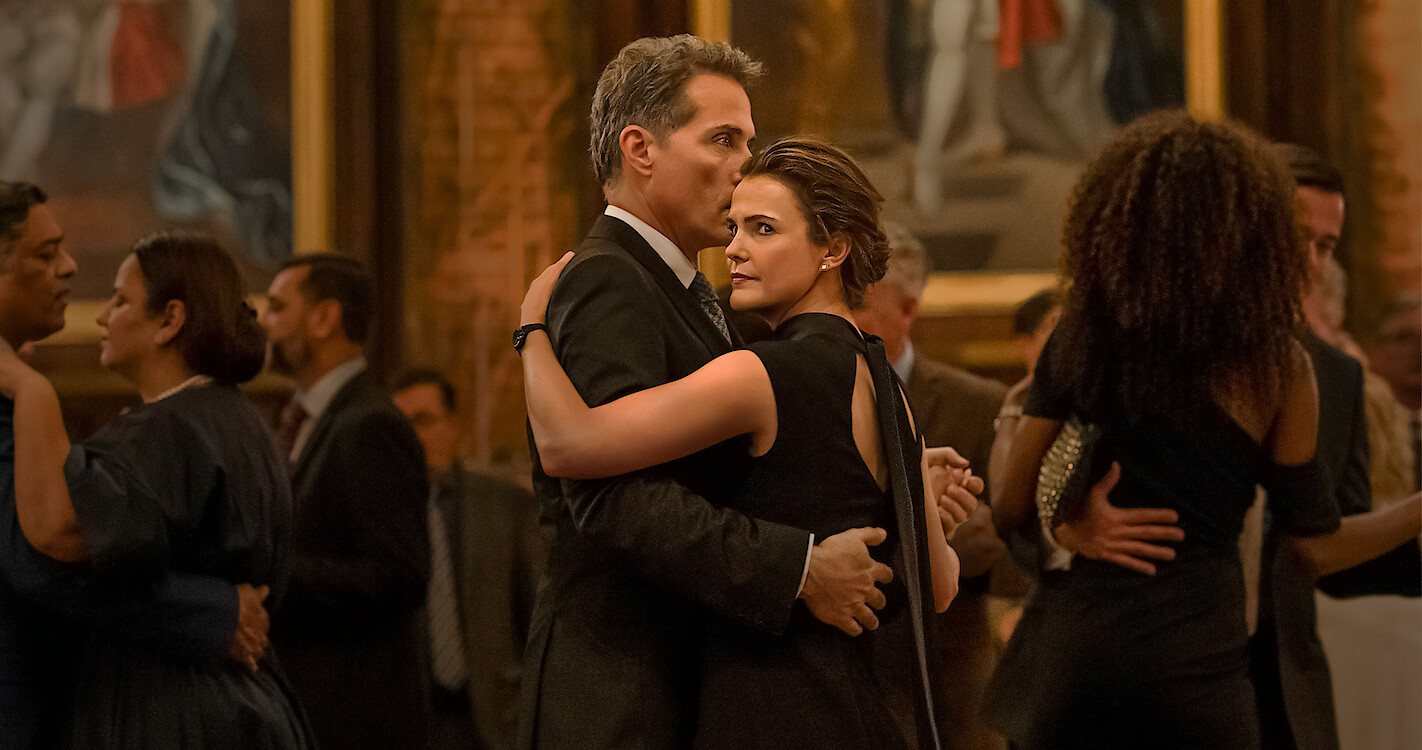
It’s amazing how shows fueled only by fast talk can feel as gripping as any thriller out there. The Diplomat is cerebral and heavy on geopolitical jargon, but somehow, it manages to feel genuinely exciting, each new episode impossible to not play next. Thanks is due in large part to Keri Russell who, fresh out of her incredible stint in The Americans, returns here as messy and intense and endearing as ever. On the one hand, The Diplomat is about the delicacy of diplomacy, about how every decision made at this level has ripples of consequences throughout the globe. But it’s also, amusingly, a marriage story. Russell plays a woman who has long been defined by her more renowned if egotistical husband, played perfectly by Rufus Sewell. They have a complex relationship that is as much a career partnership as it is a romantic one, and part of the show’s charm is blending all these story arcs seamlessly. Fans of West Wing, Veep, and Homeland will find much to like in this series, especially because of its informative takes and engaging performances.
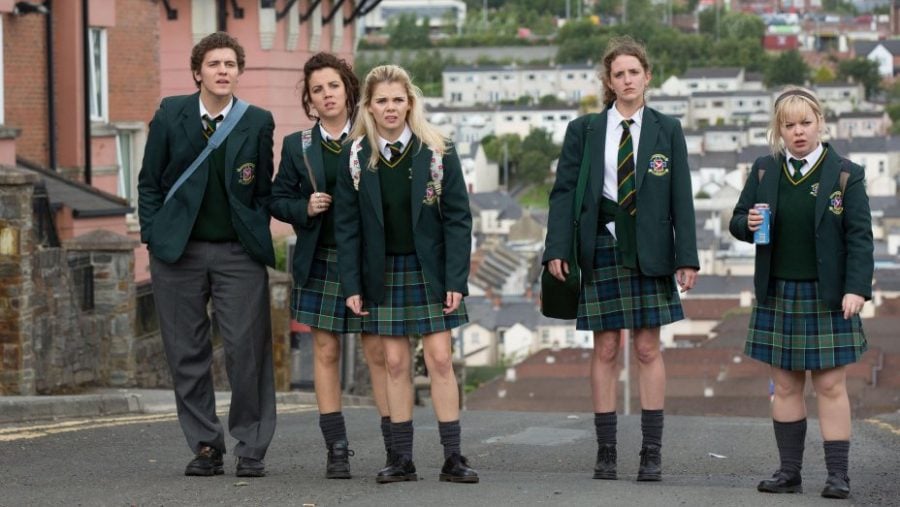
If you’re looking for a funny yet original sitcom, look no further than Derry Girls.
It takes place in 1990s Northern Ireland where civil unrest reigns. News of bombings is regular. This is a cause for concern for a lot of people, but for one group of teenage girls life continues as usual. Making fun of the first boy at their all girls school and being embarrassed by crushes are unshakable priorities.
Derry Girls might have been a good show with just the 90s nostalgia and the political undertone, but the sharp and hilarious writing elevate it to greatness. It is truly one of the best sitcoms ever made. If you liked The End of the F***ing World, you will enjoy Derry Girls. They differ in plot but they both carry similar elements of dark and dry humour.
Watch out for Sister Michael, she is hilarious.
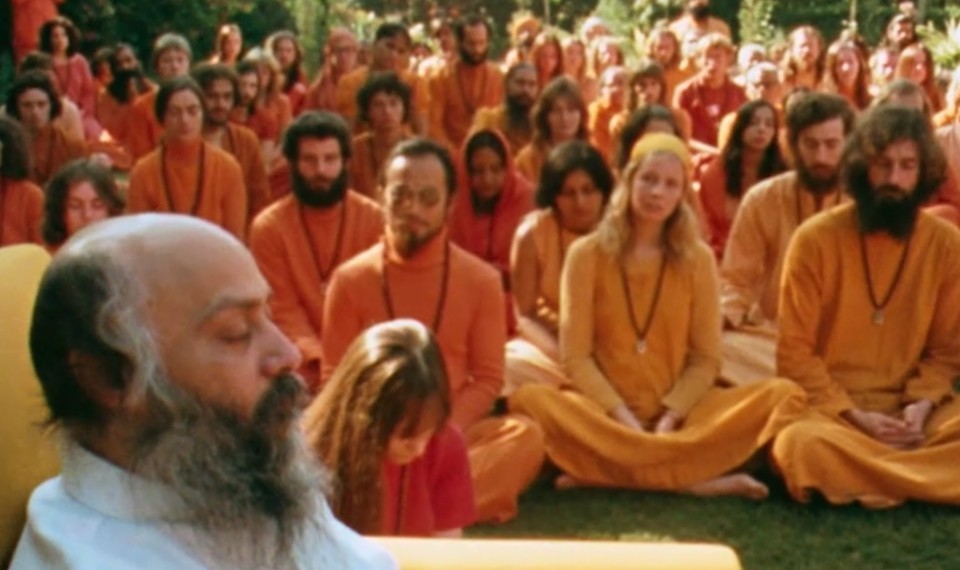
Wild Wild Country follows the relocation of a hippie cult from India to Oregon in 1981. You haven’t heard of Wasco Country? Nor had anybody else back then. This ghost town with a handful of god-fearing inhabitants, soon became Rajneeshpuram, the cult’s new homestead, home to a thousand disciples, and the subject of nationwide media attention. Spoiler: the town’s old residents did not think much of it.
Will there be debaucherous orgies, long-haired drop-outs, preaching and chanting? Yes. But, through historical footage and interviews with contemporaries, including Ma Anand Sheela, the power-hungry secretary of the orange-clad guru, you will also be absorbed by chemical weapons and attempted murder, one of the biggest immigration fraud case in US history, and, of course, the mysterious and not-so-mysterious ways that a charismatic cult attracts and manipulates its followers. Across six one-hour episodes, this Netflix miniseries by brothers Maclain and Chapman Way gives a captivating, exhaustive, and powerful account of one of the stranger moments in American media history.


